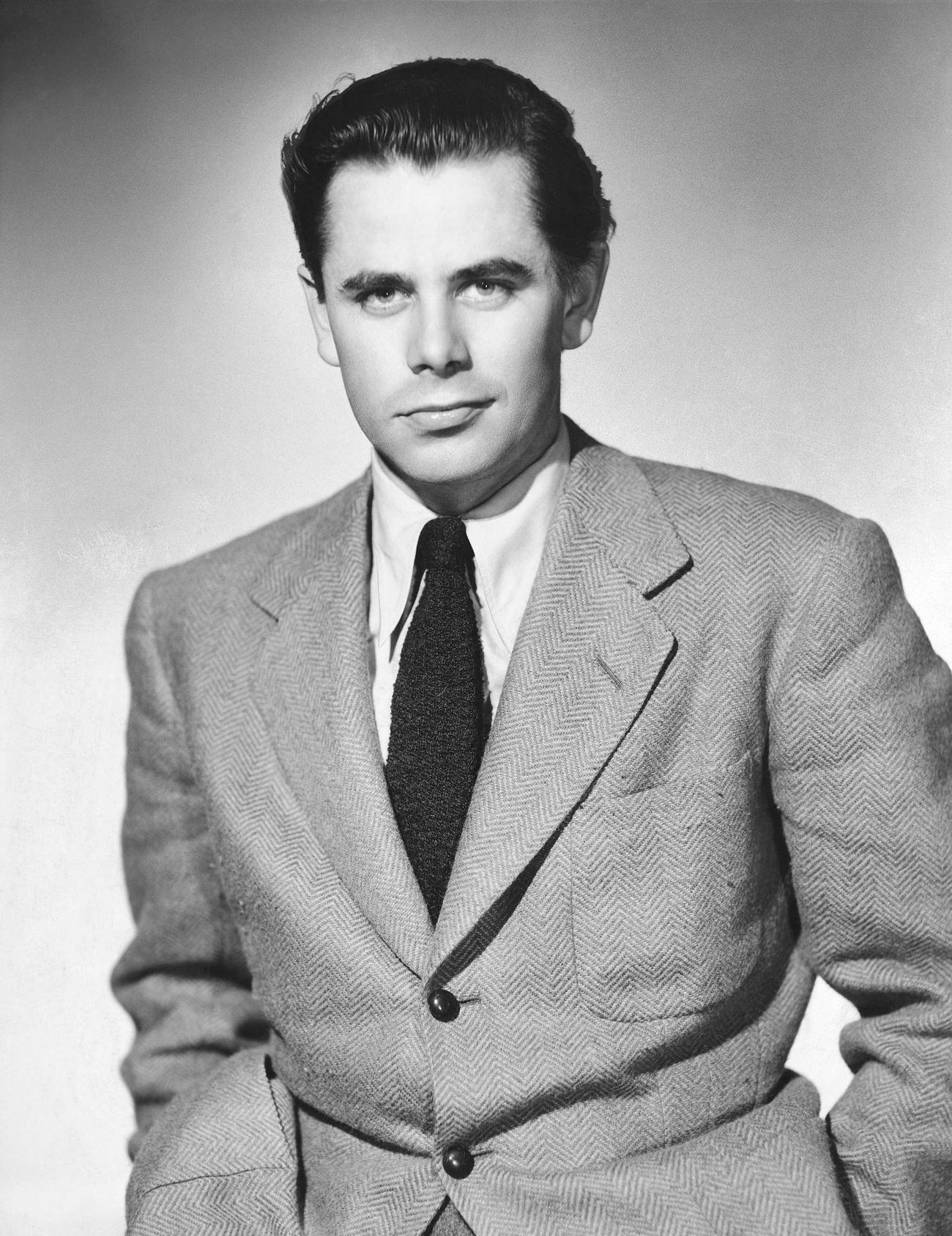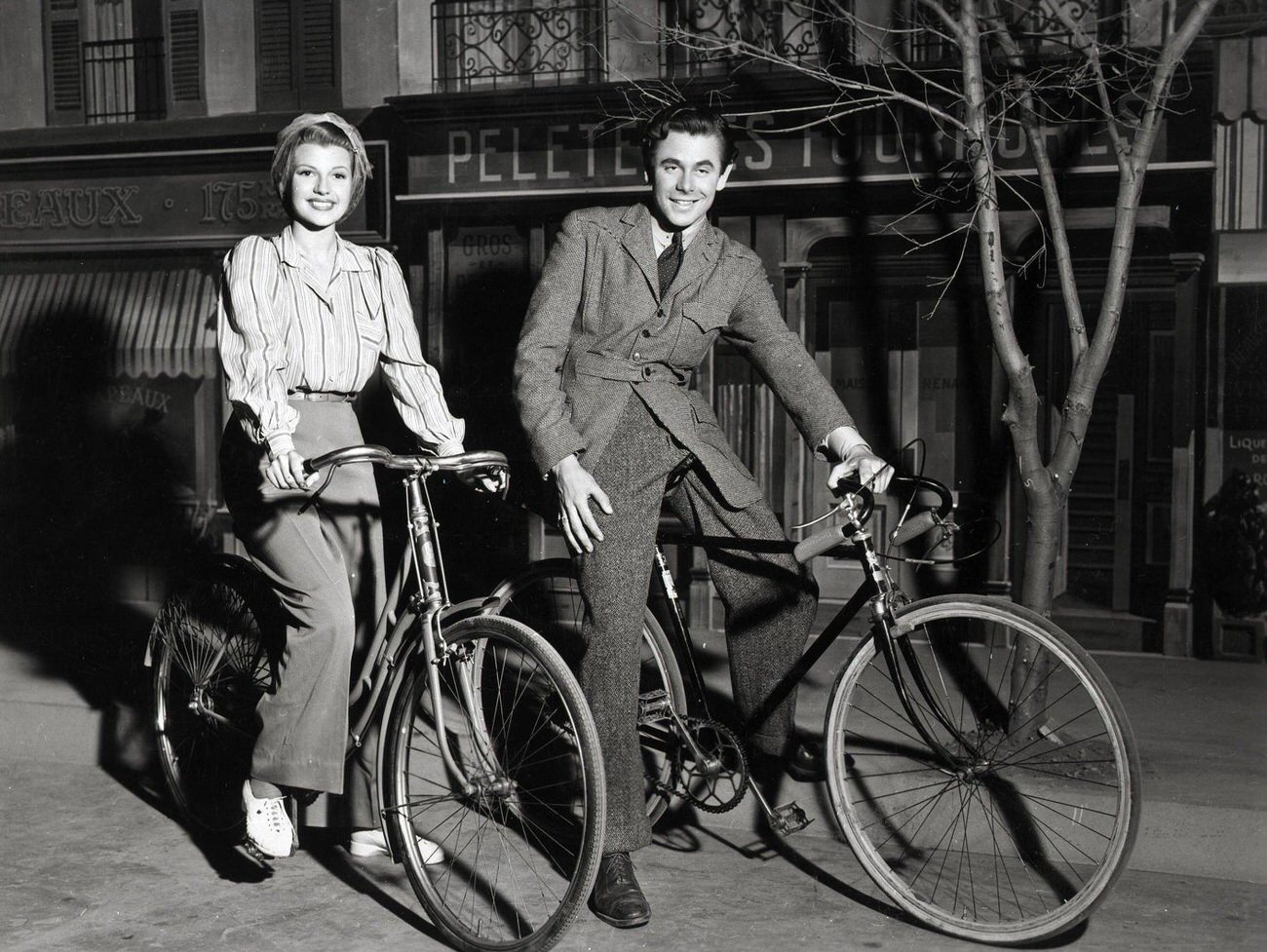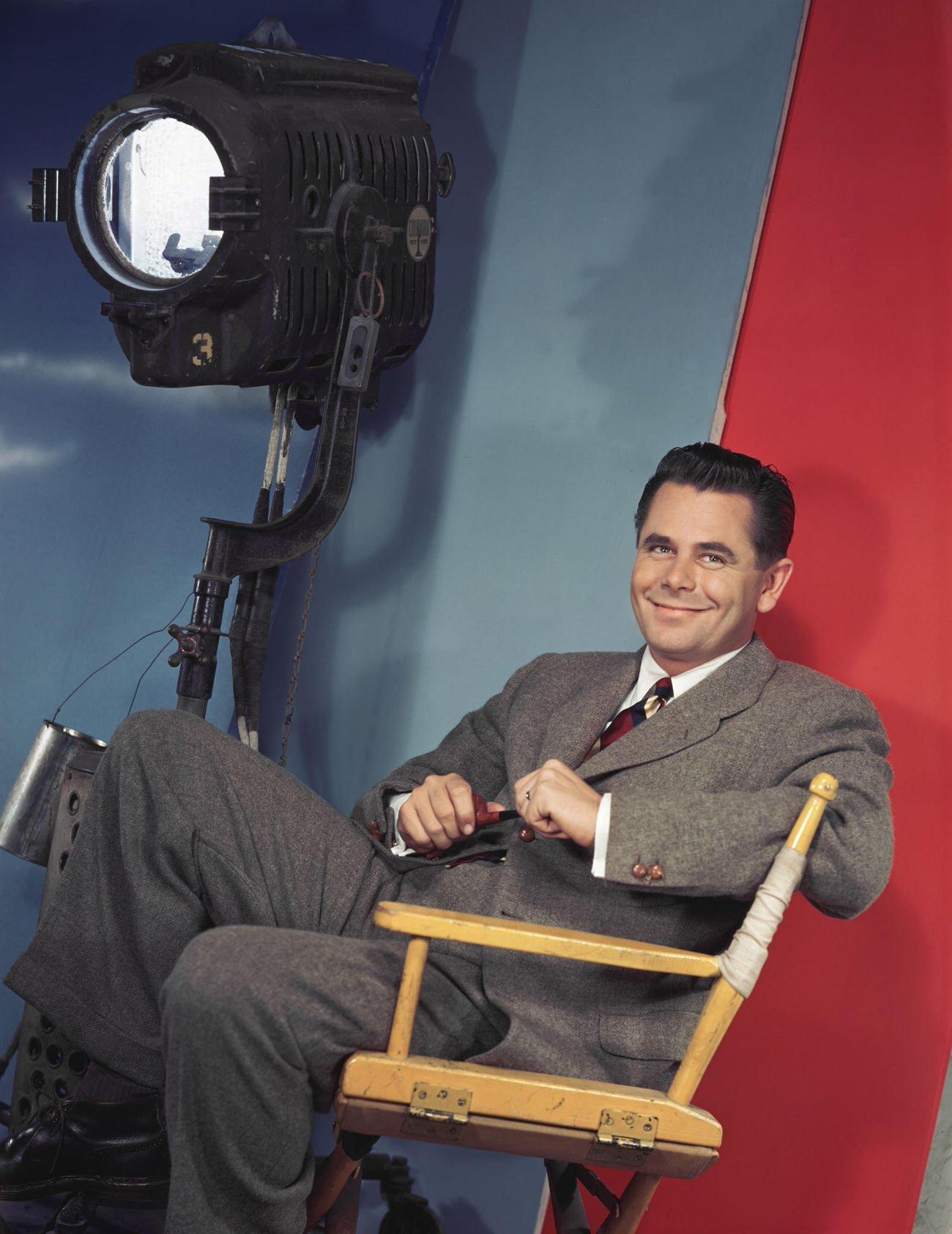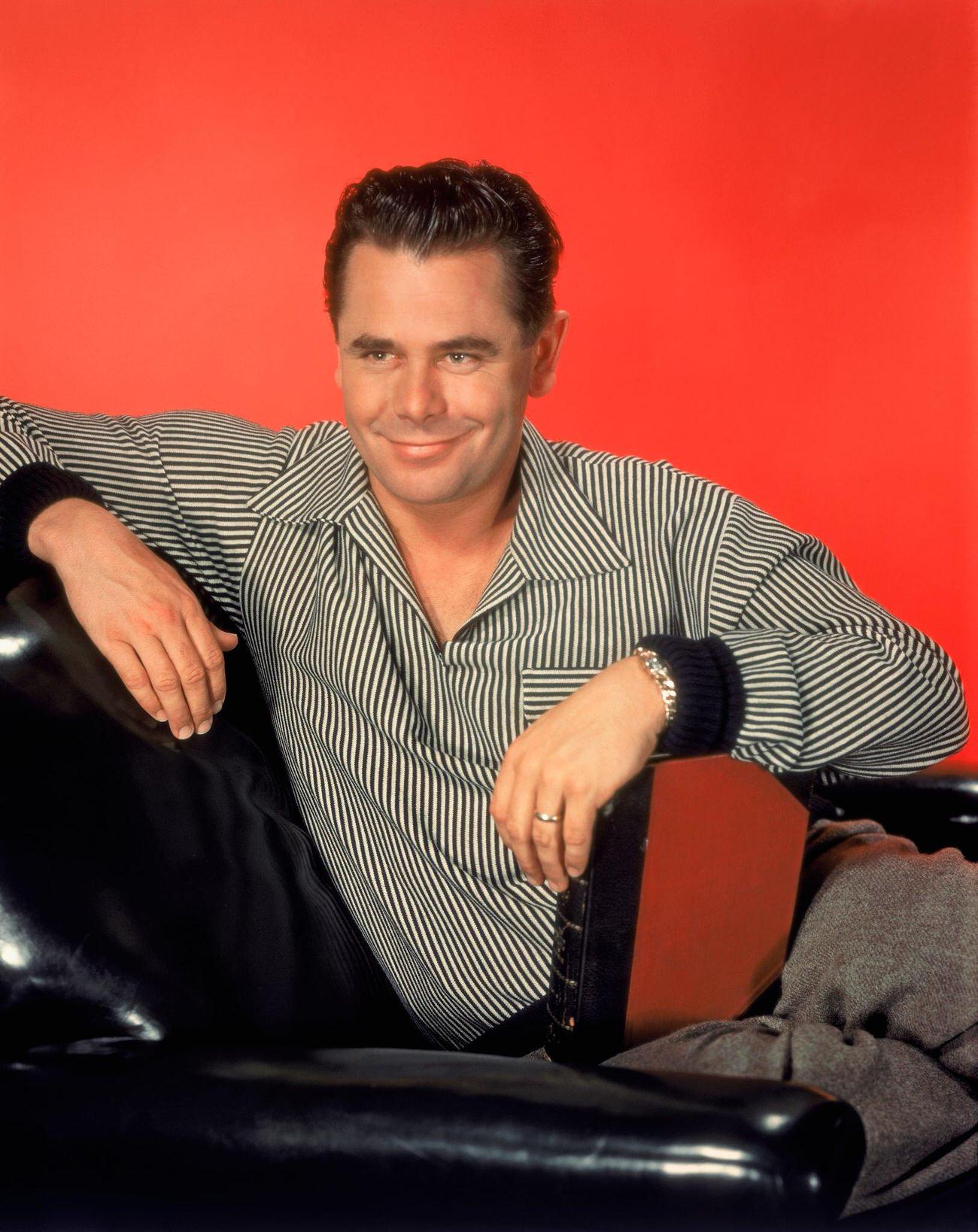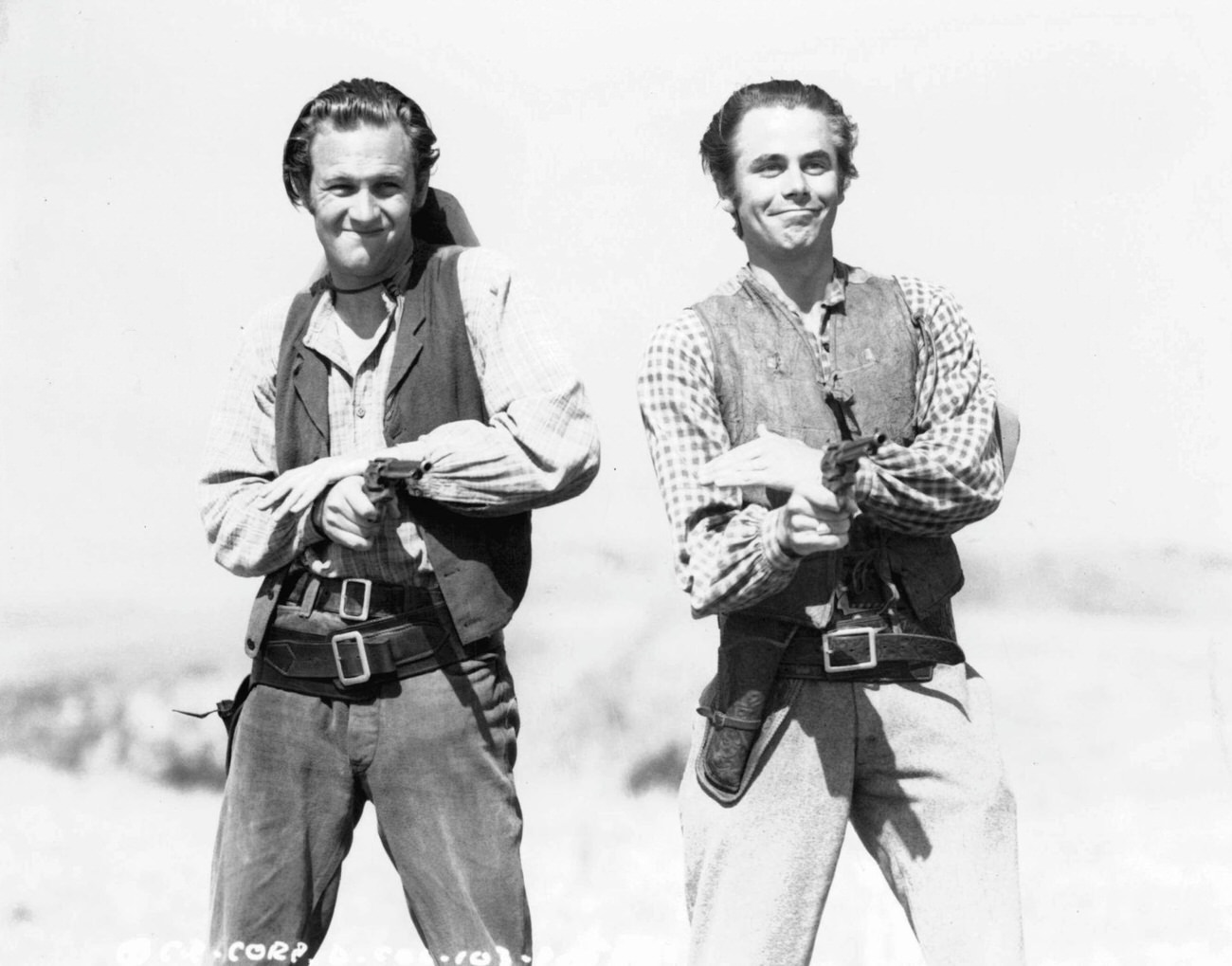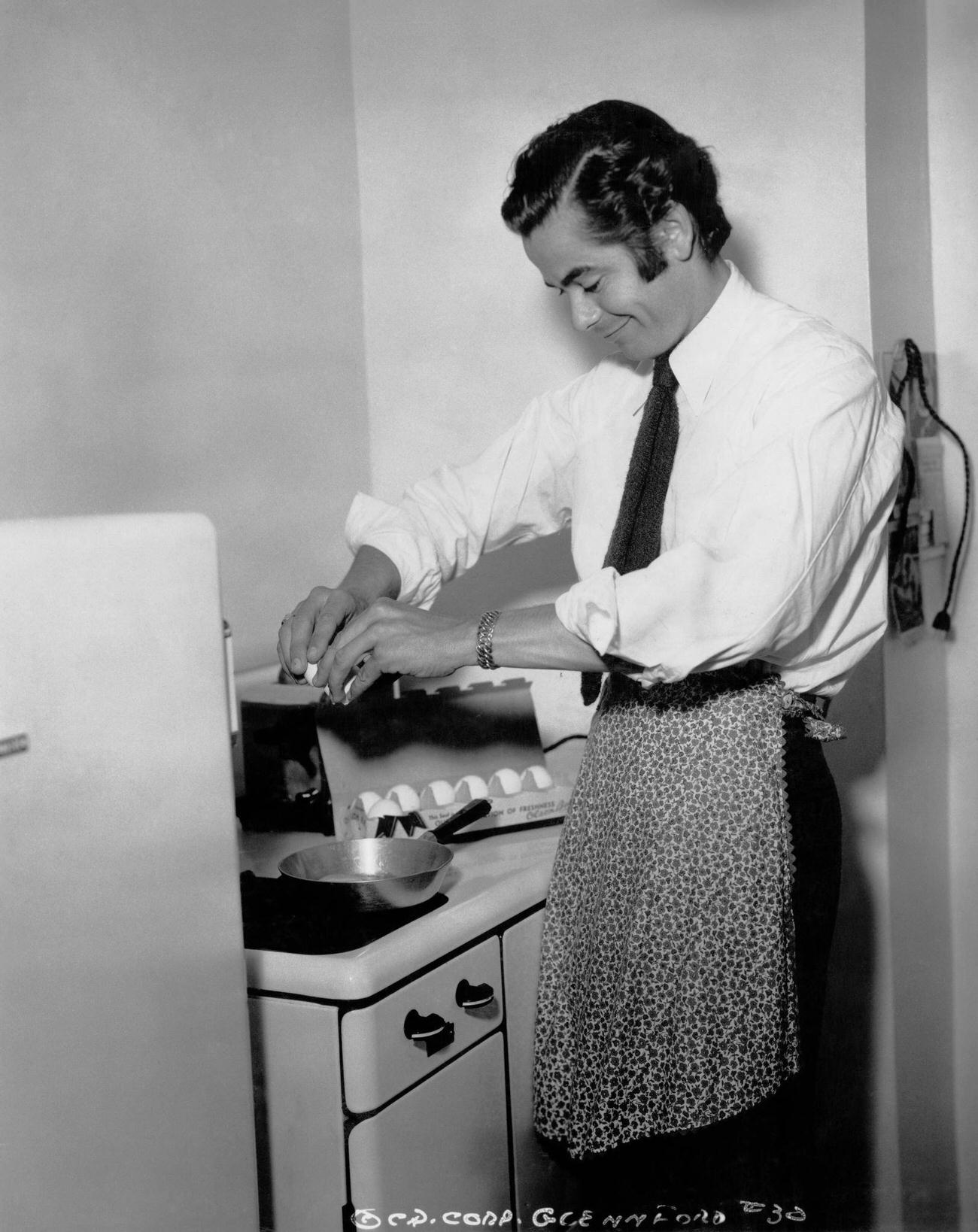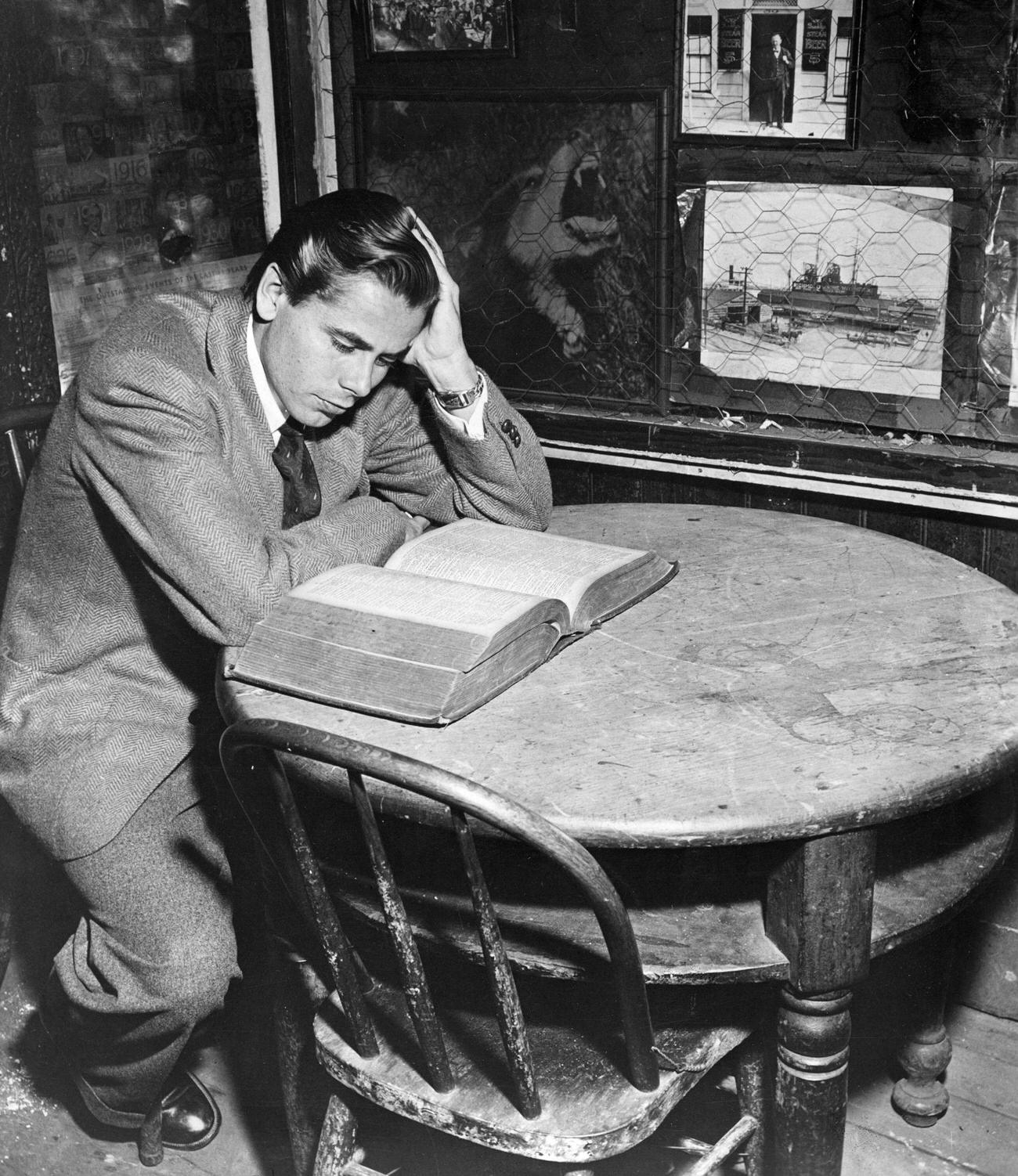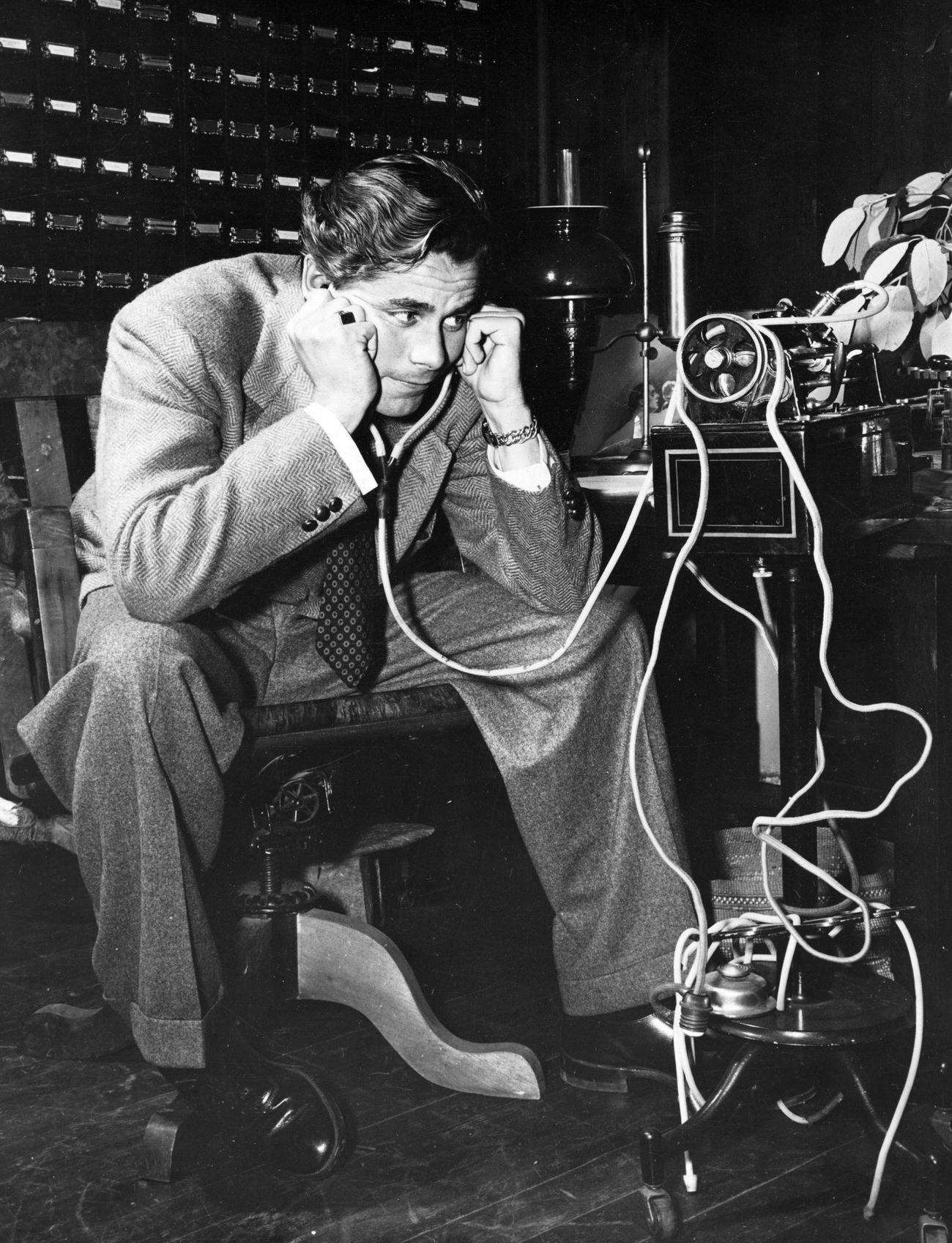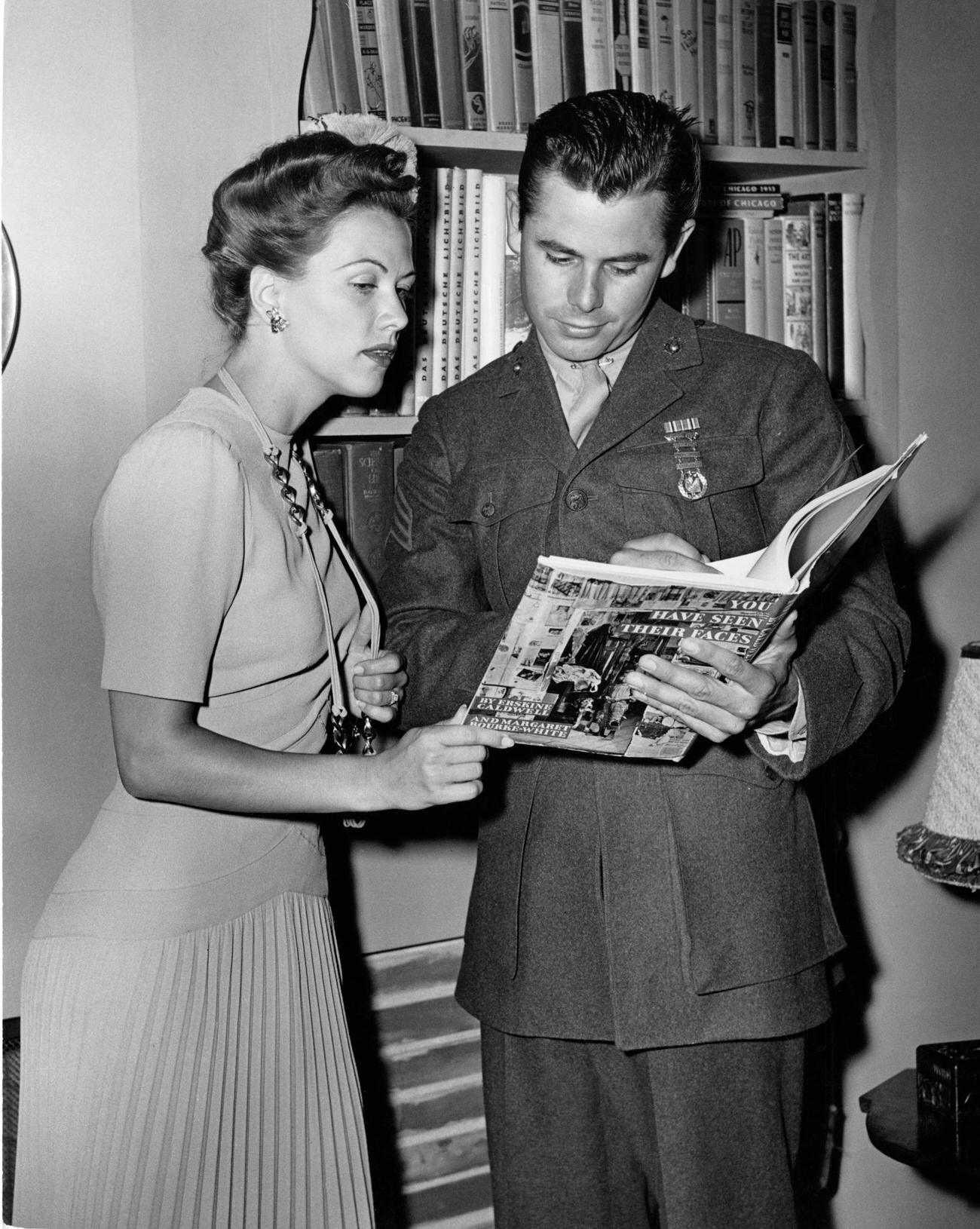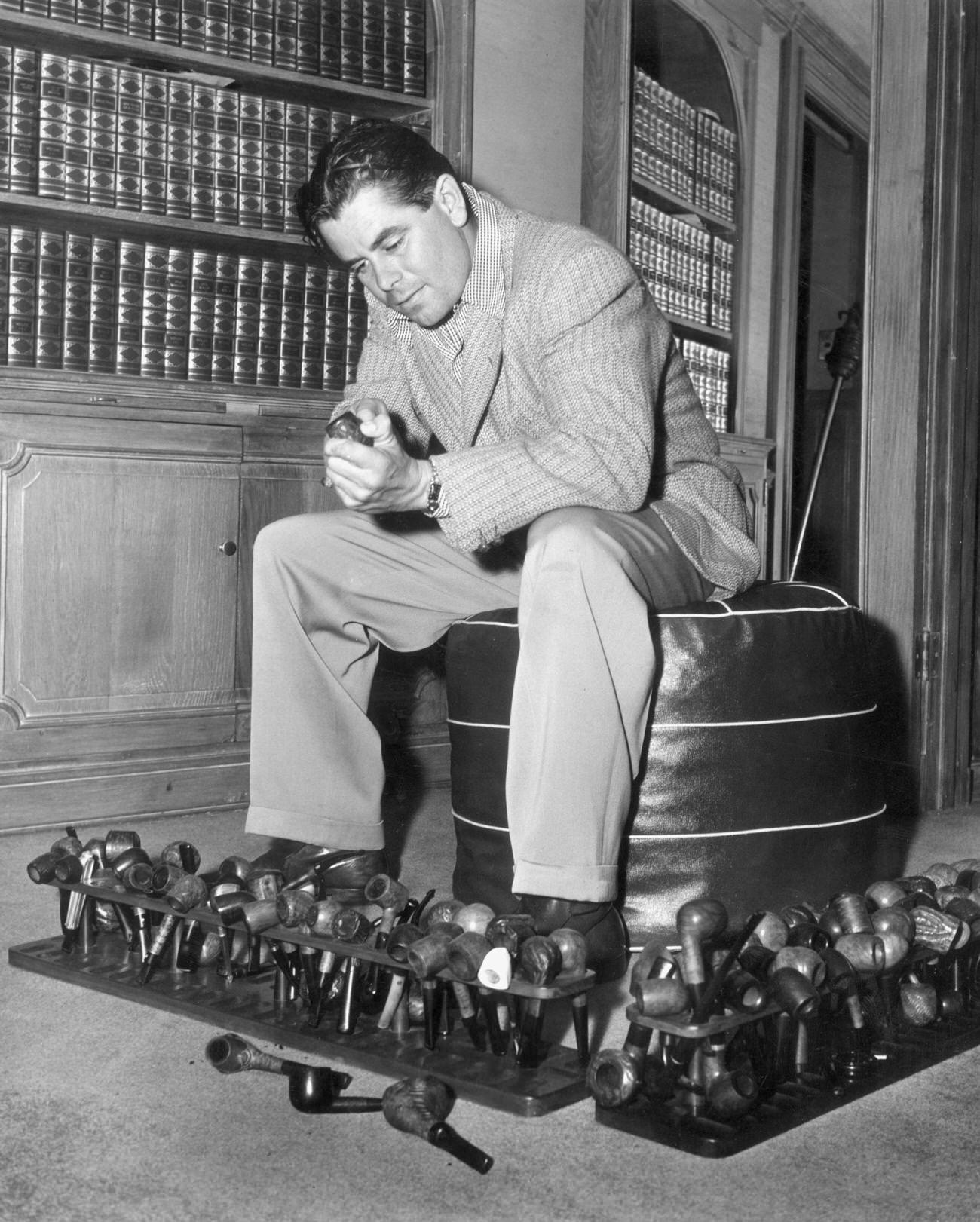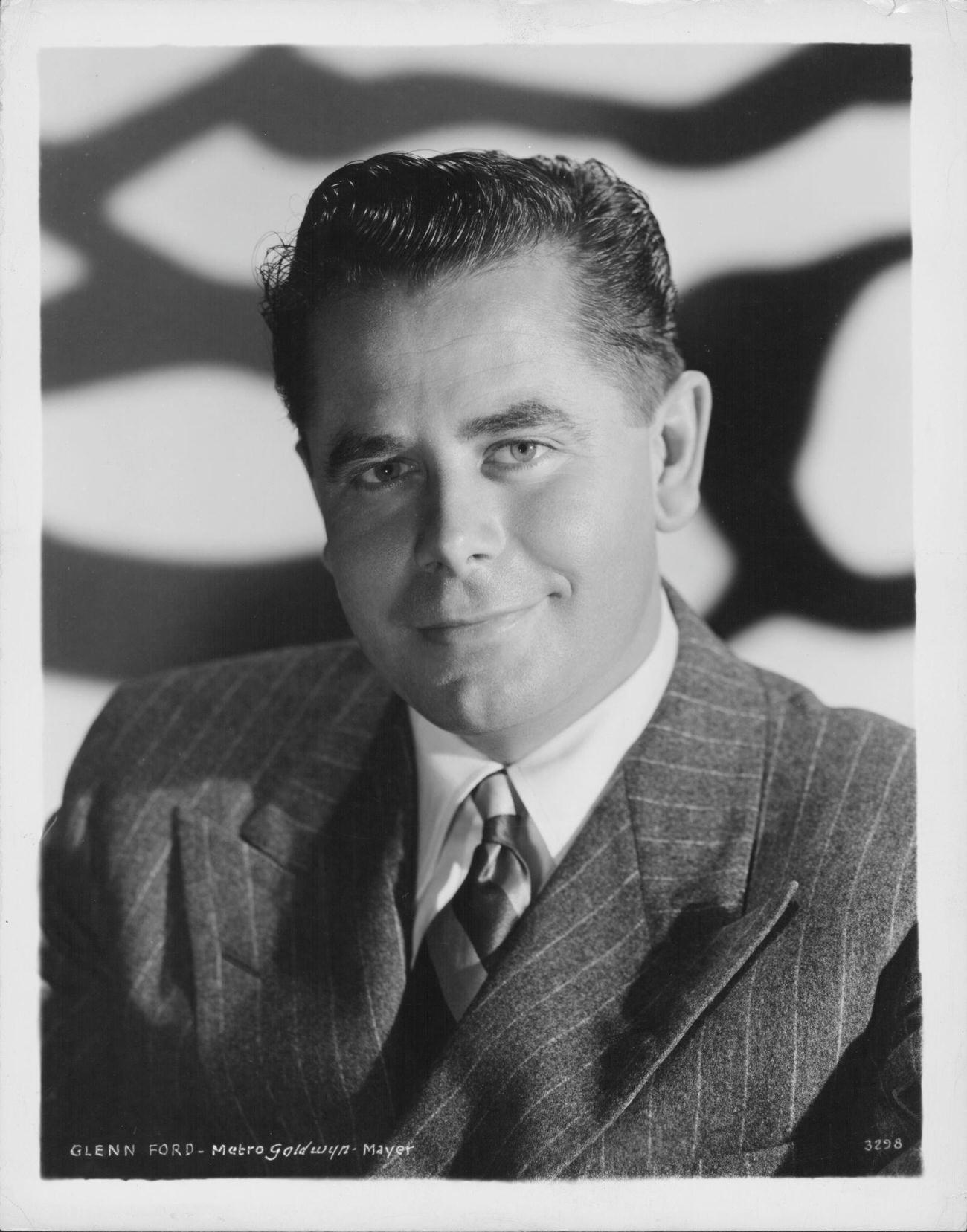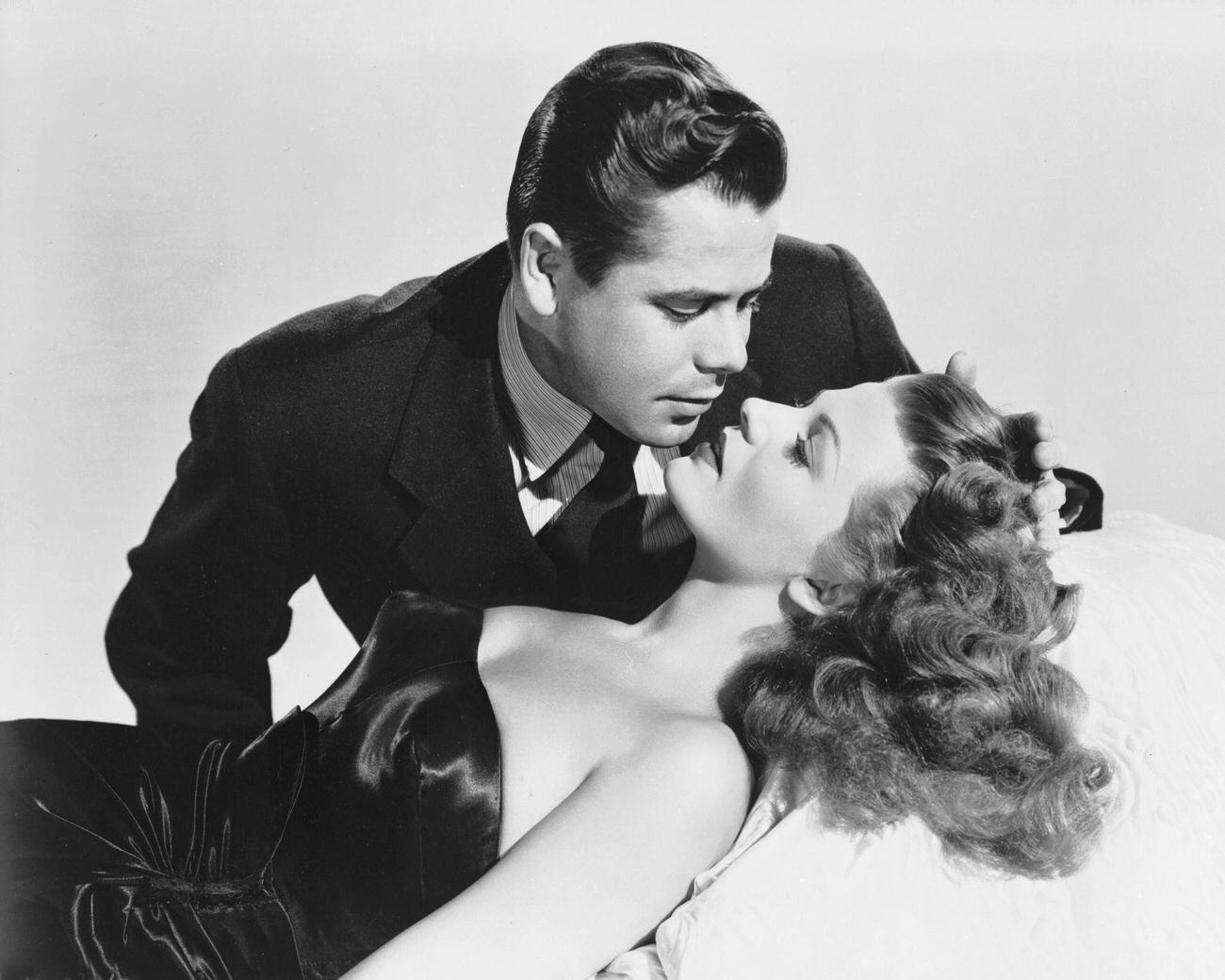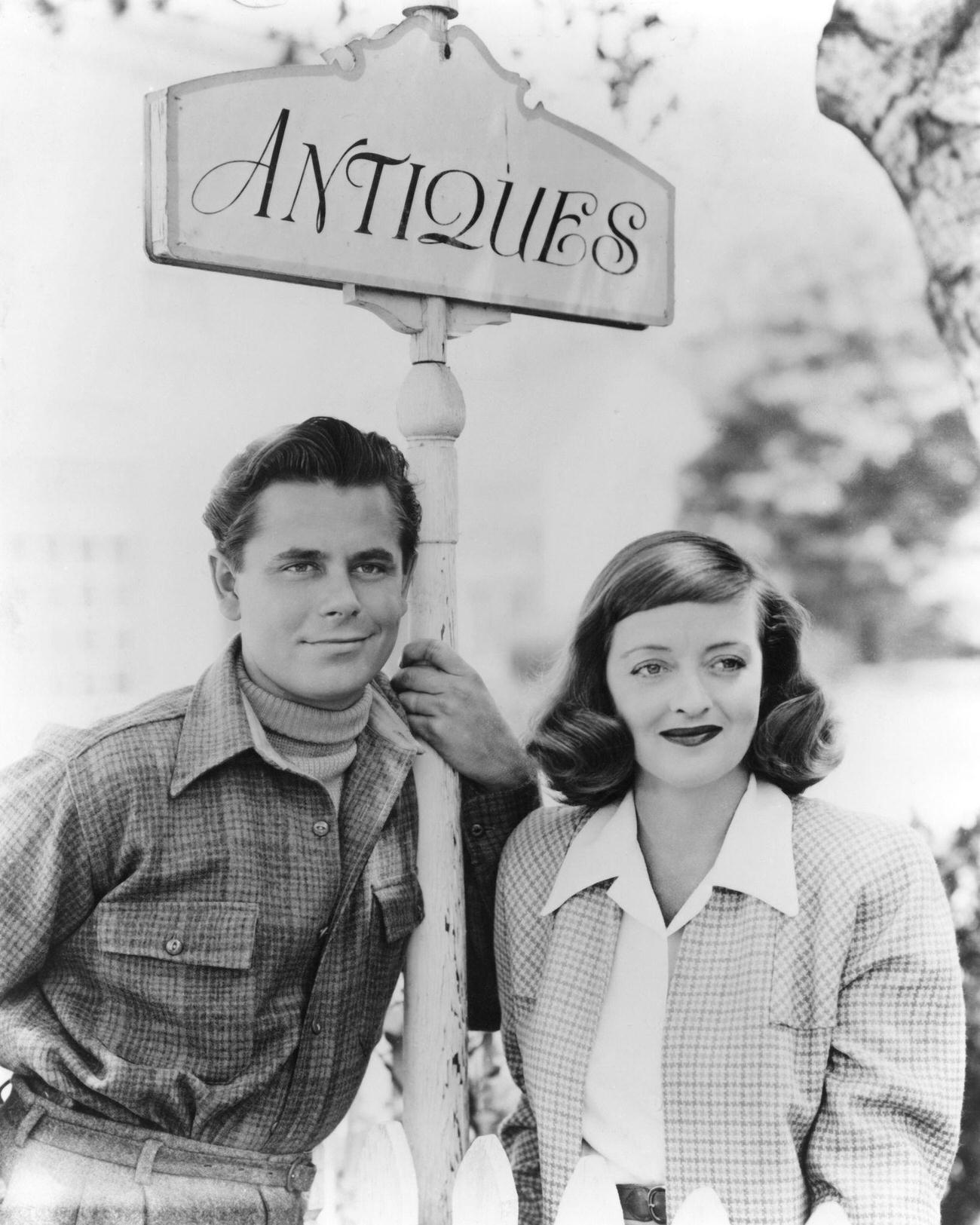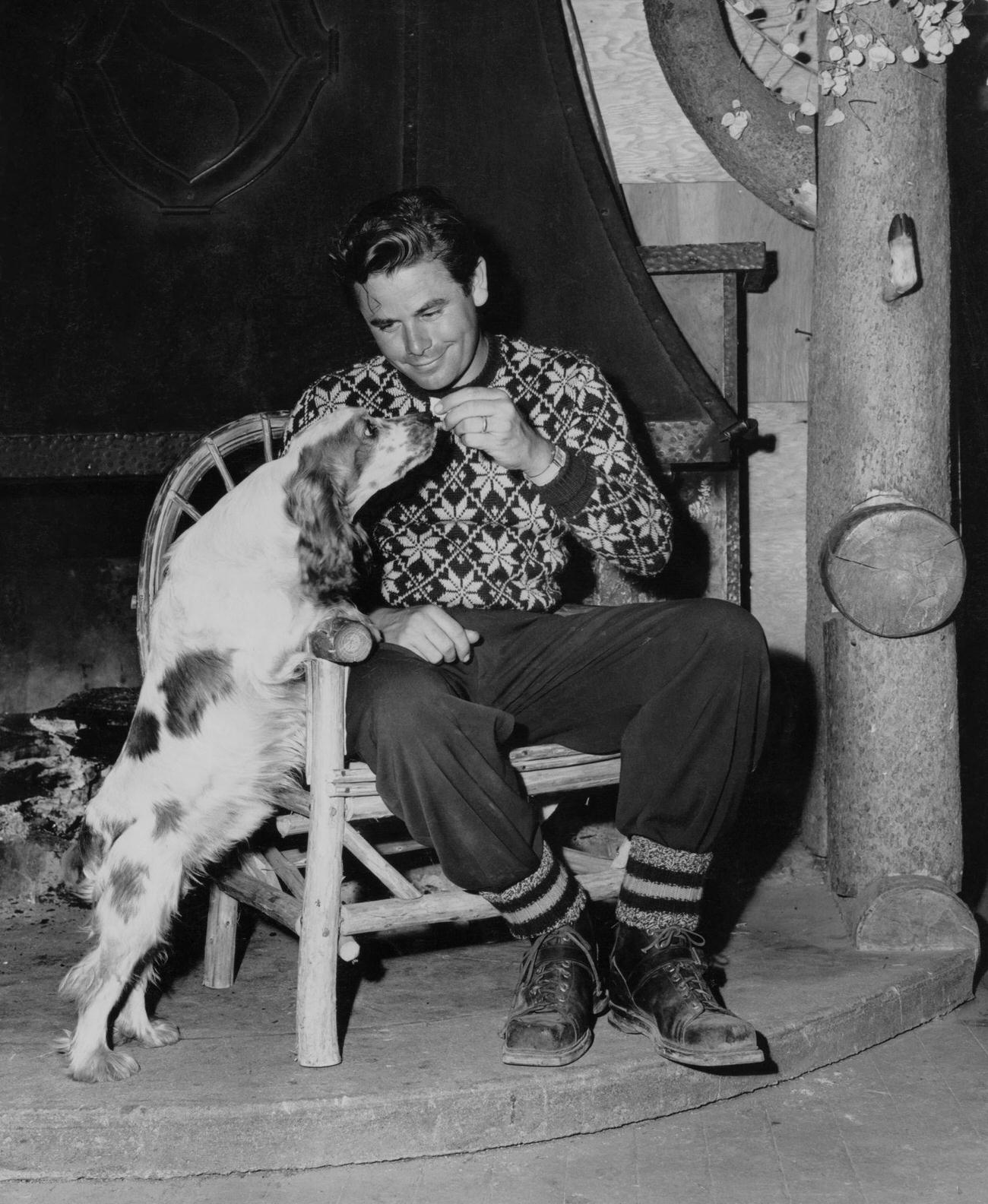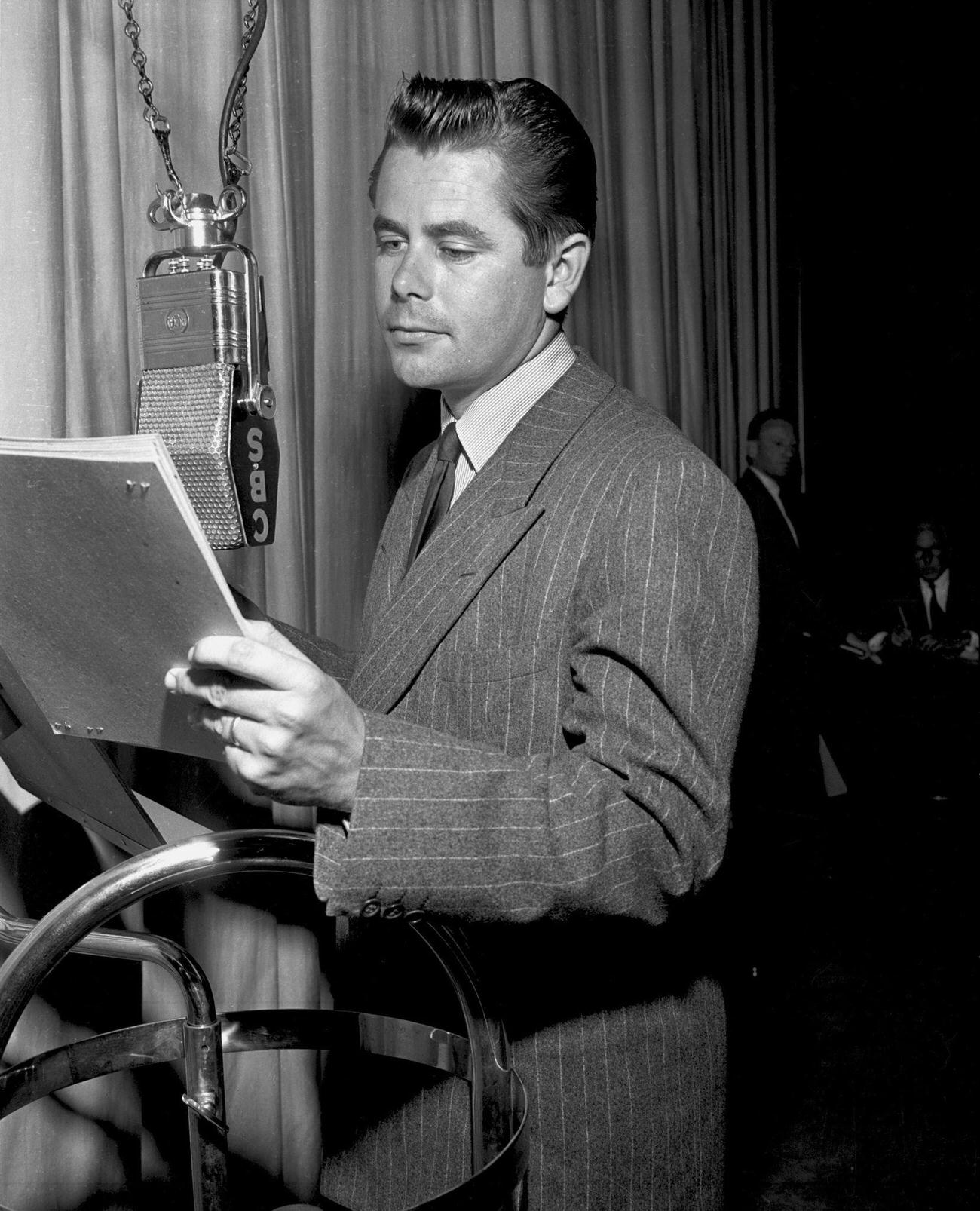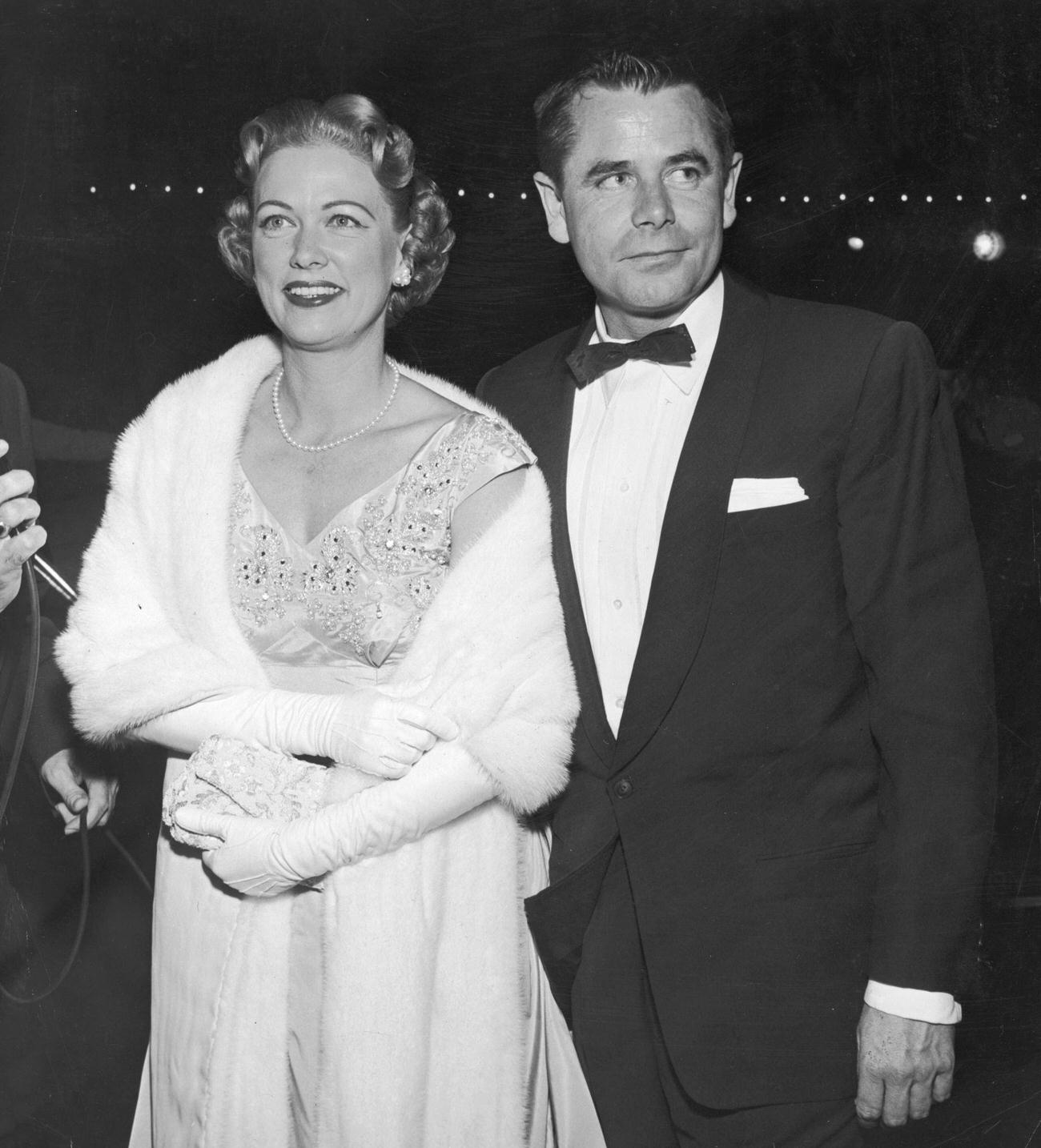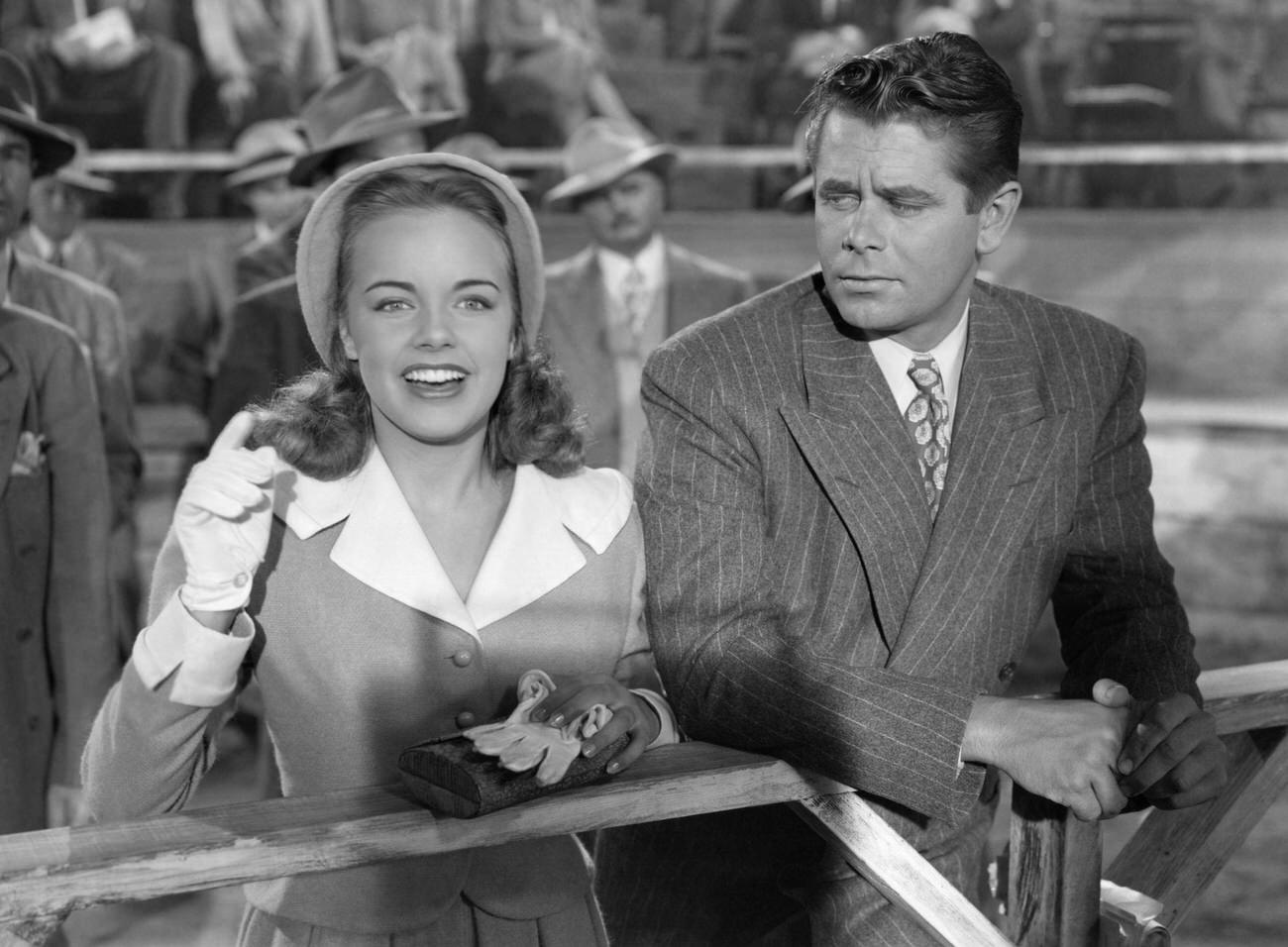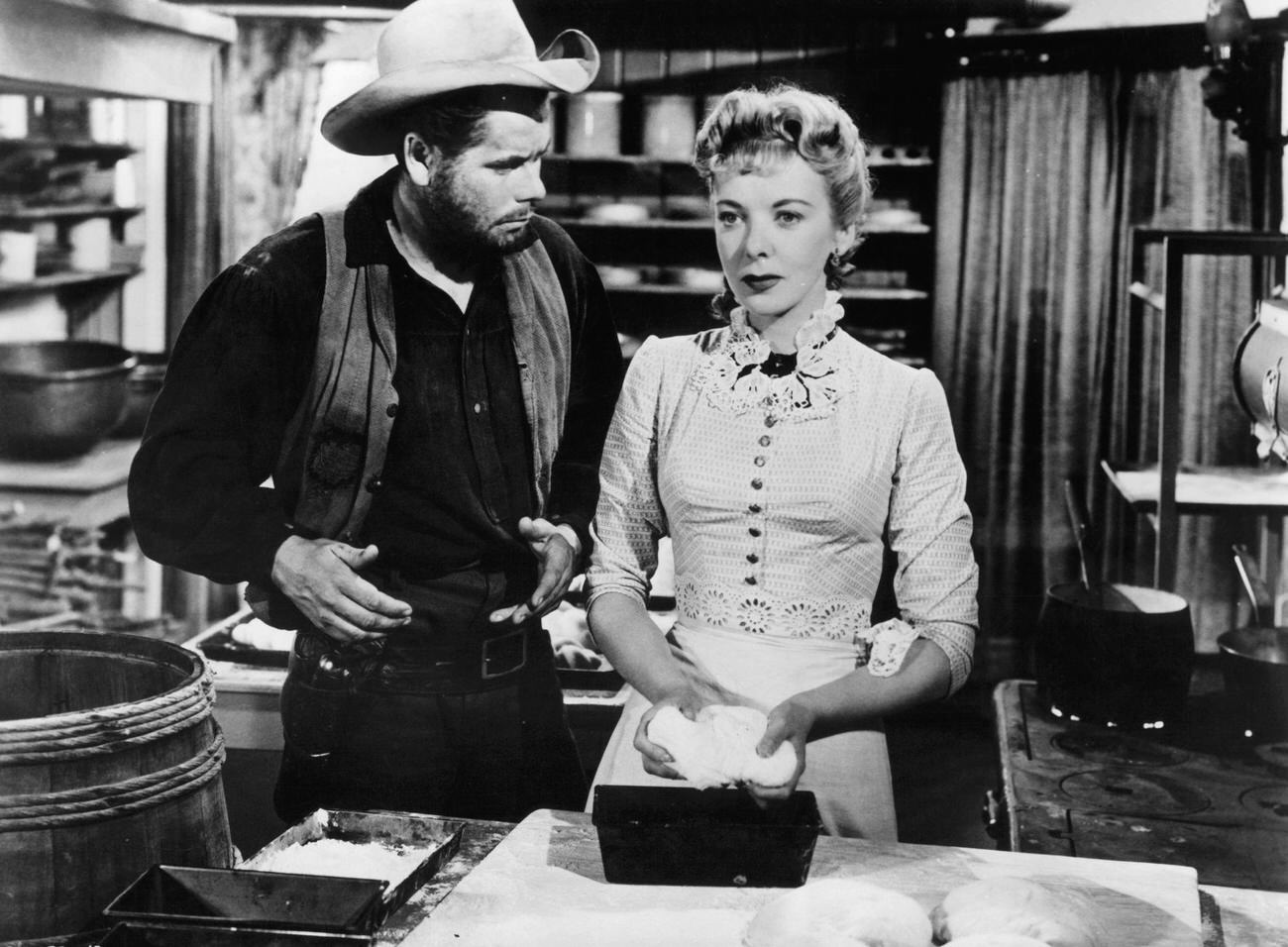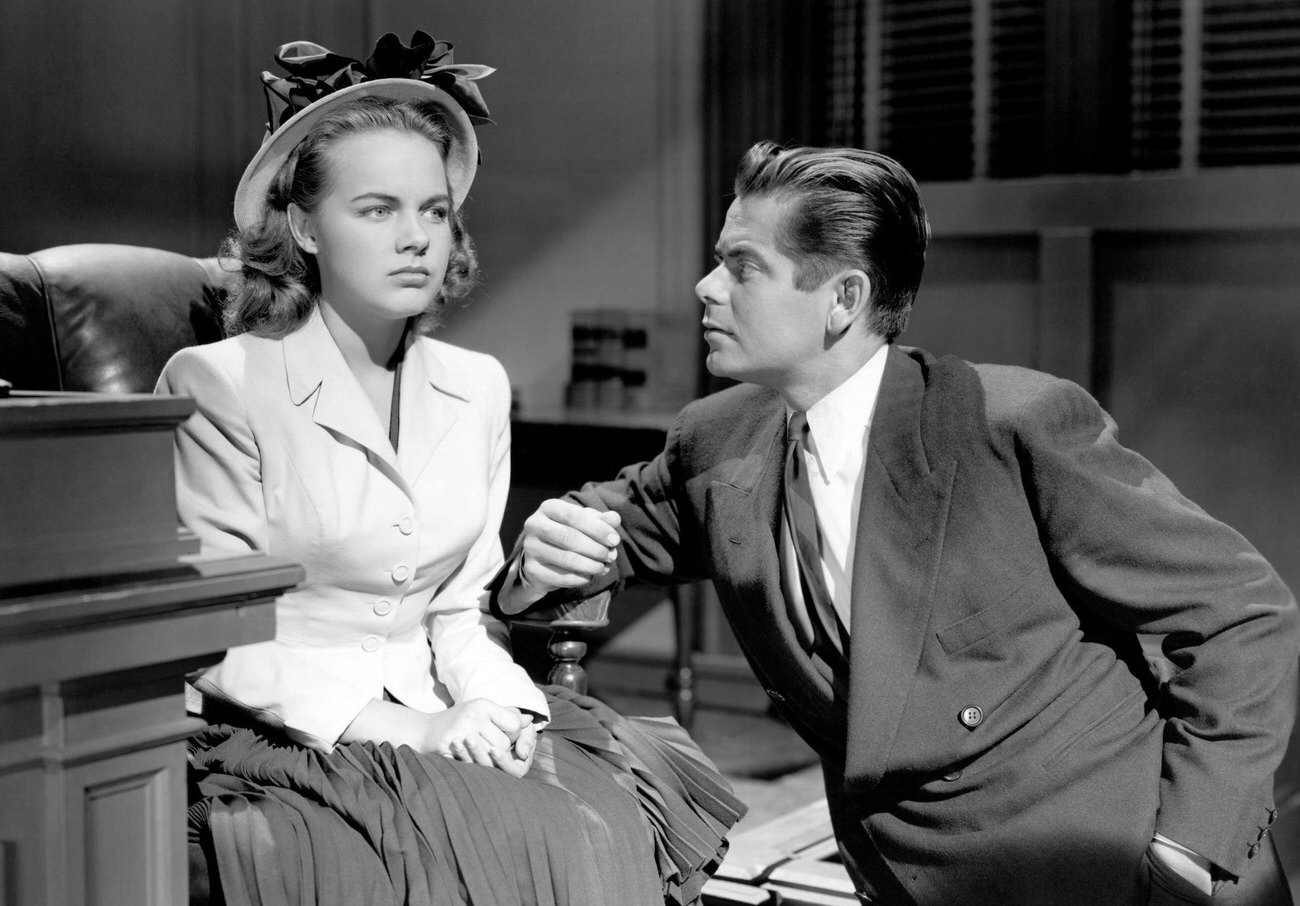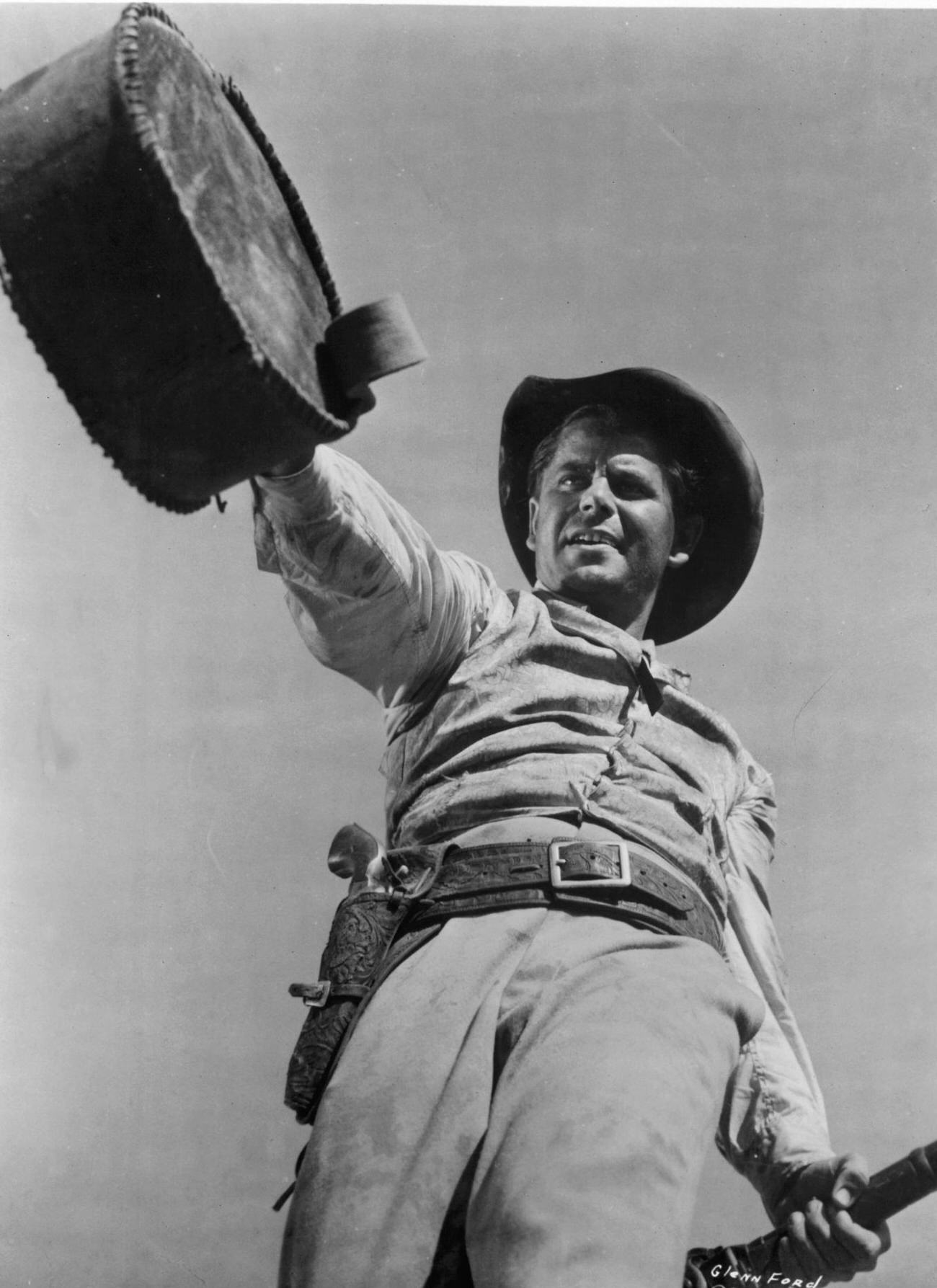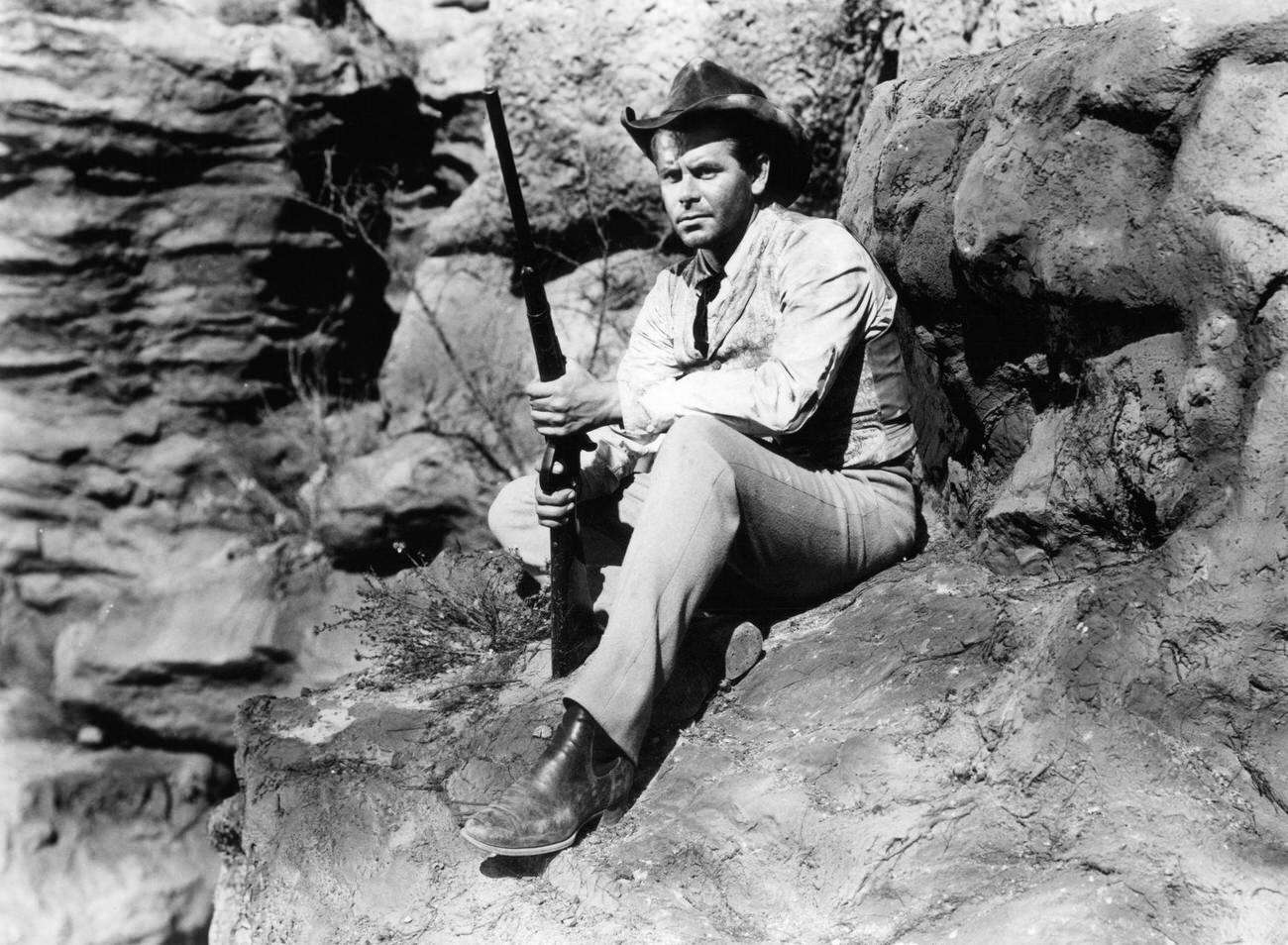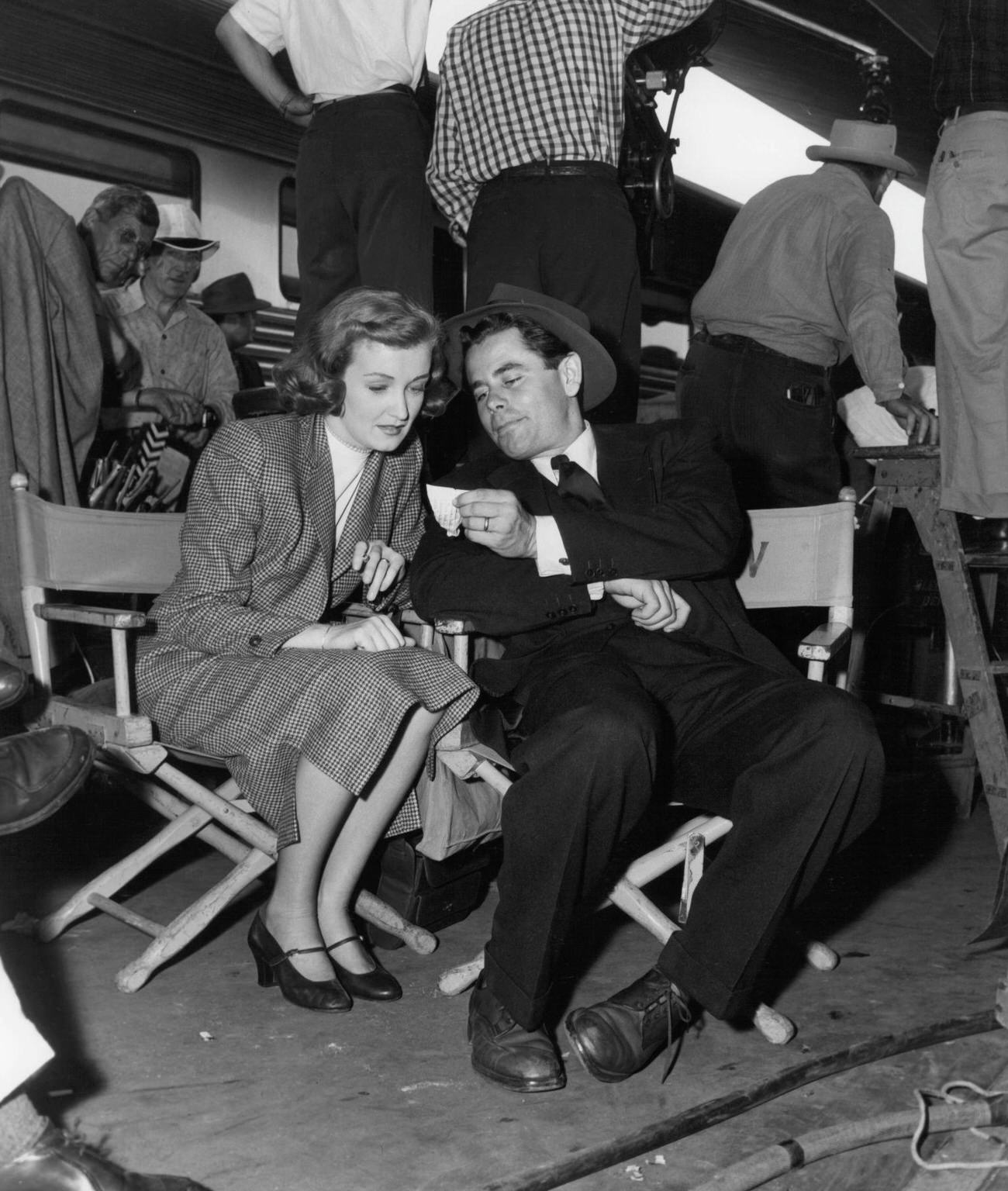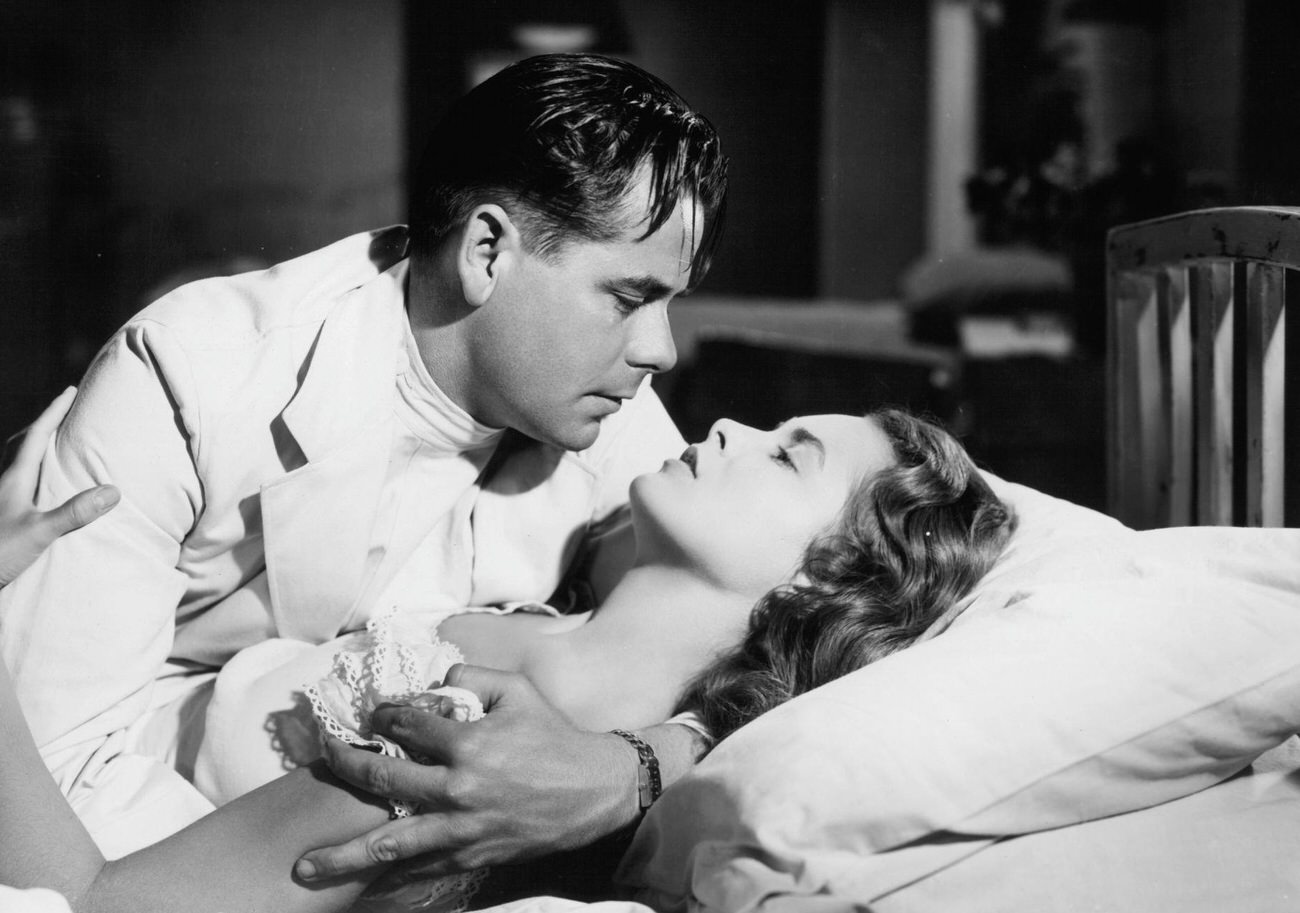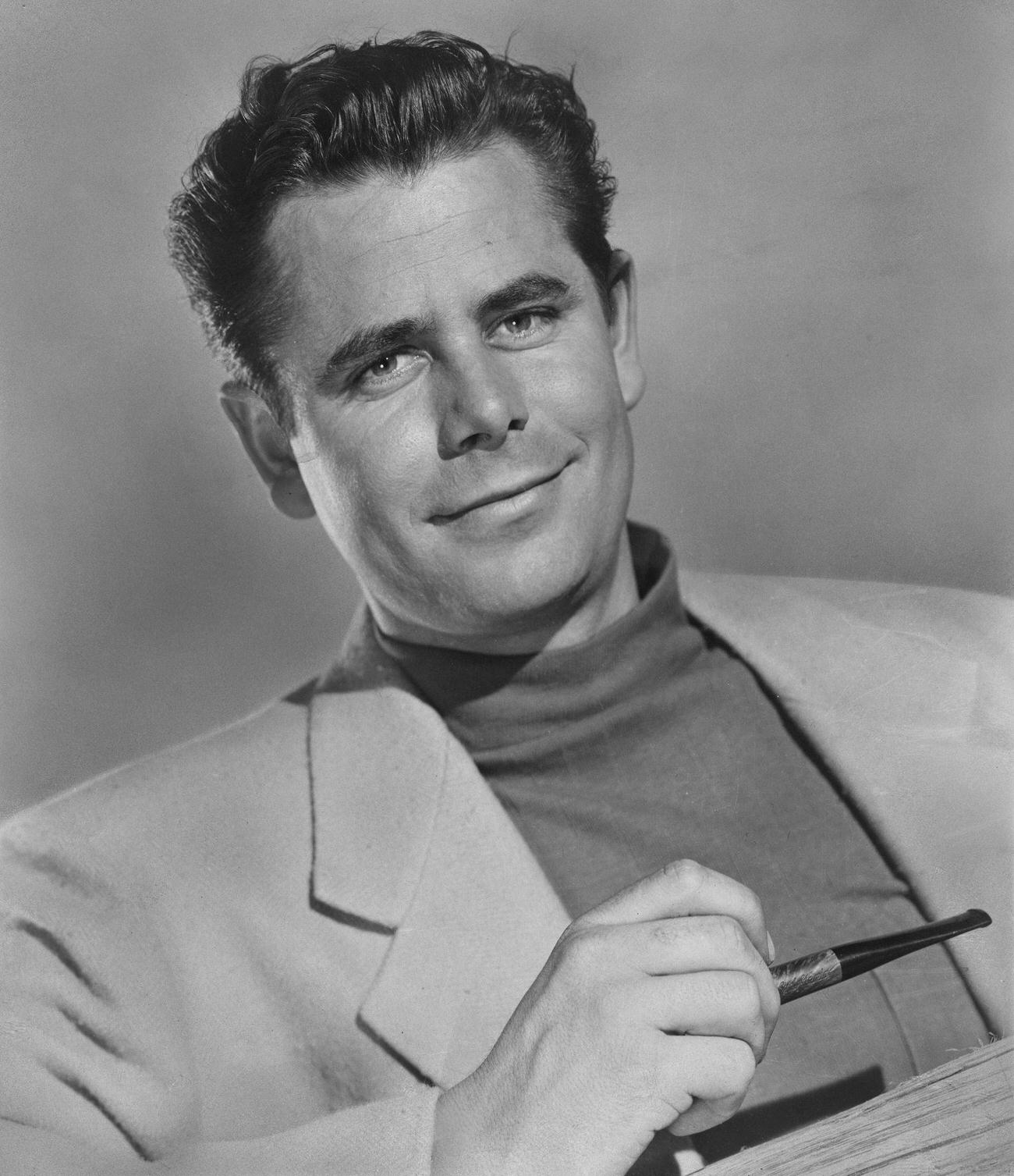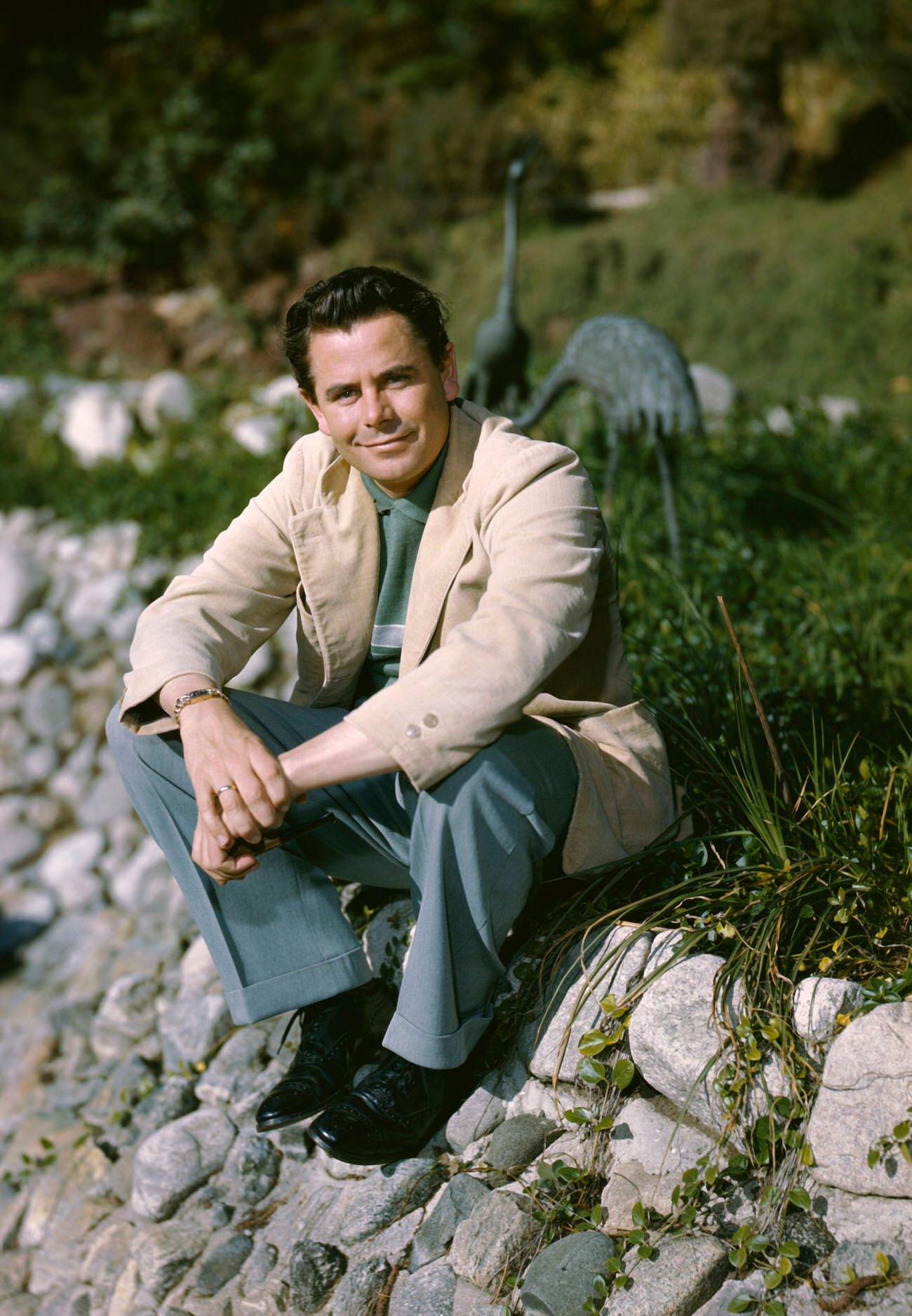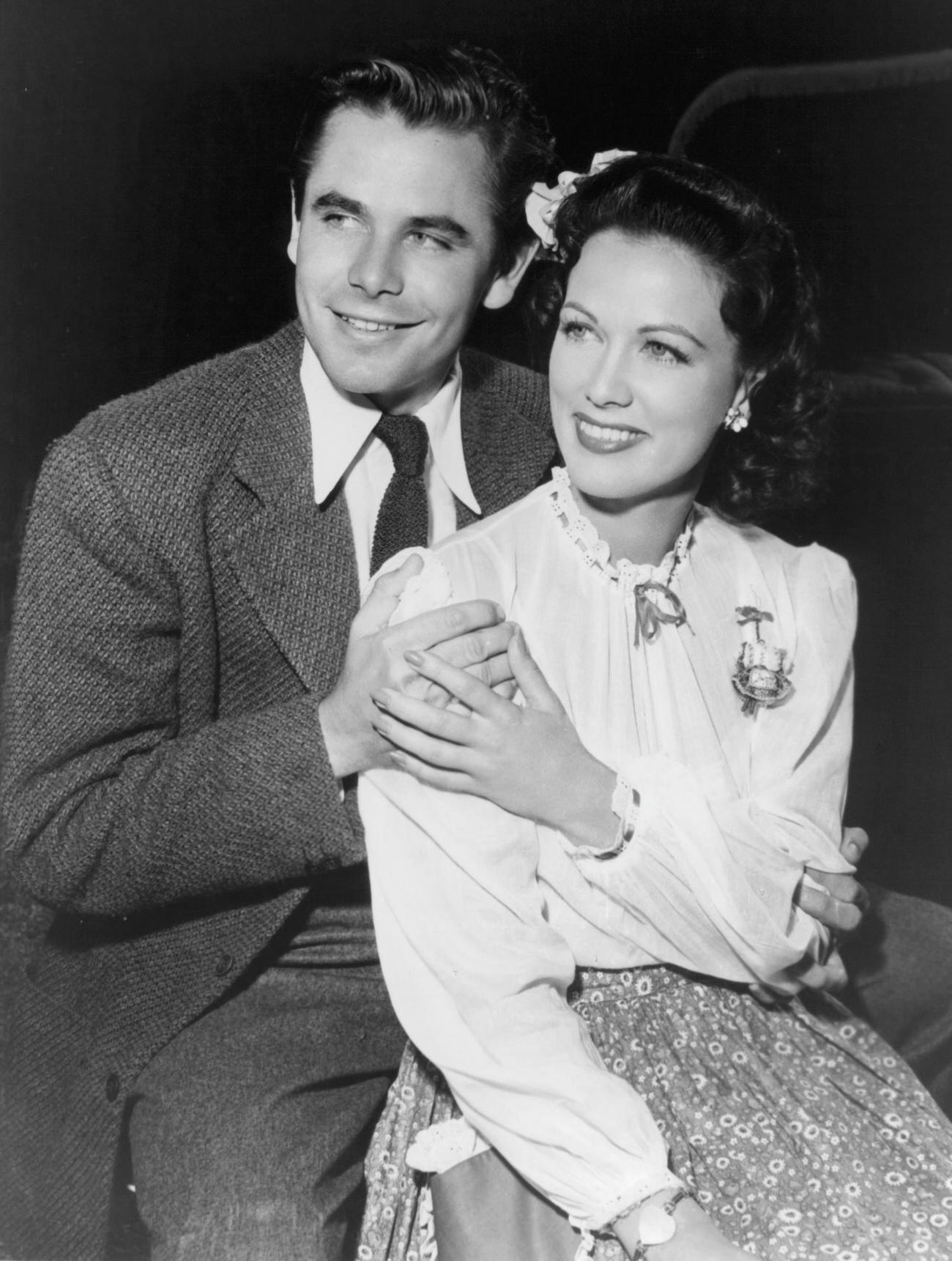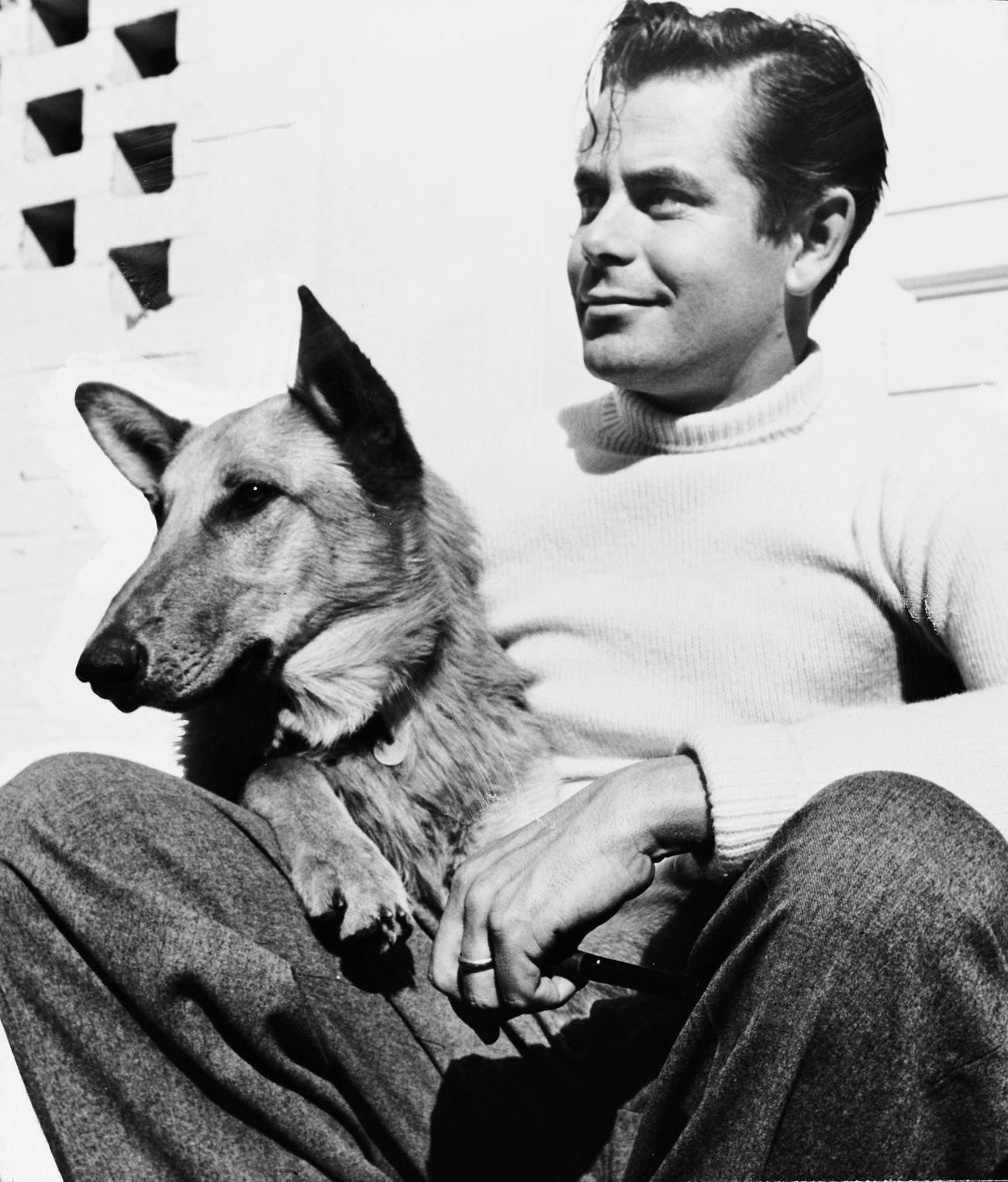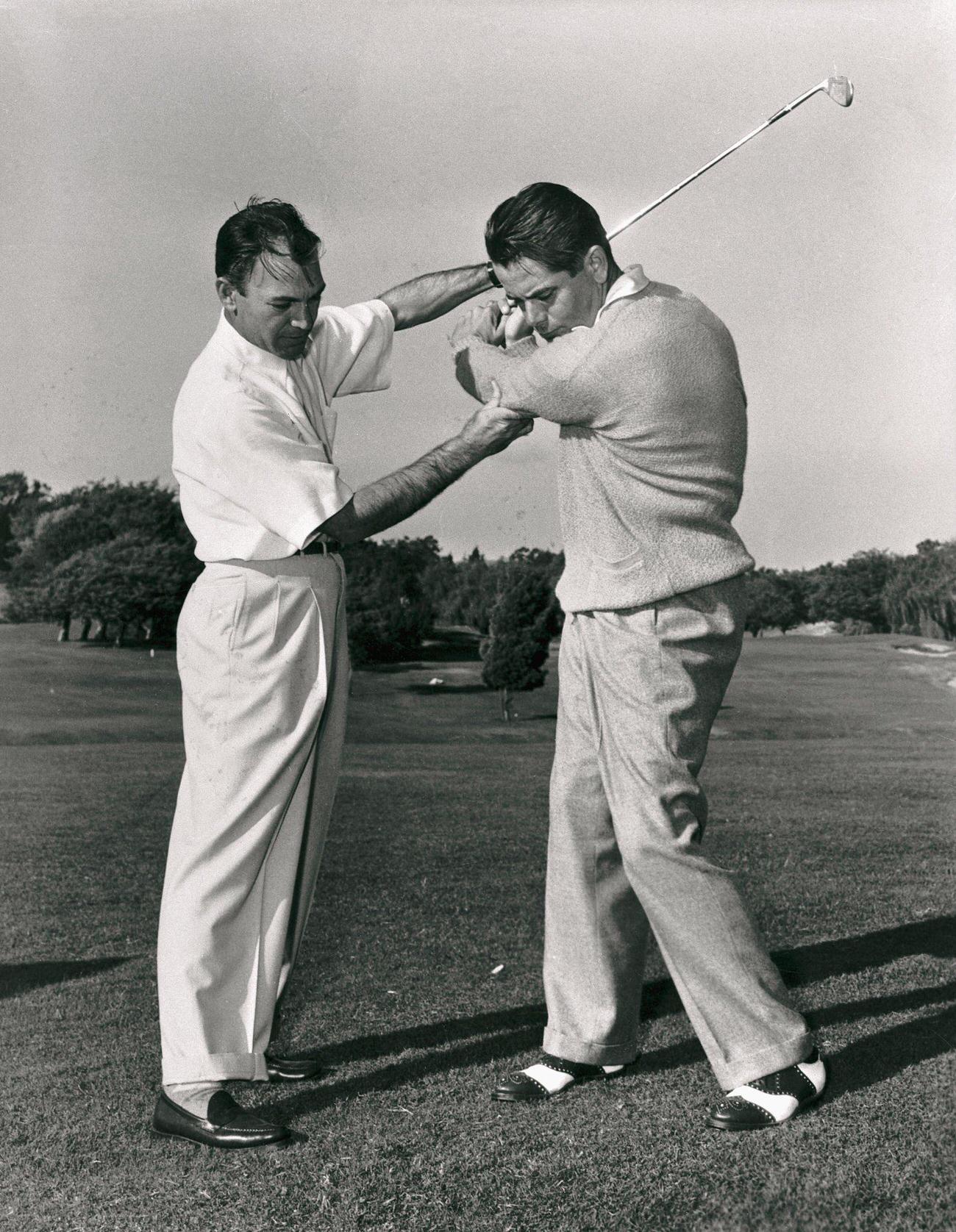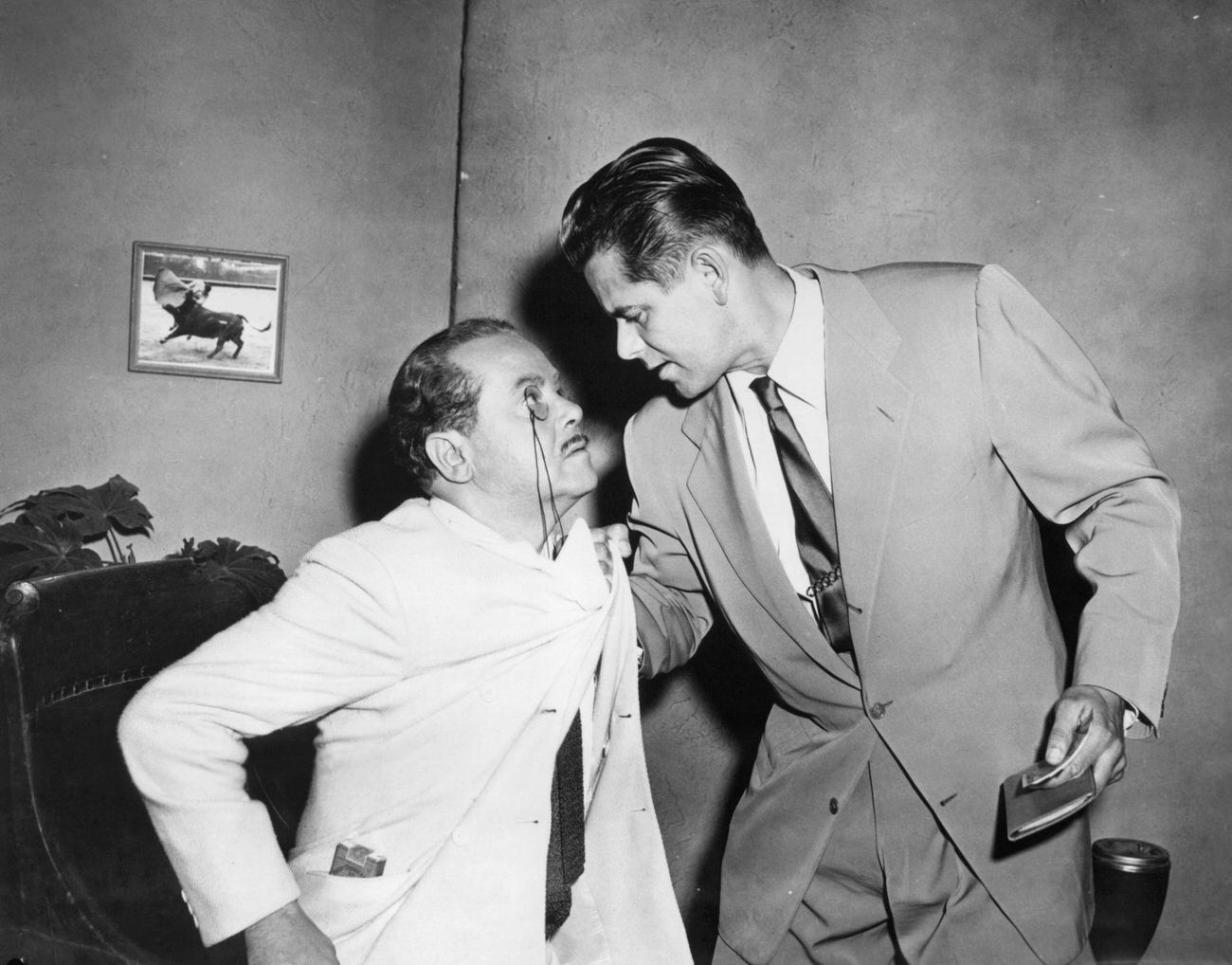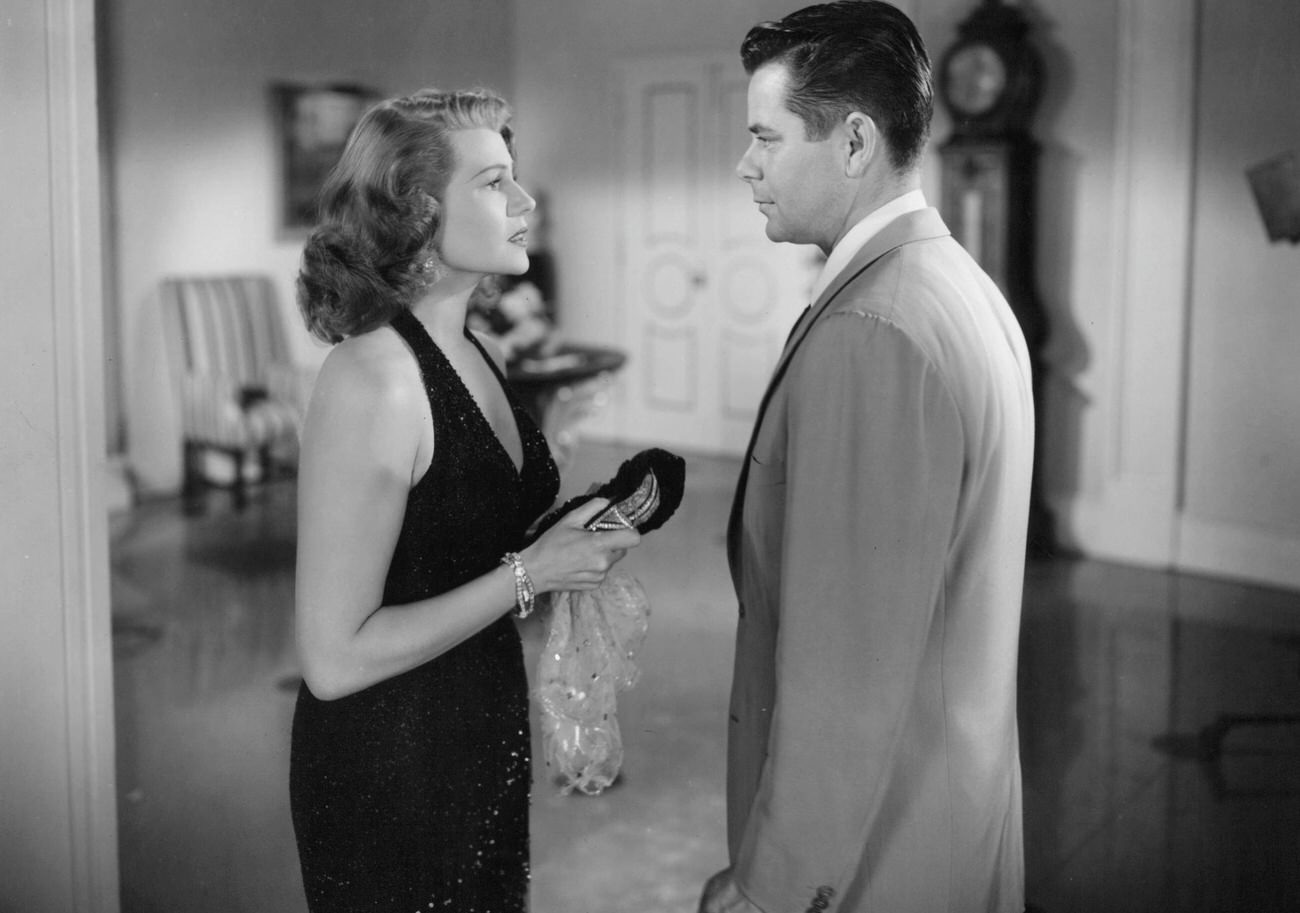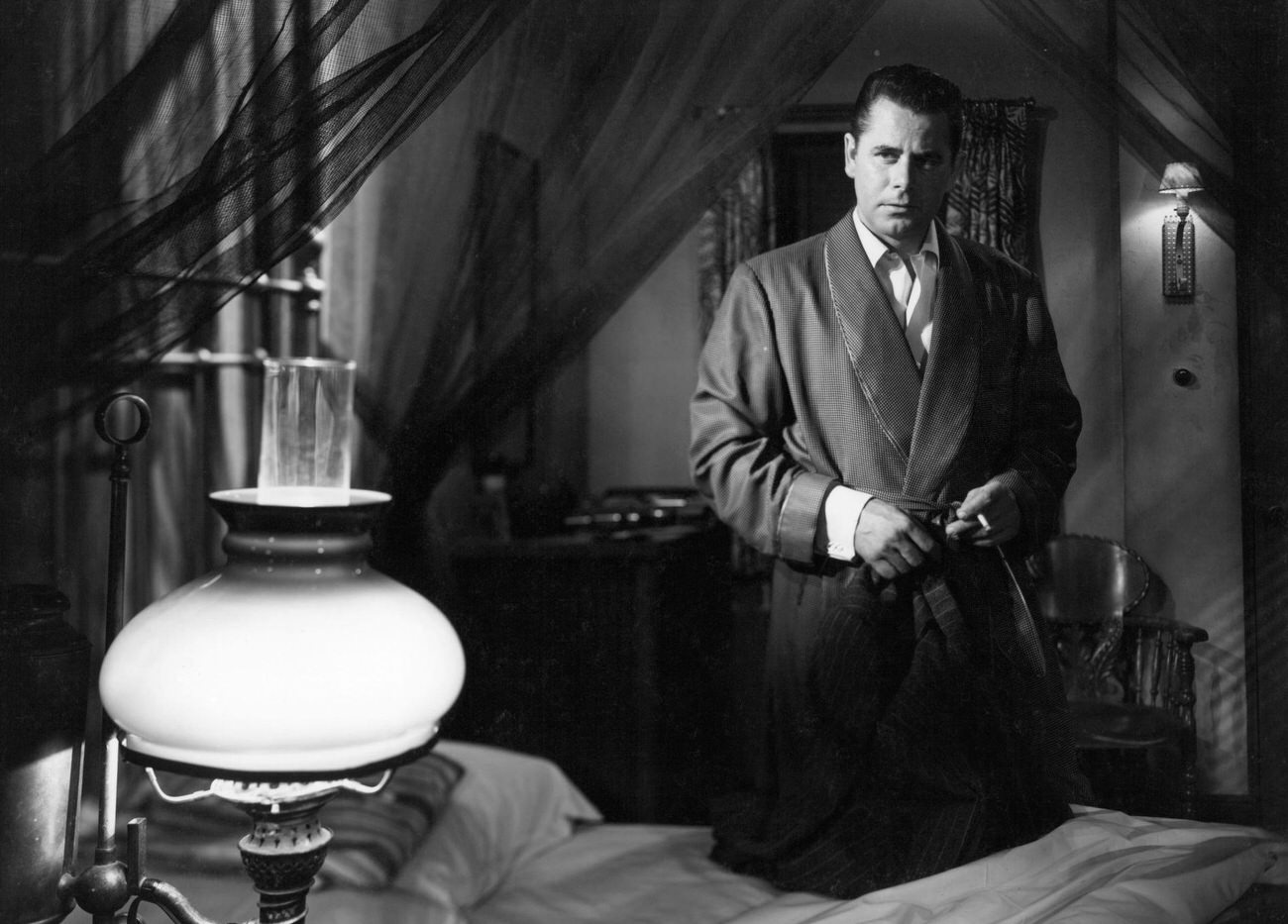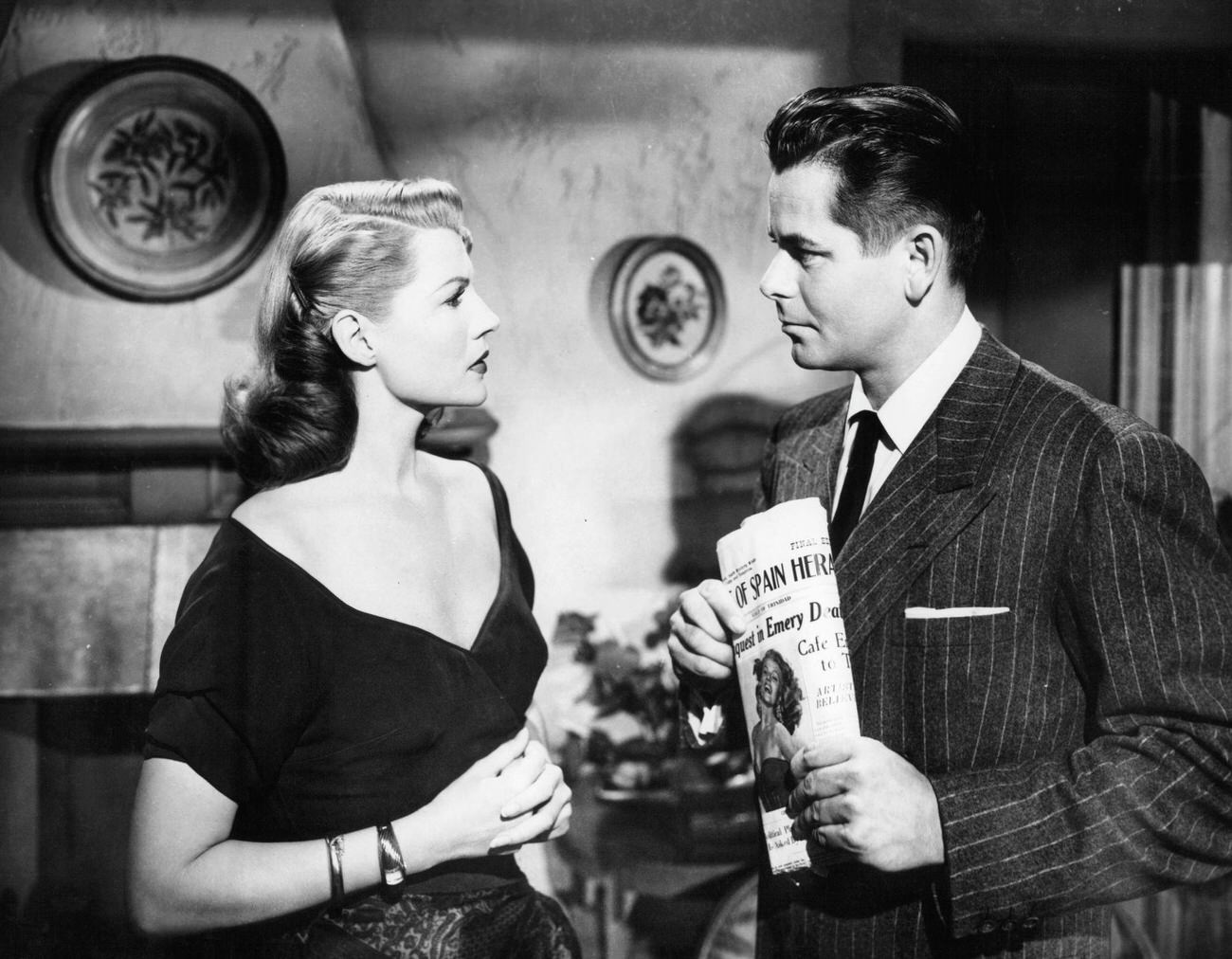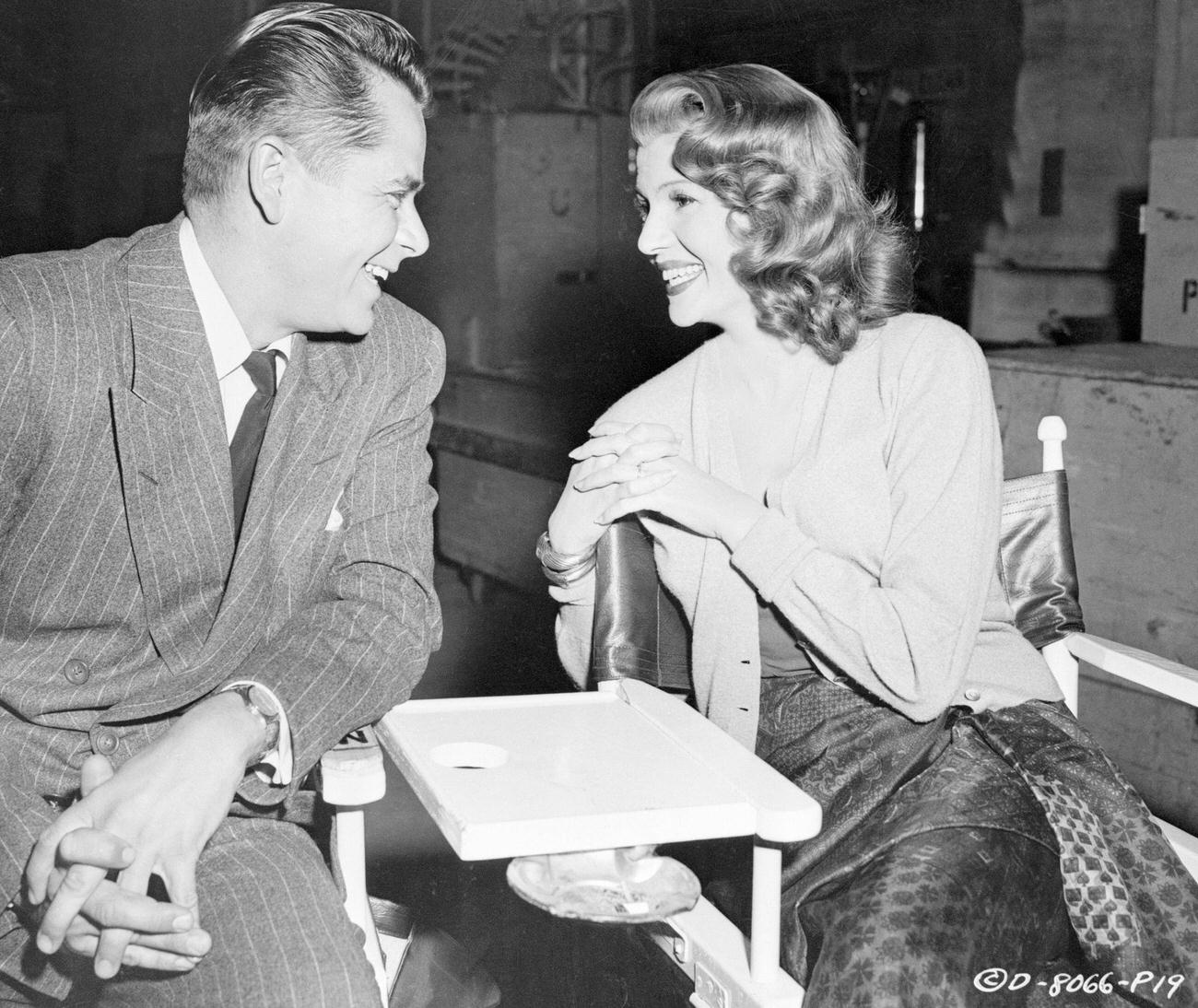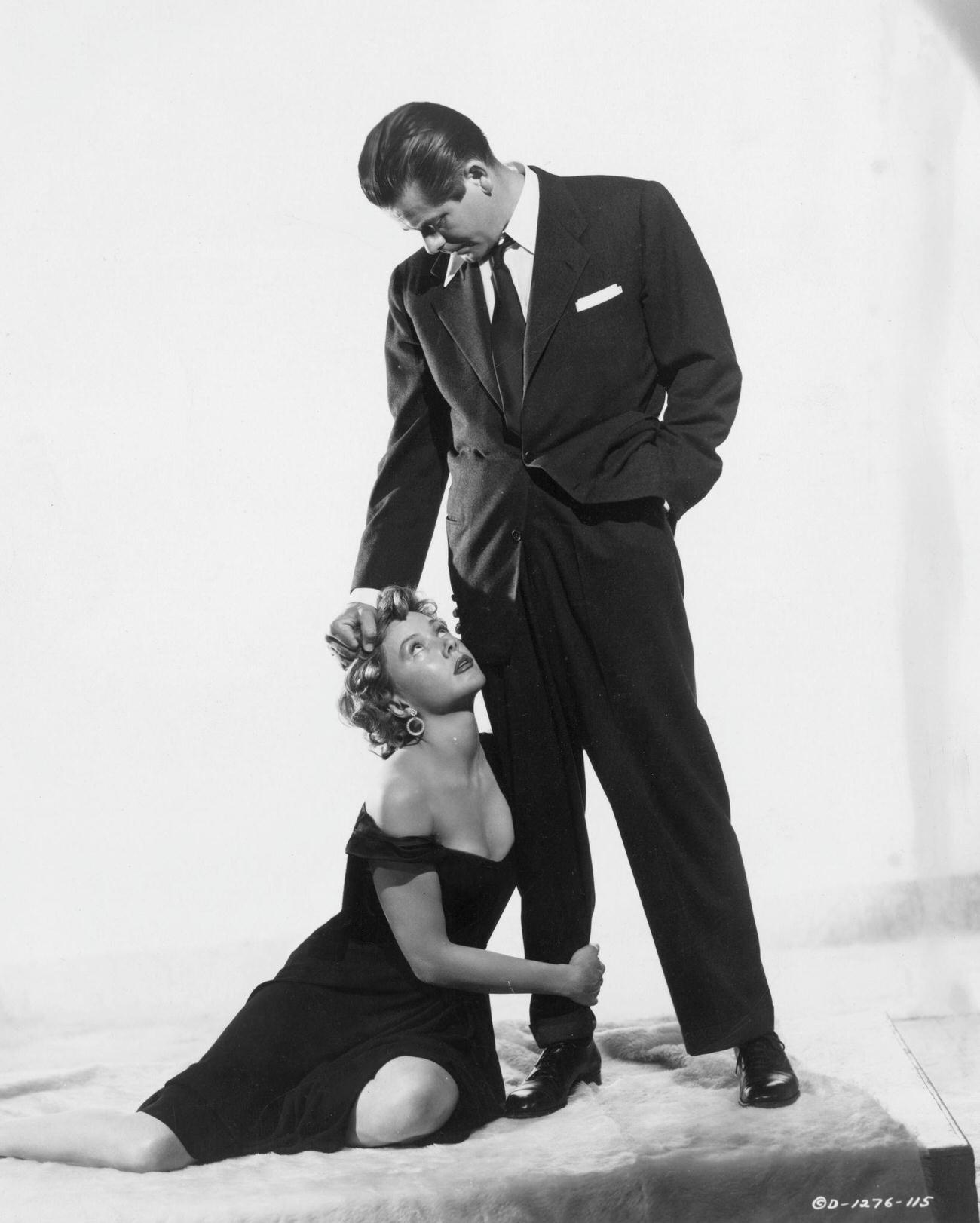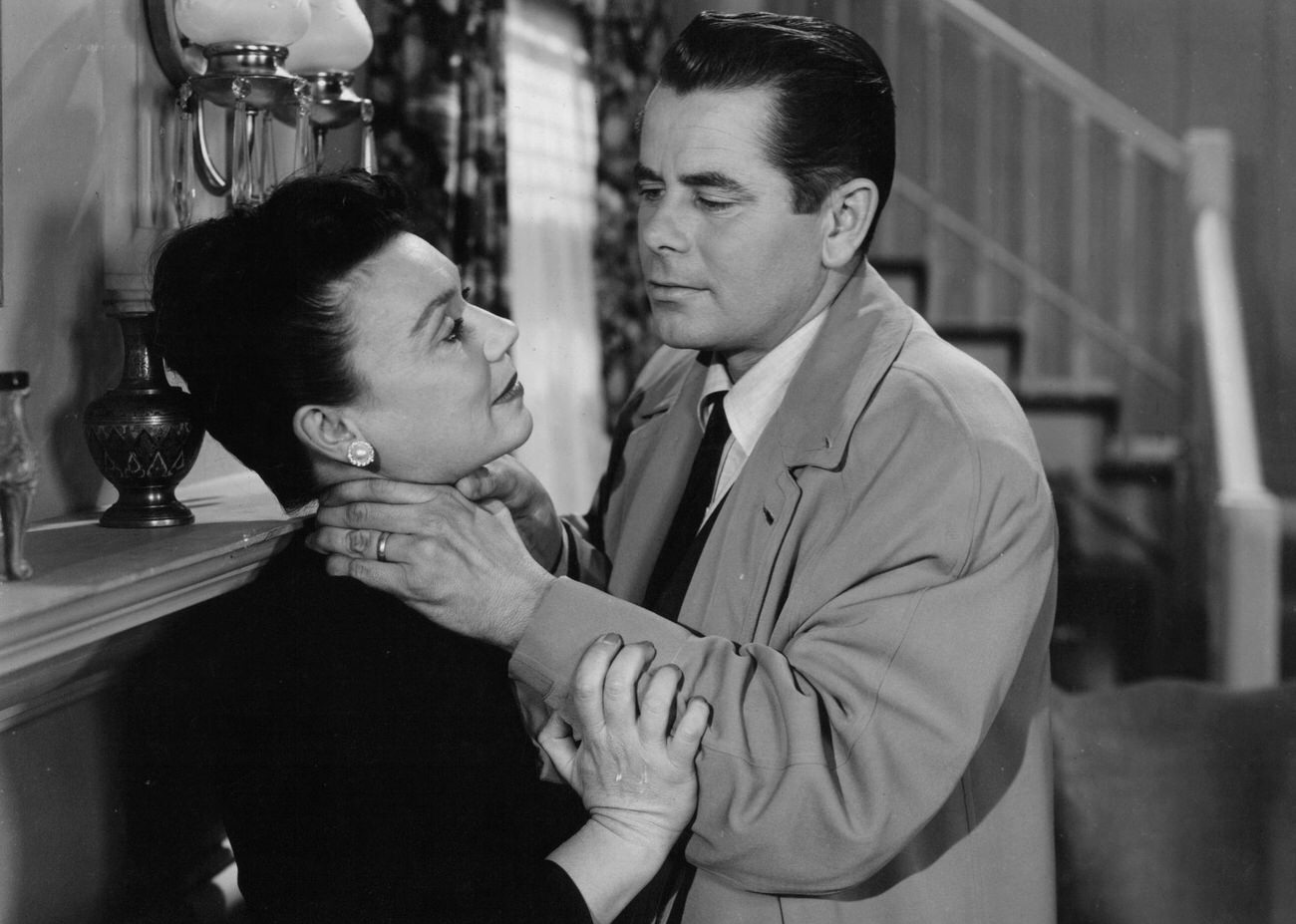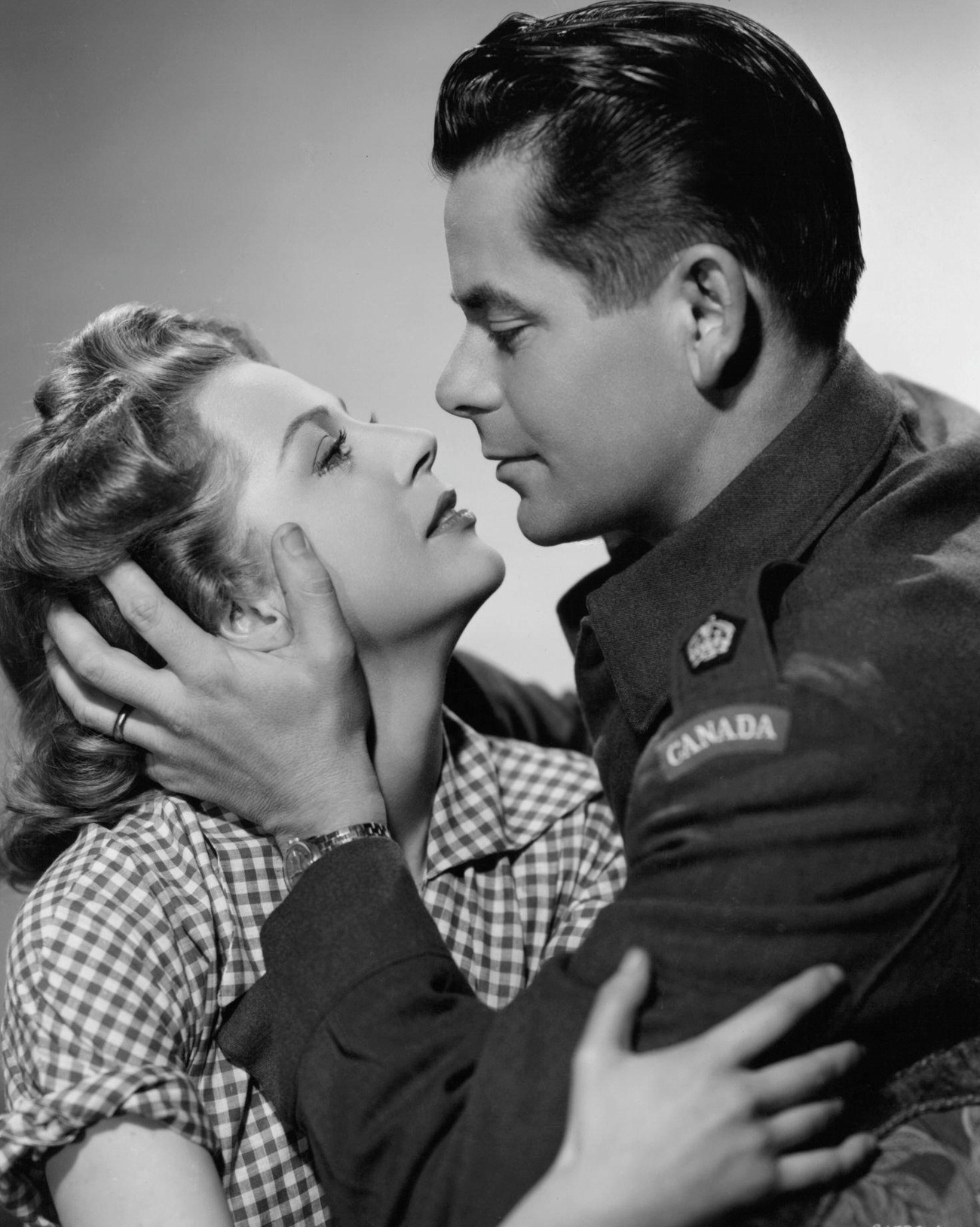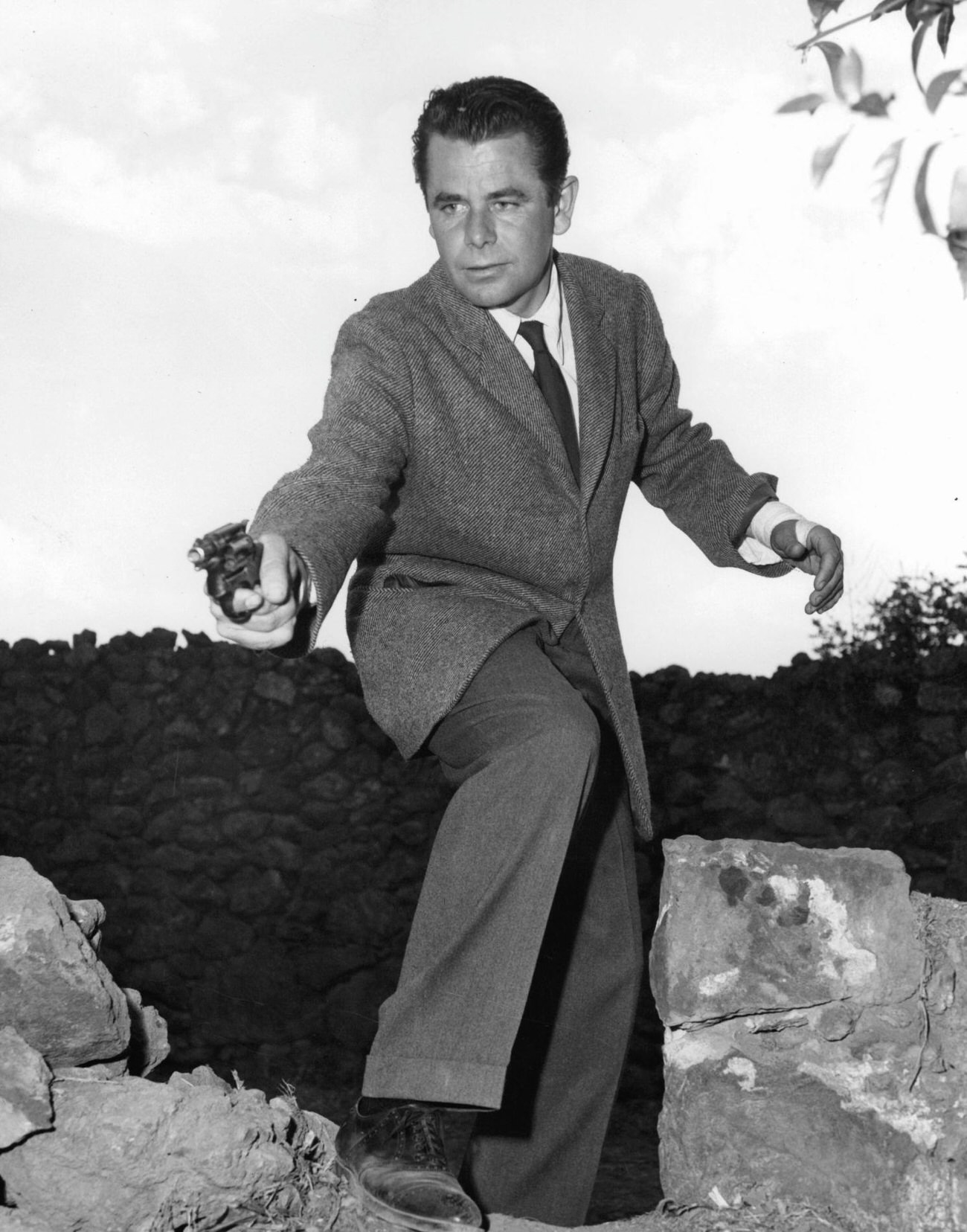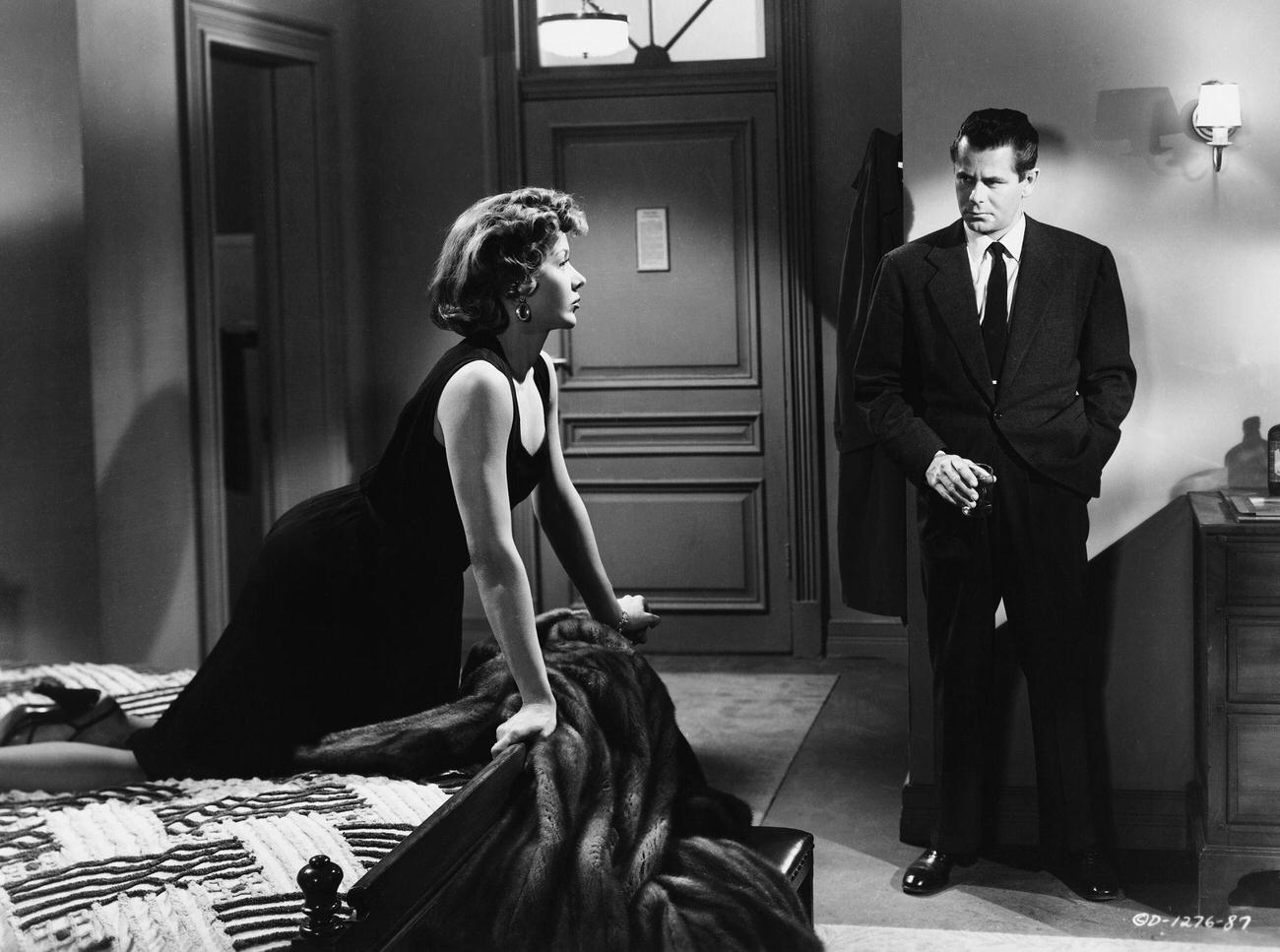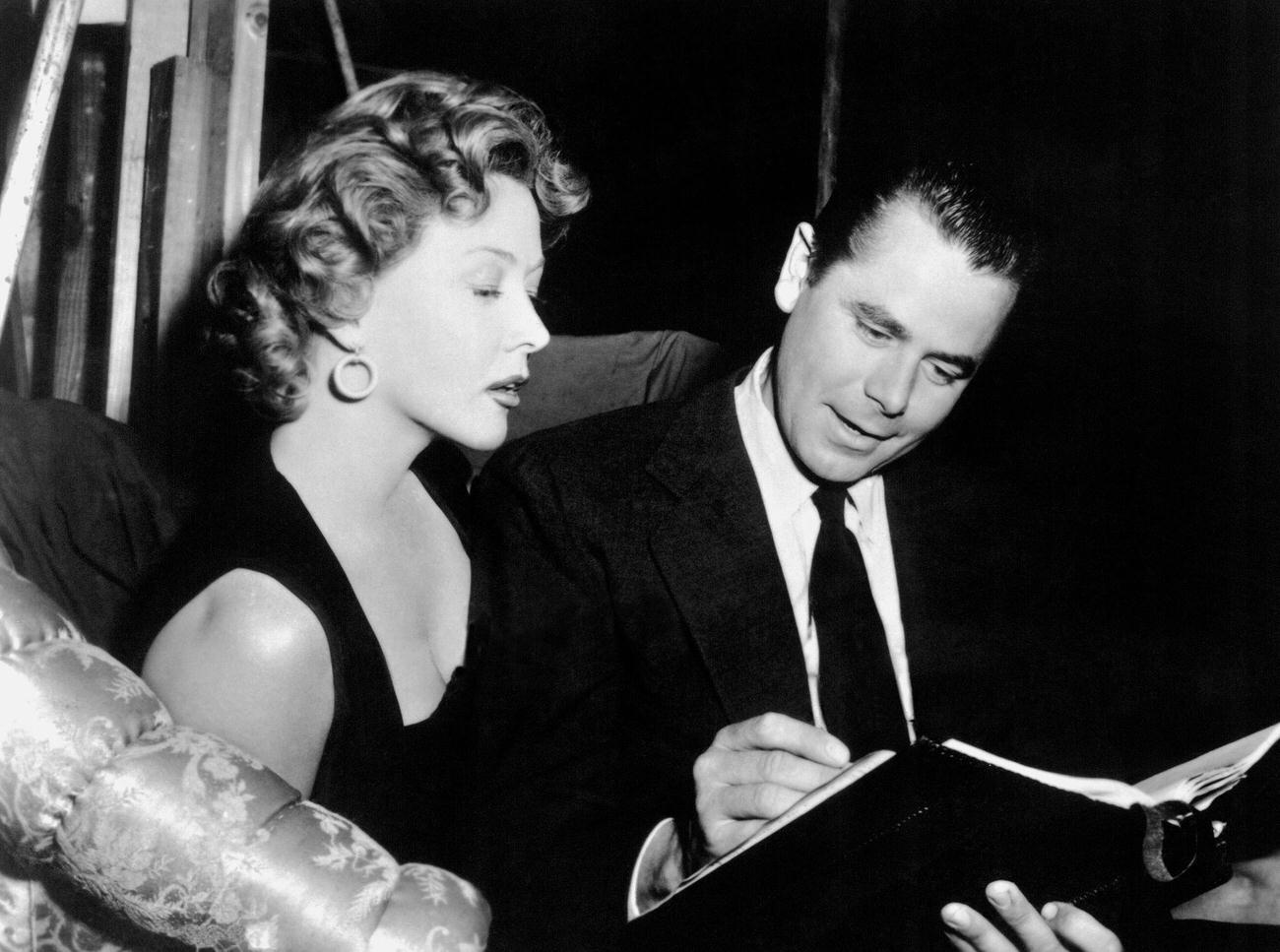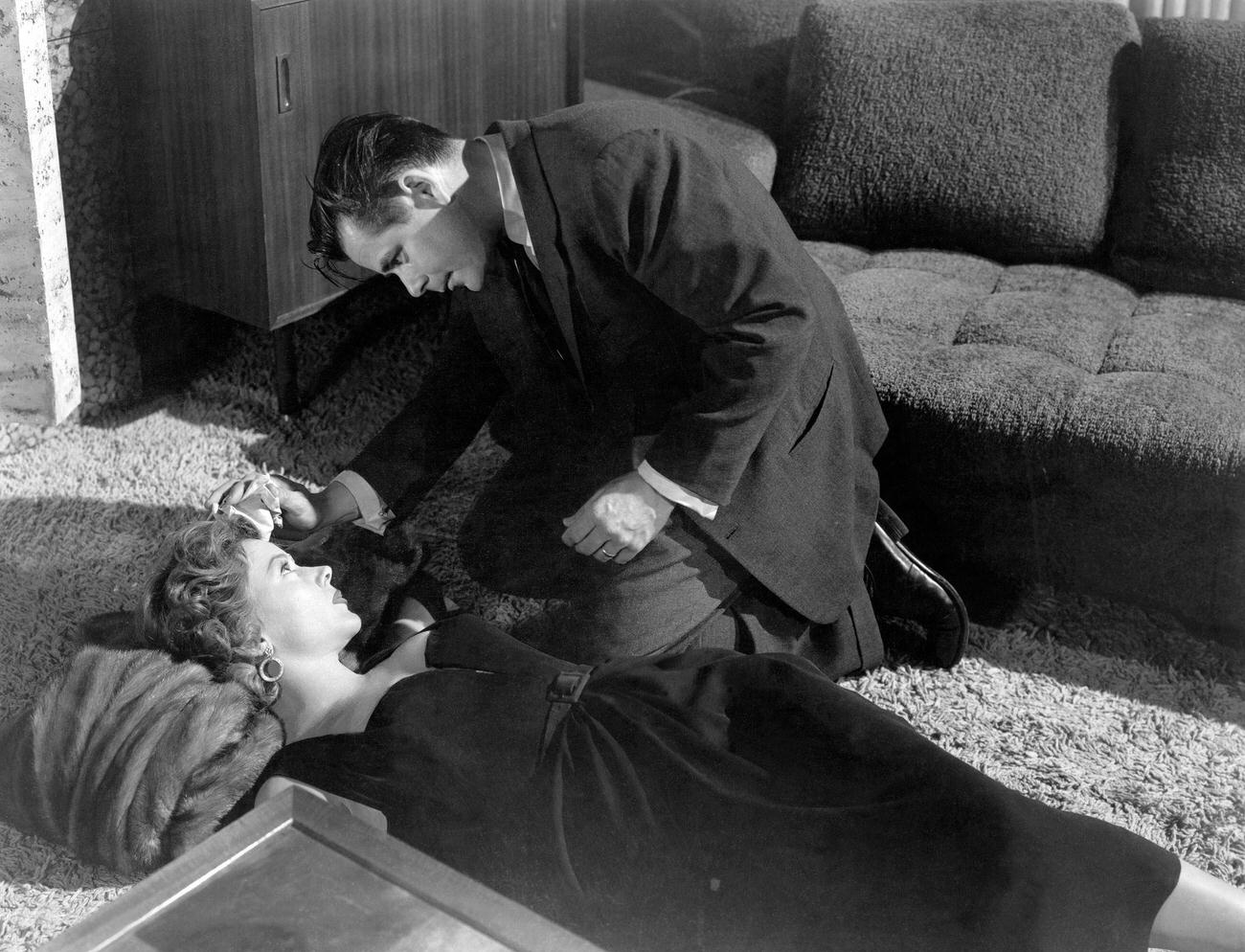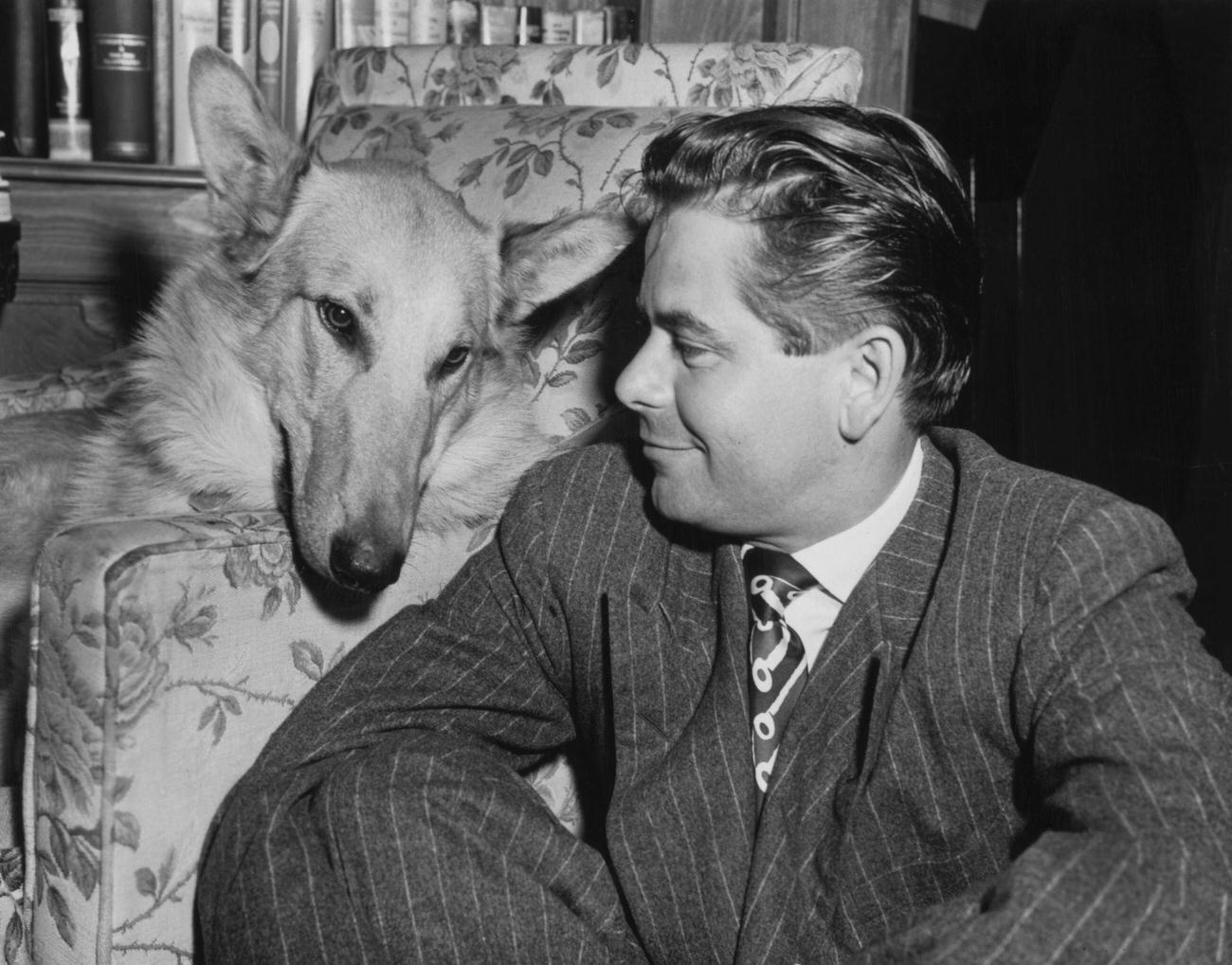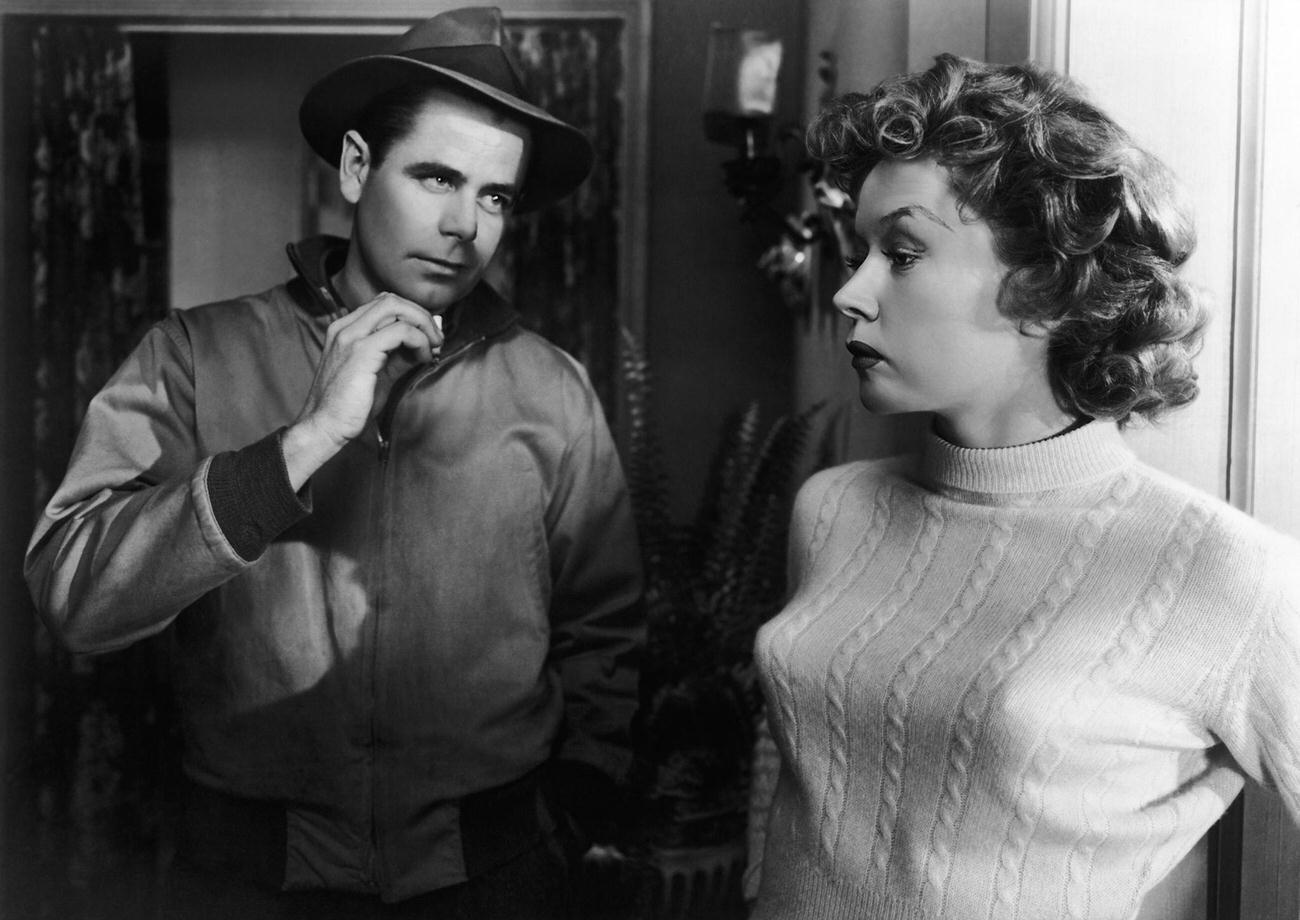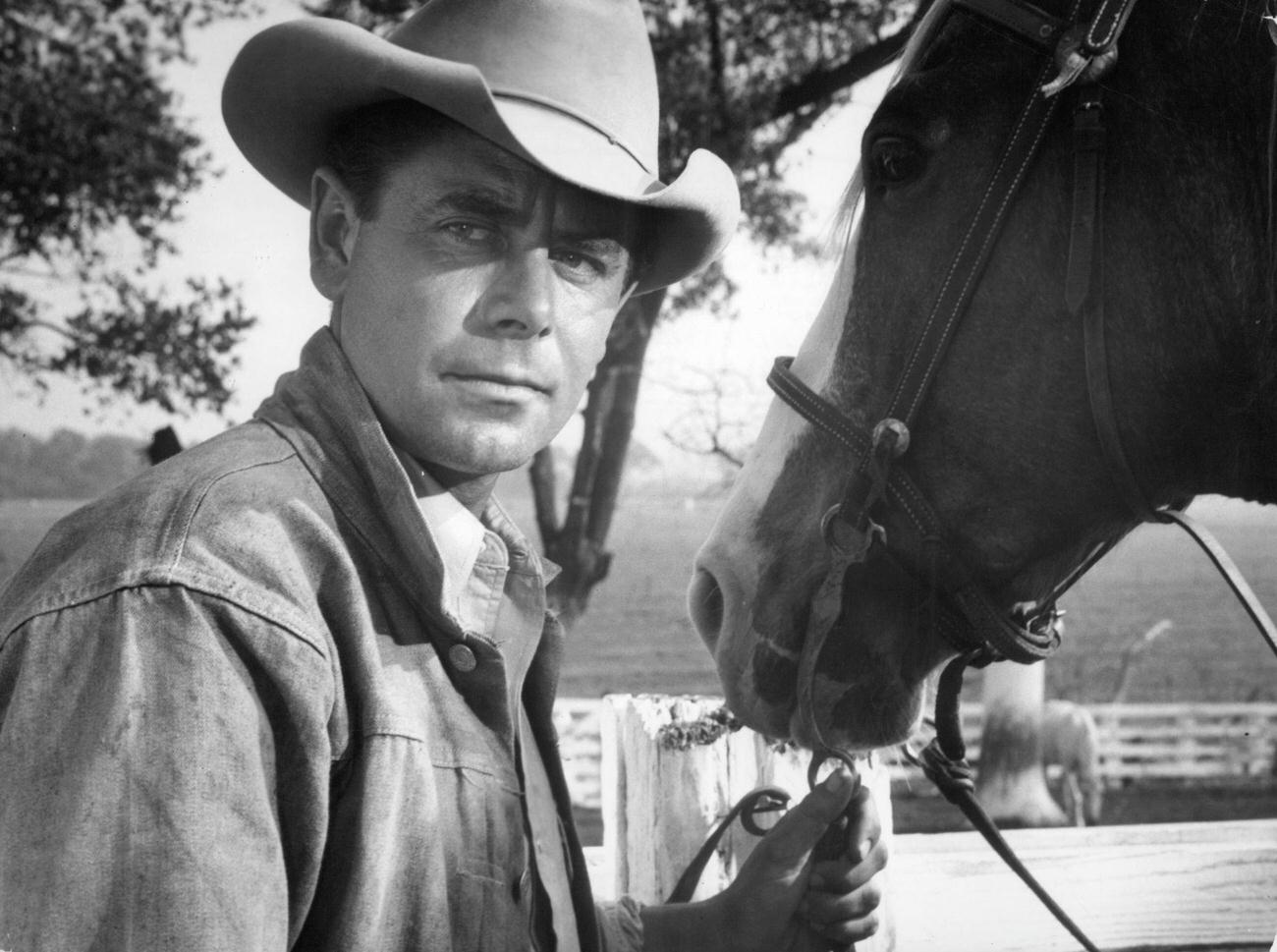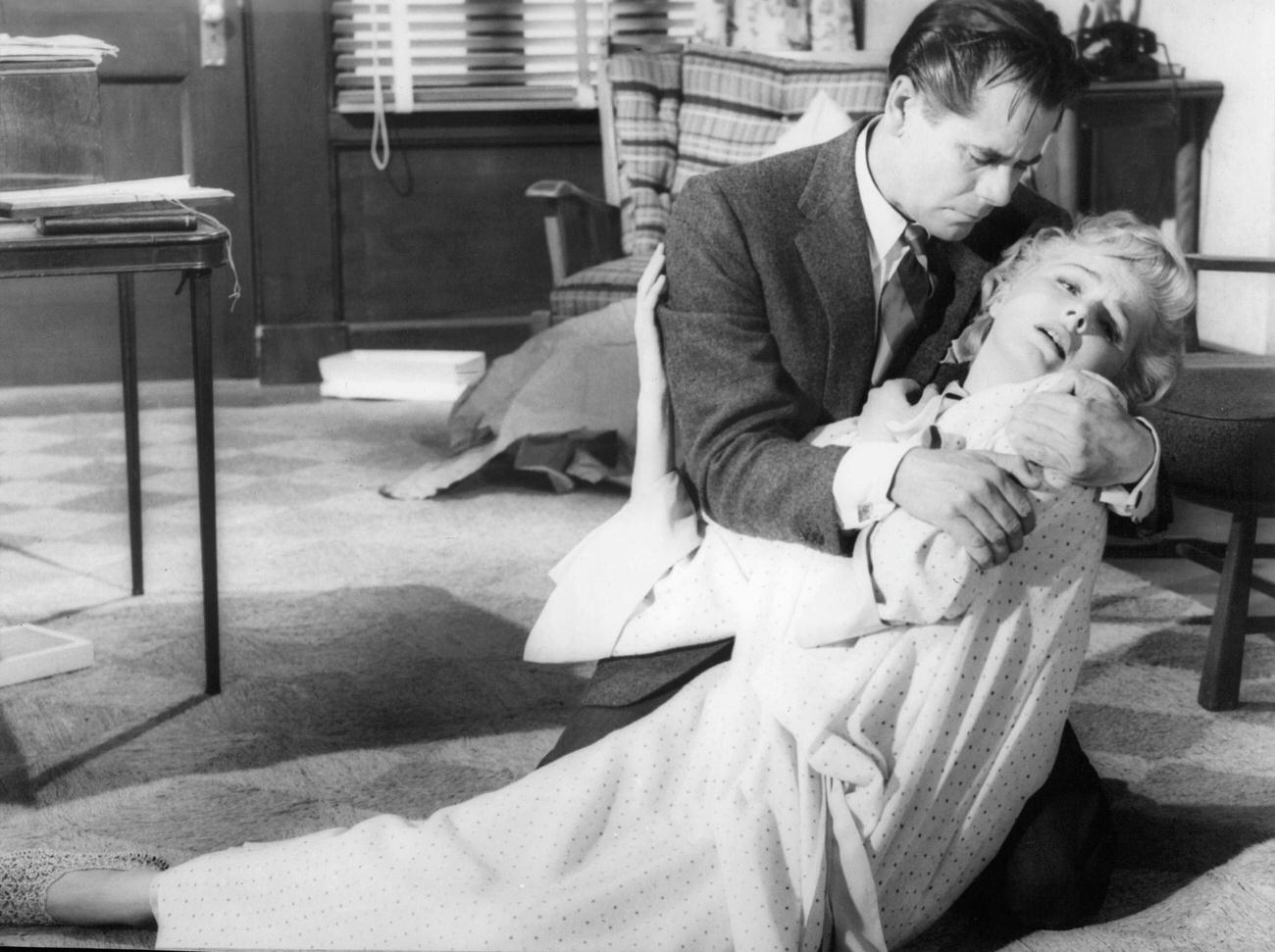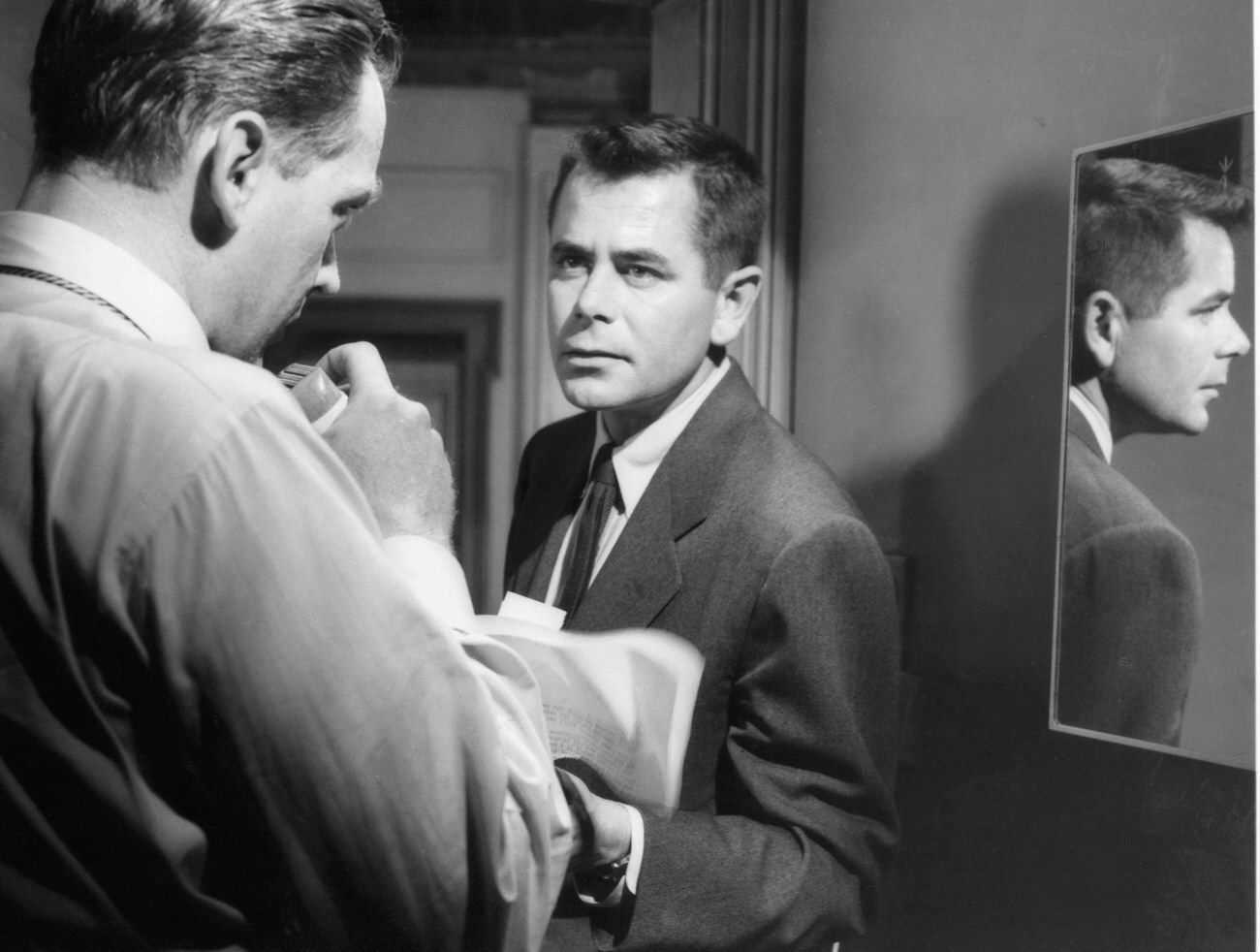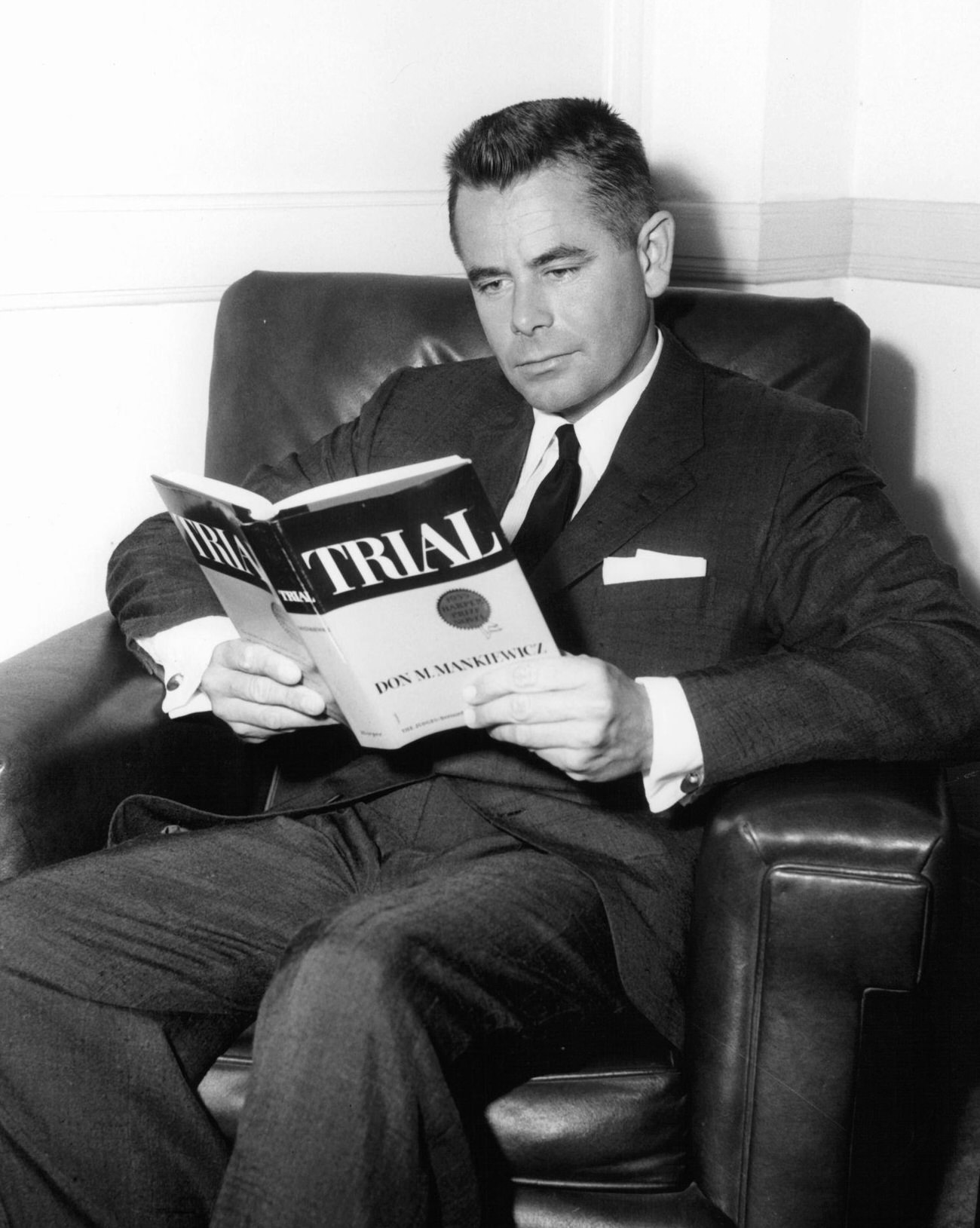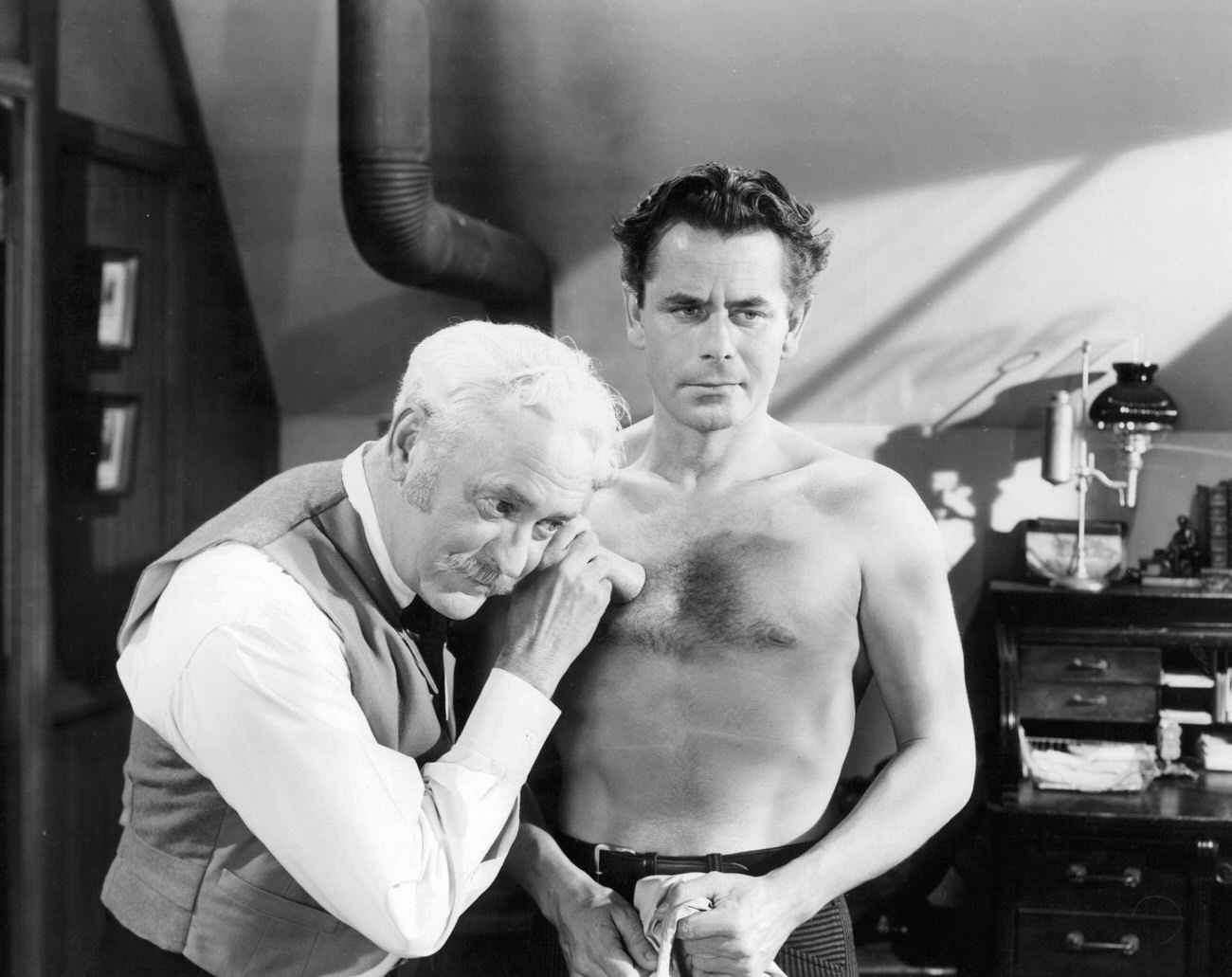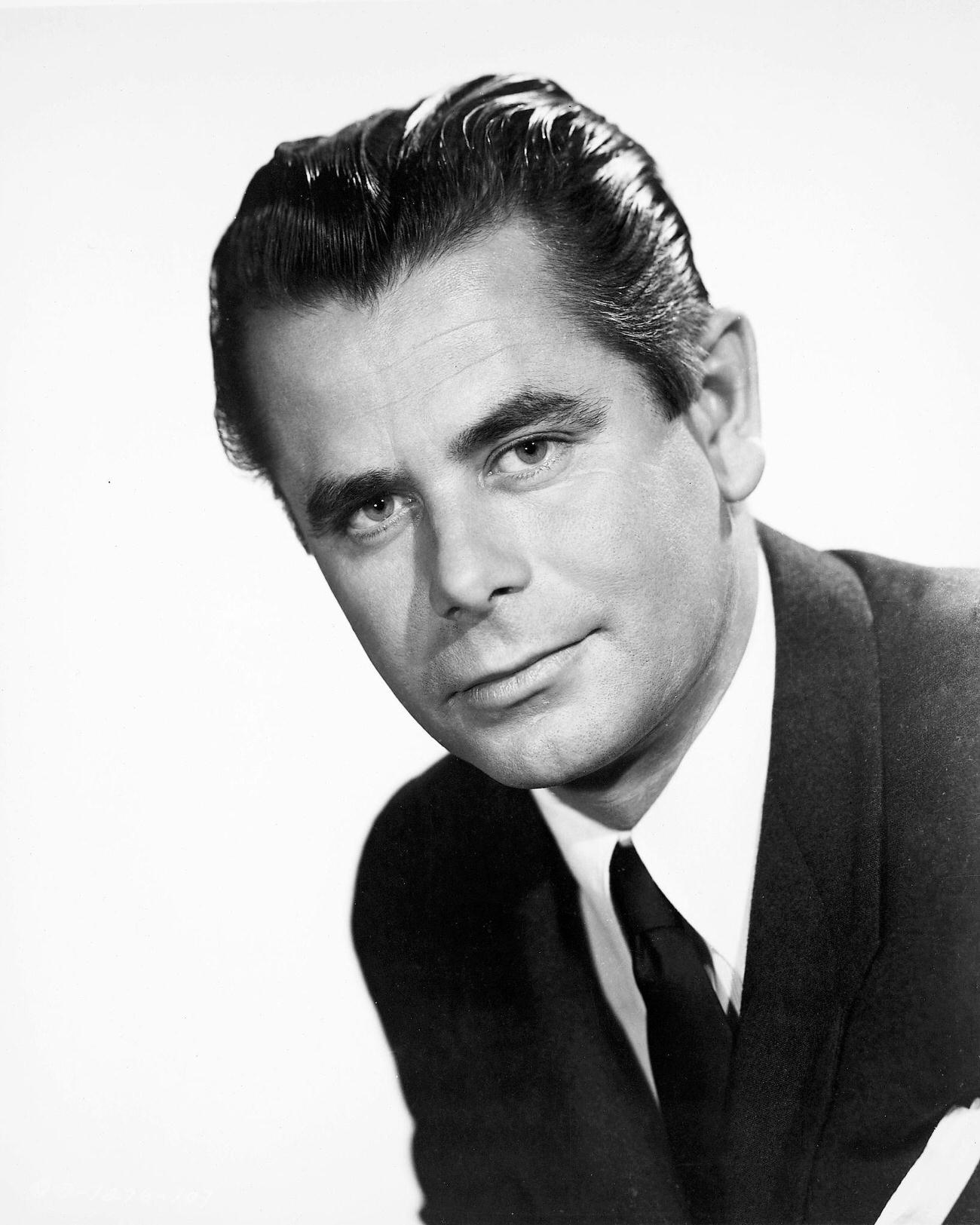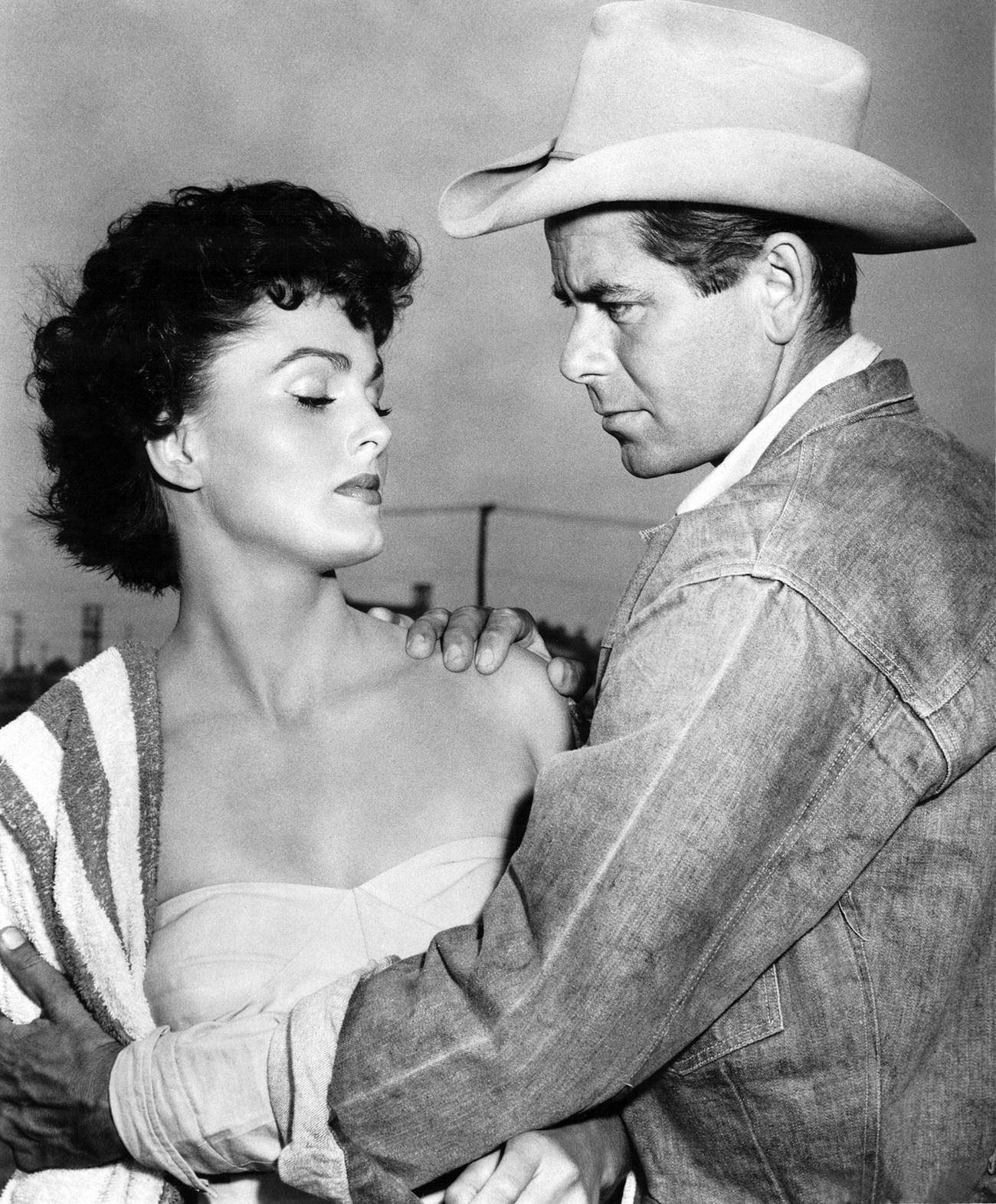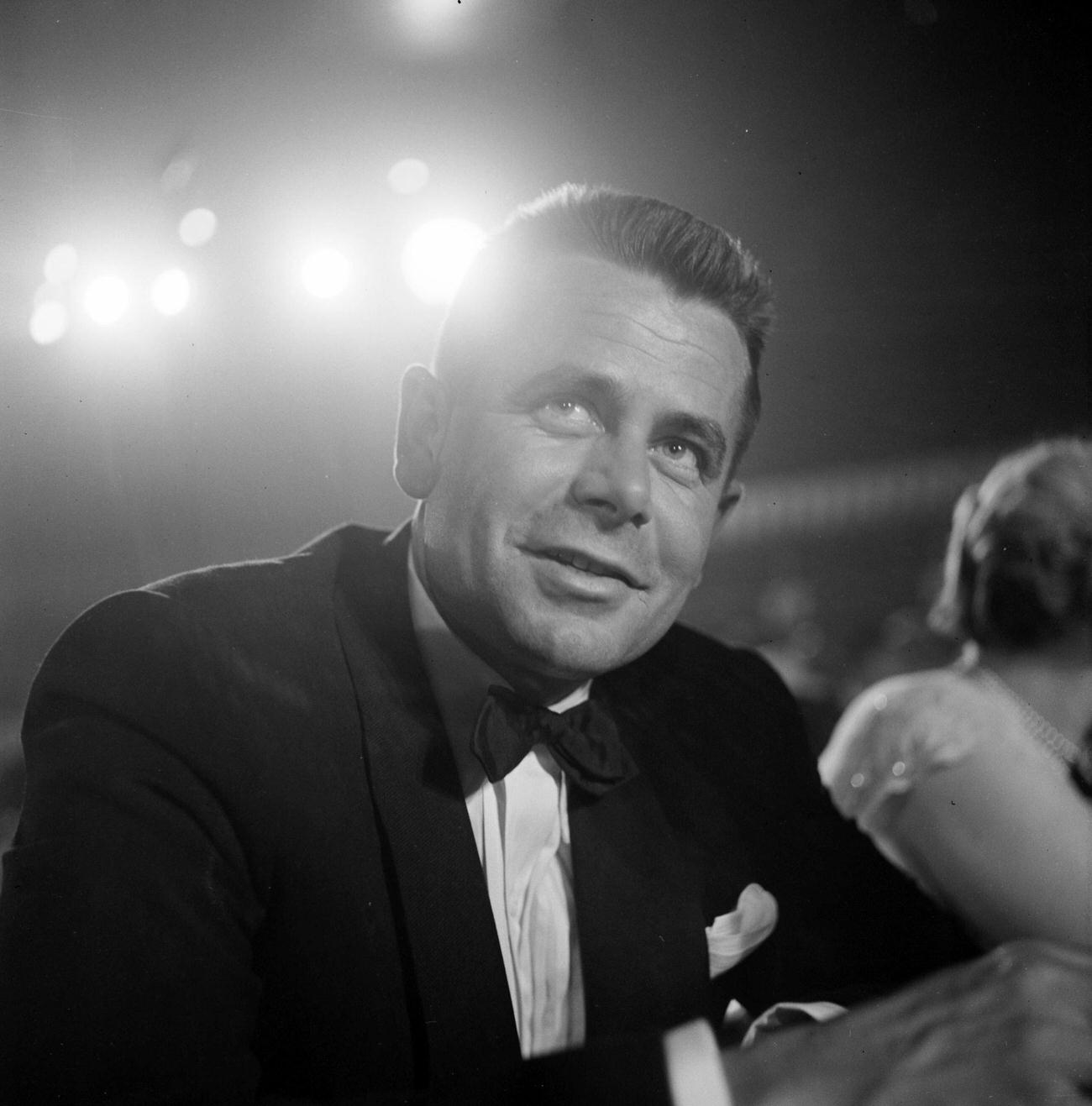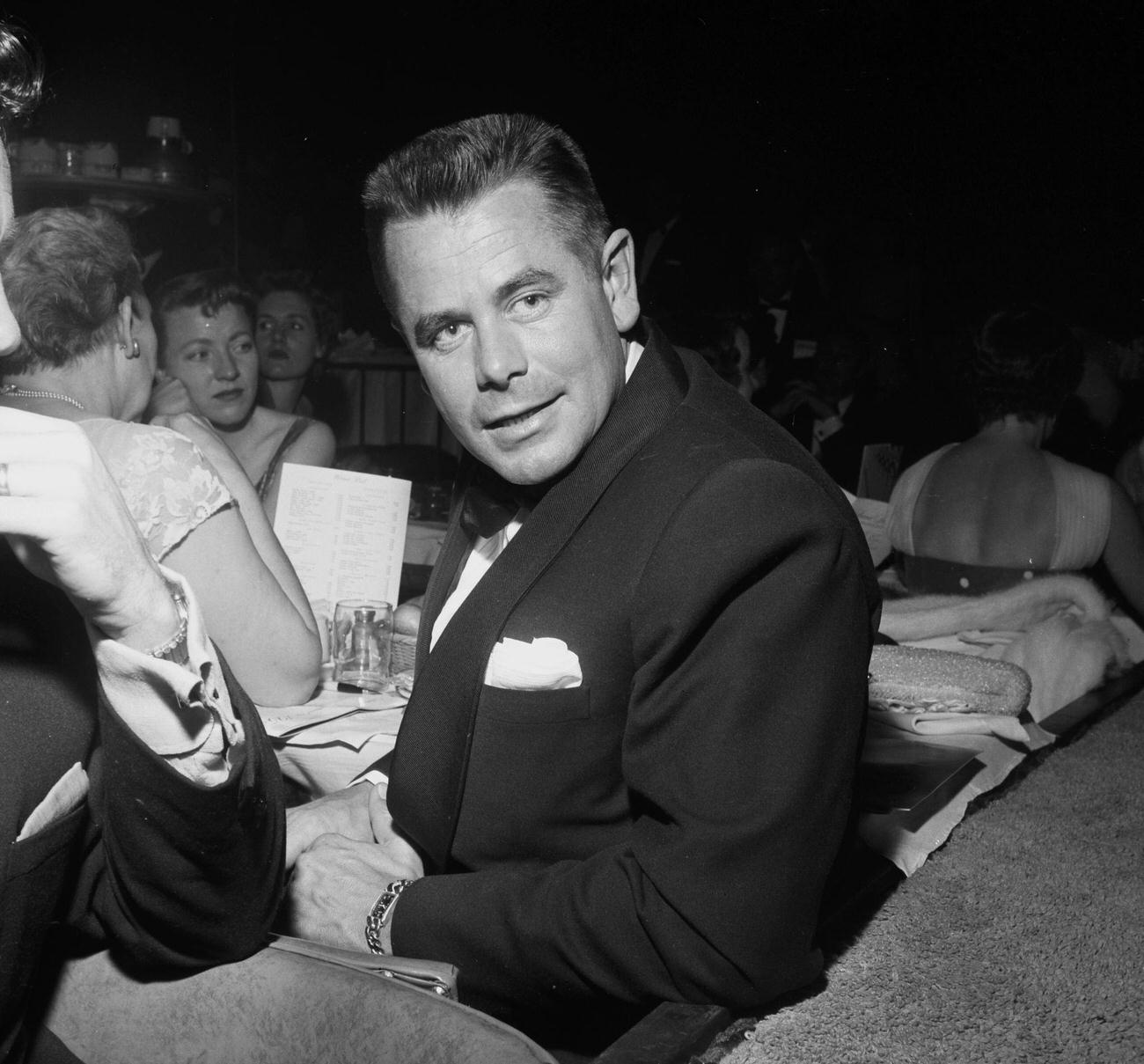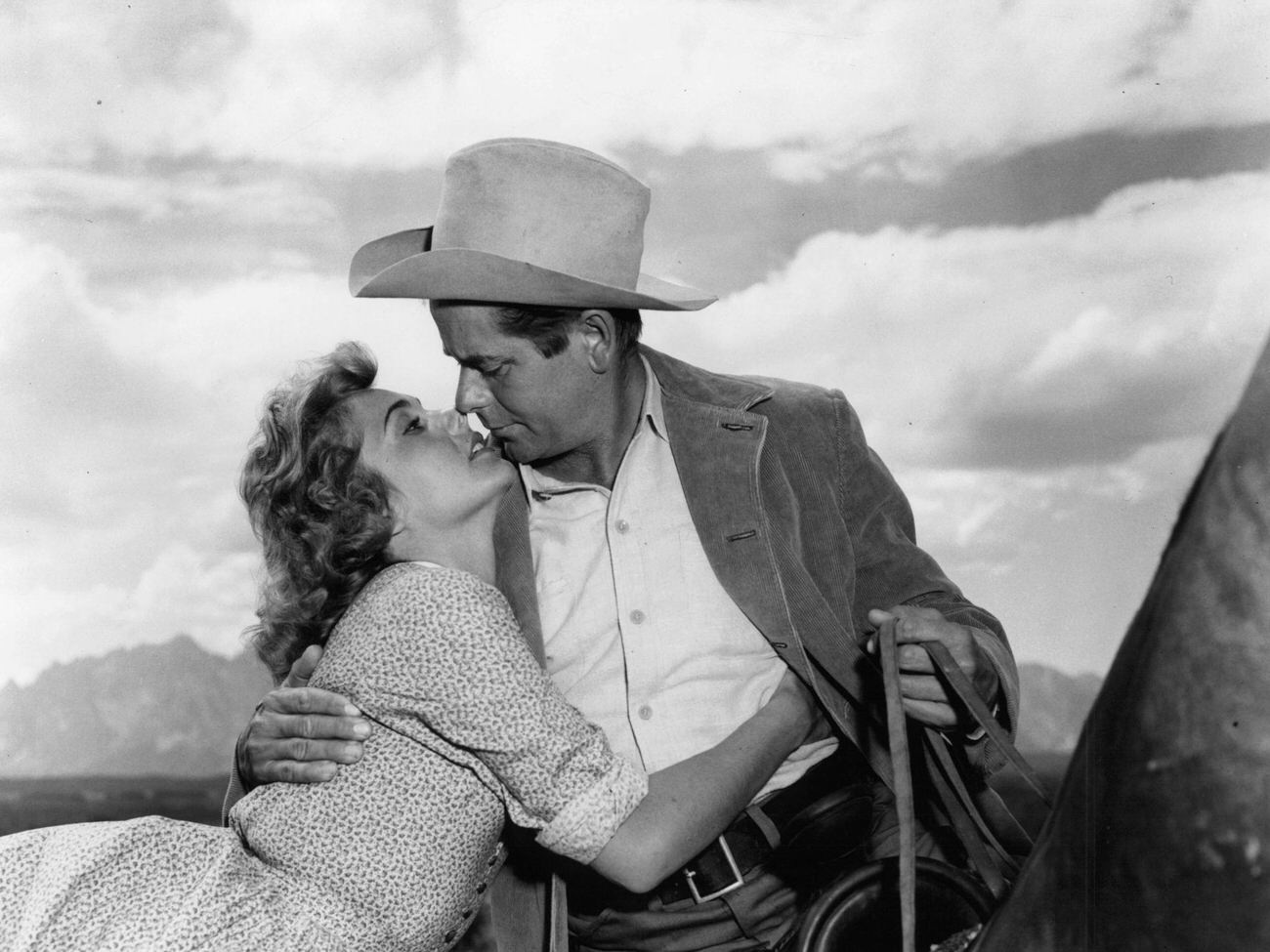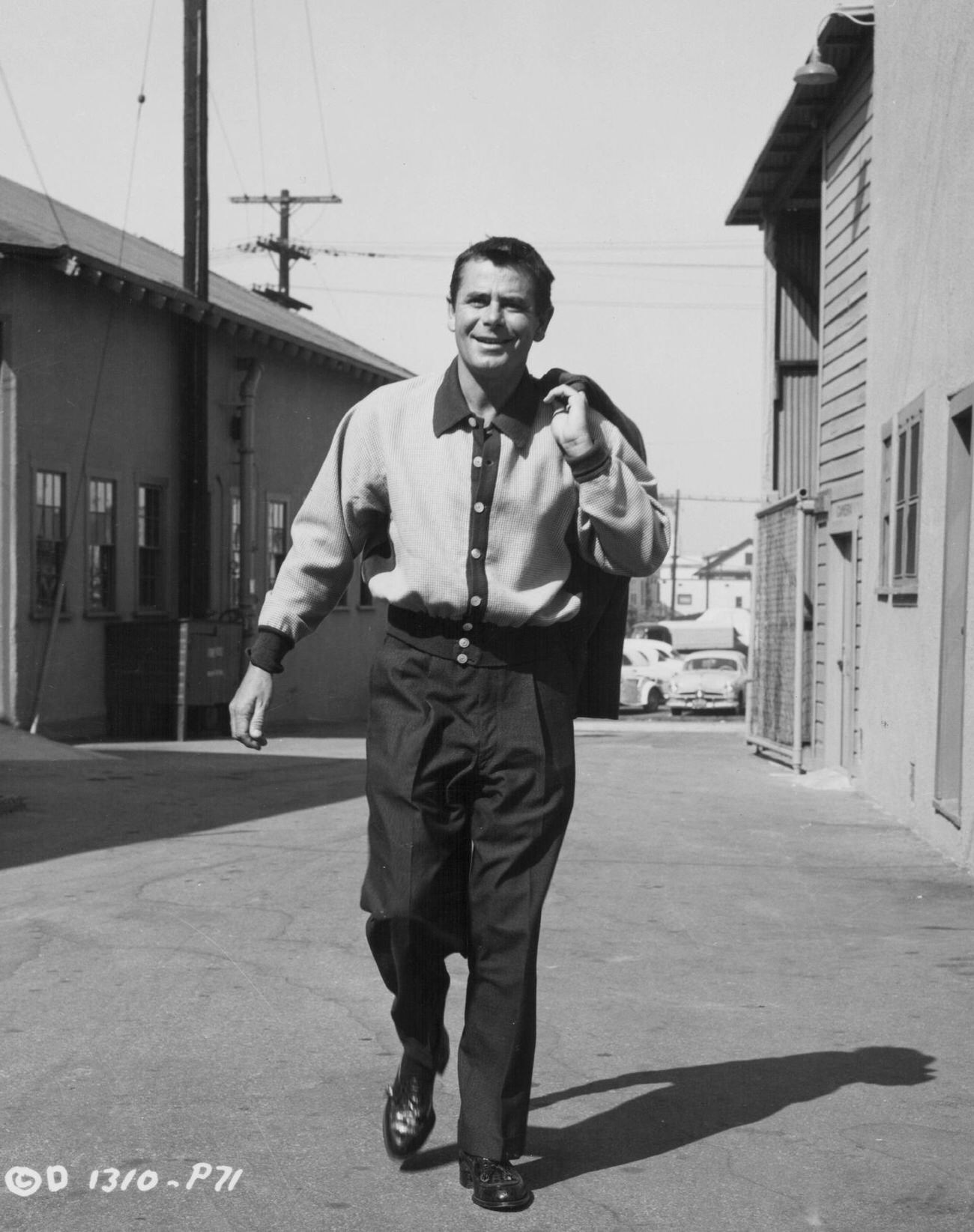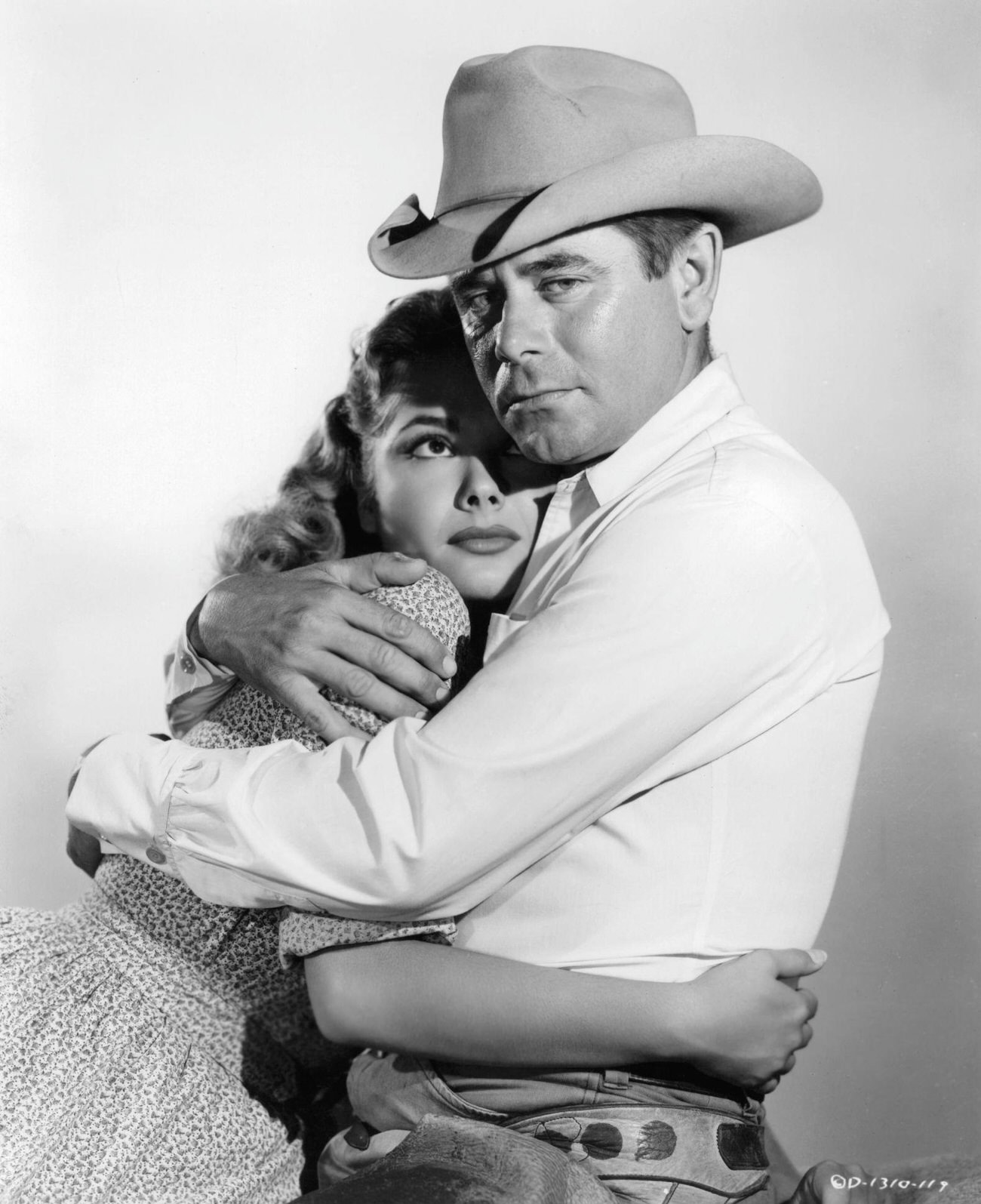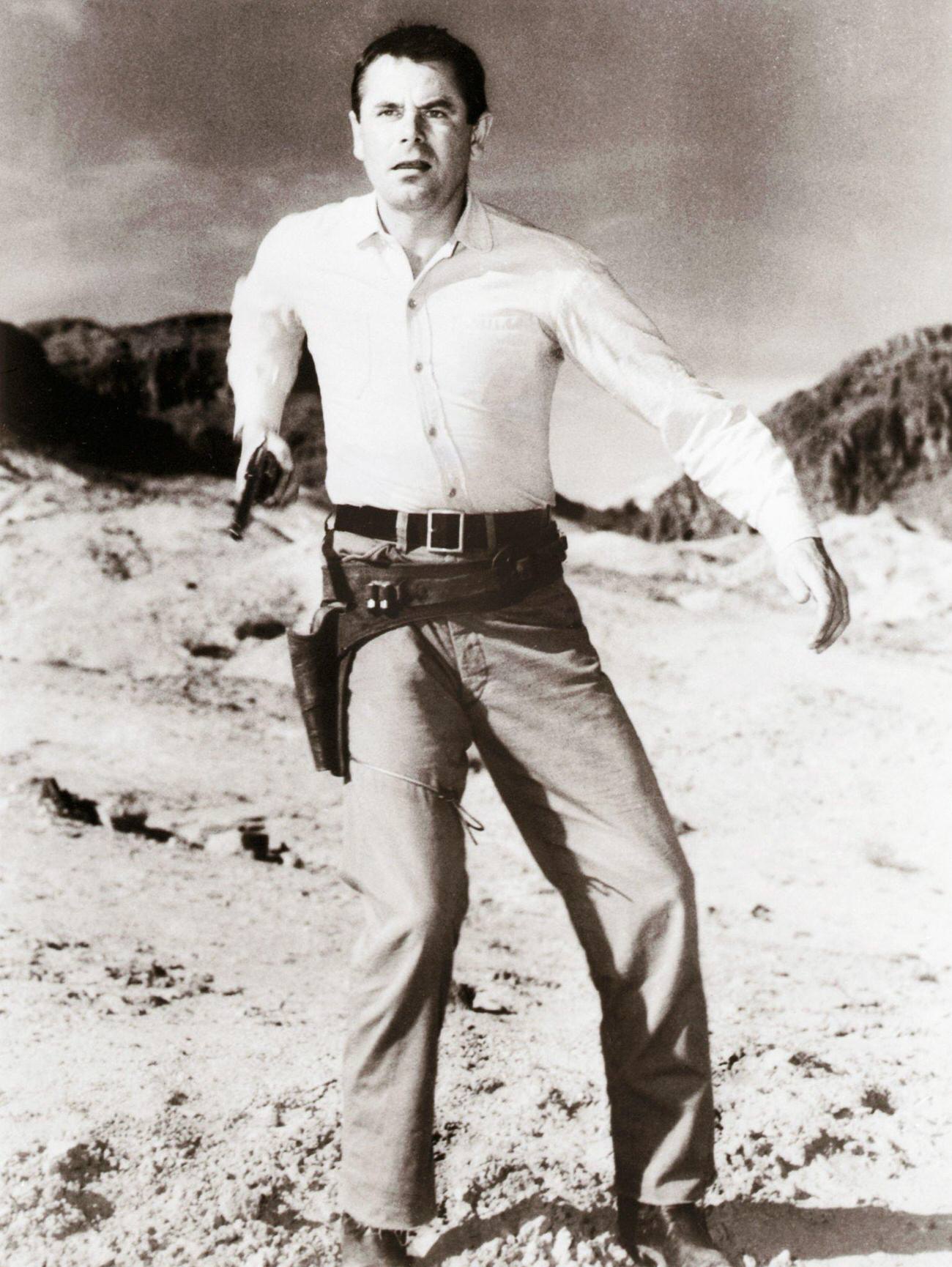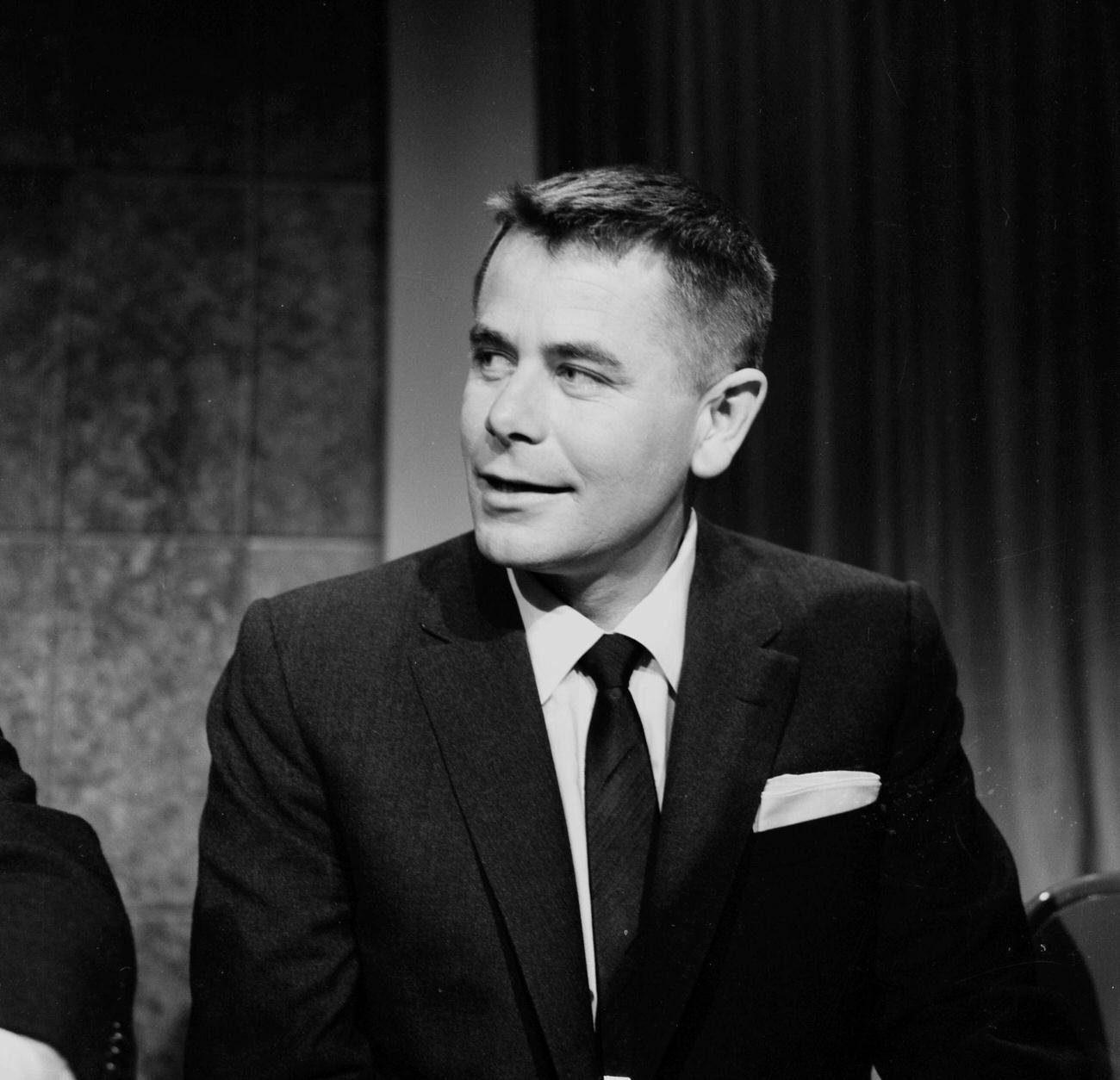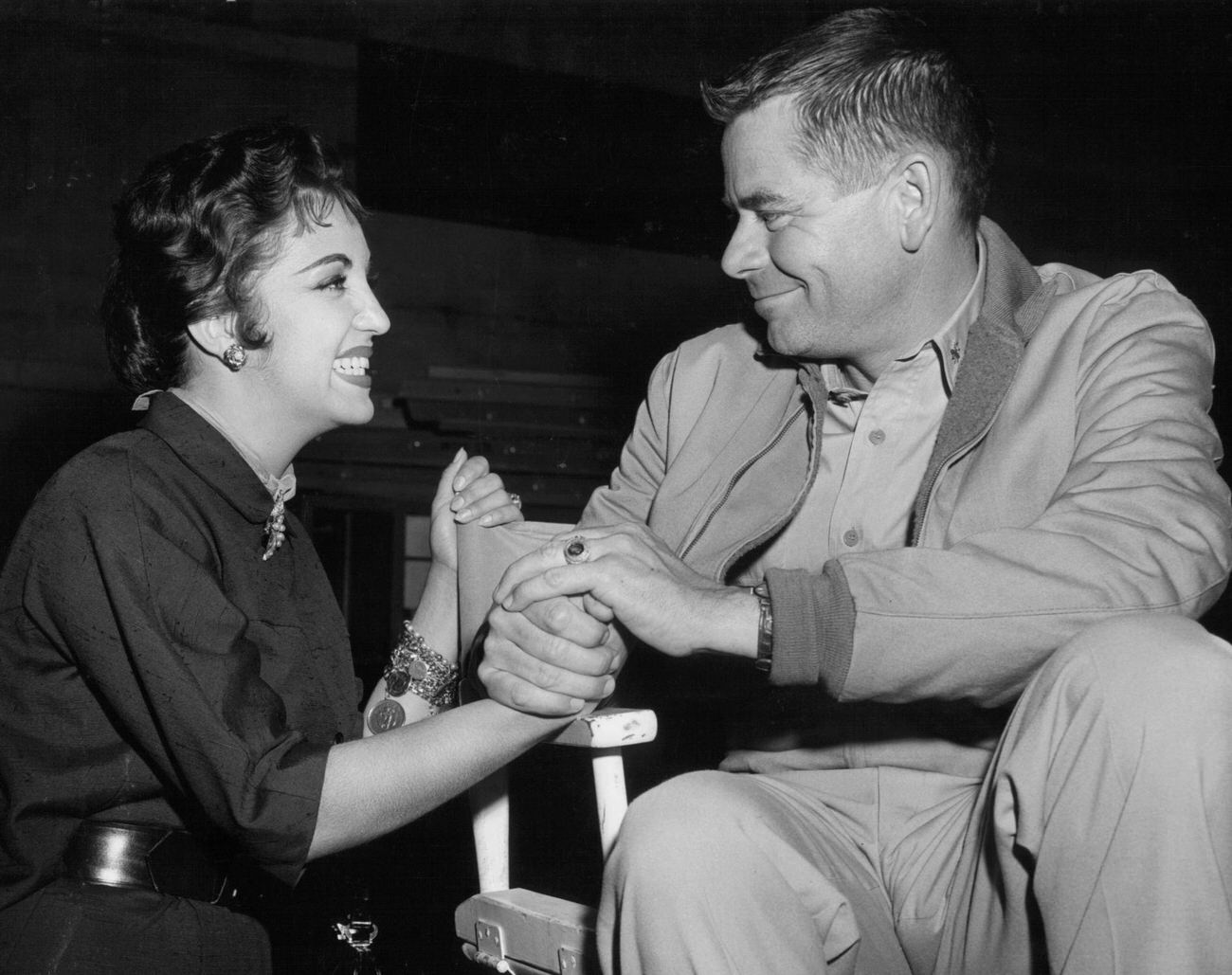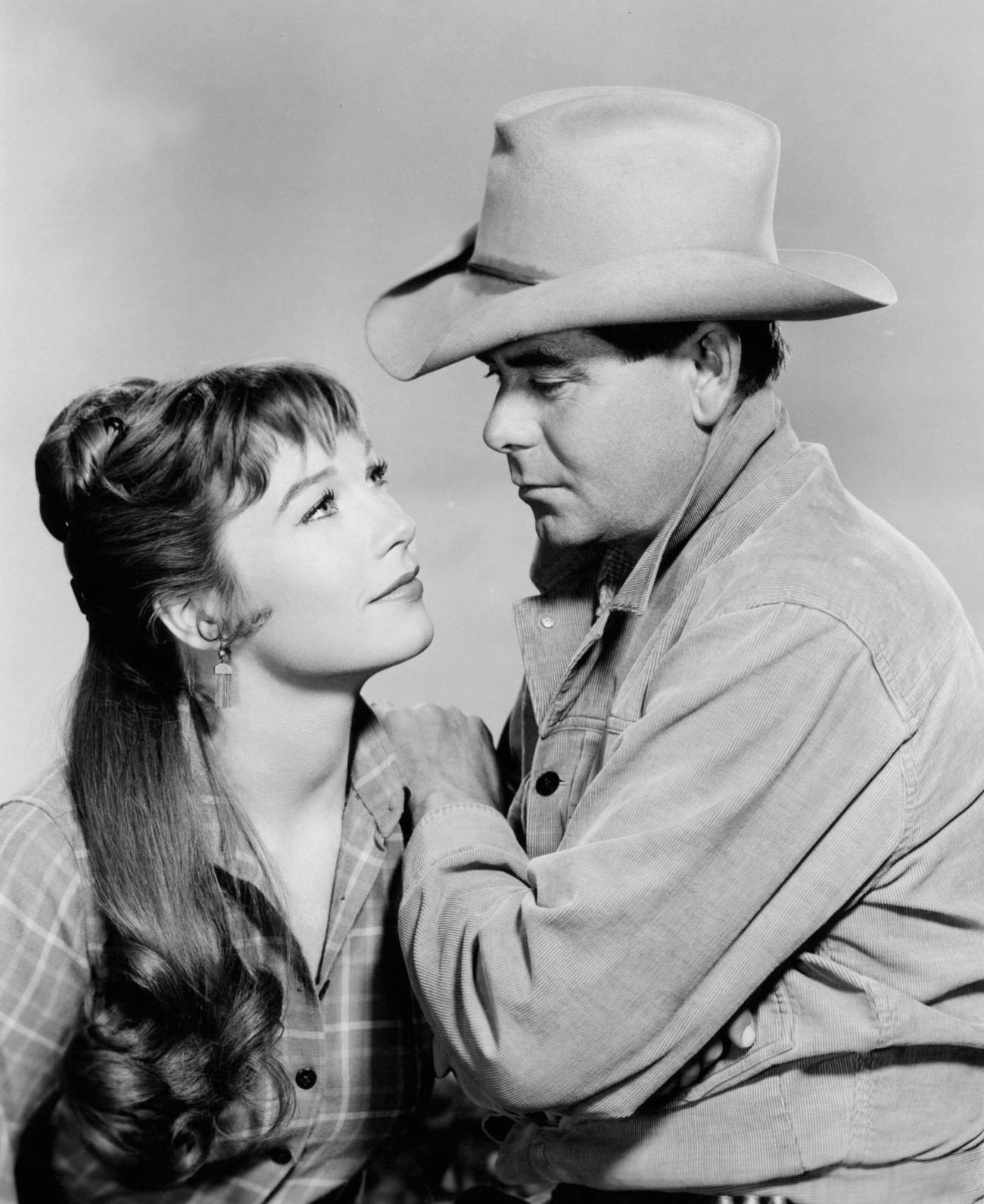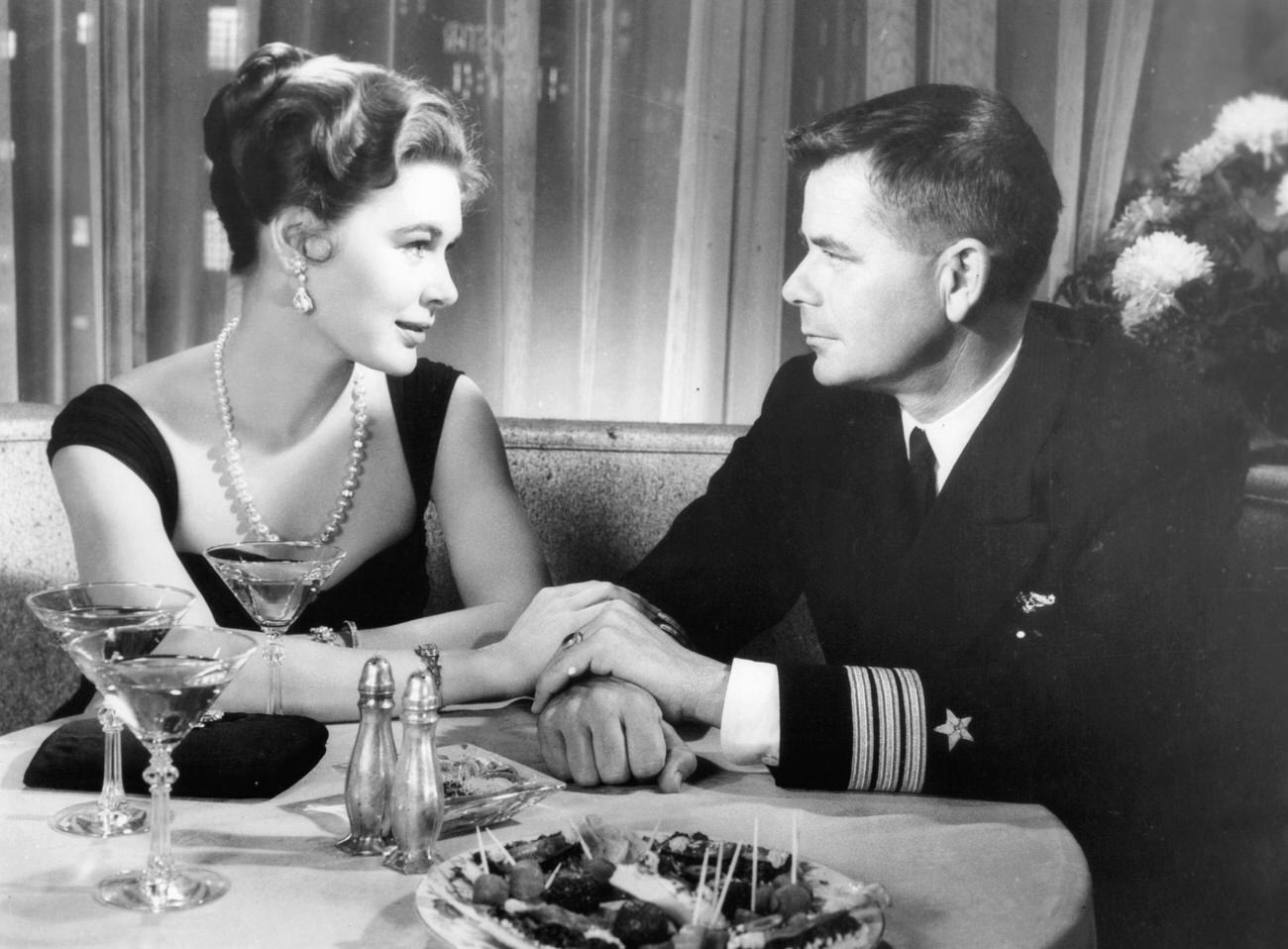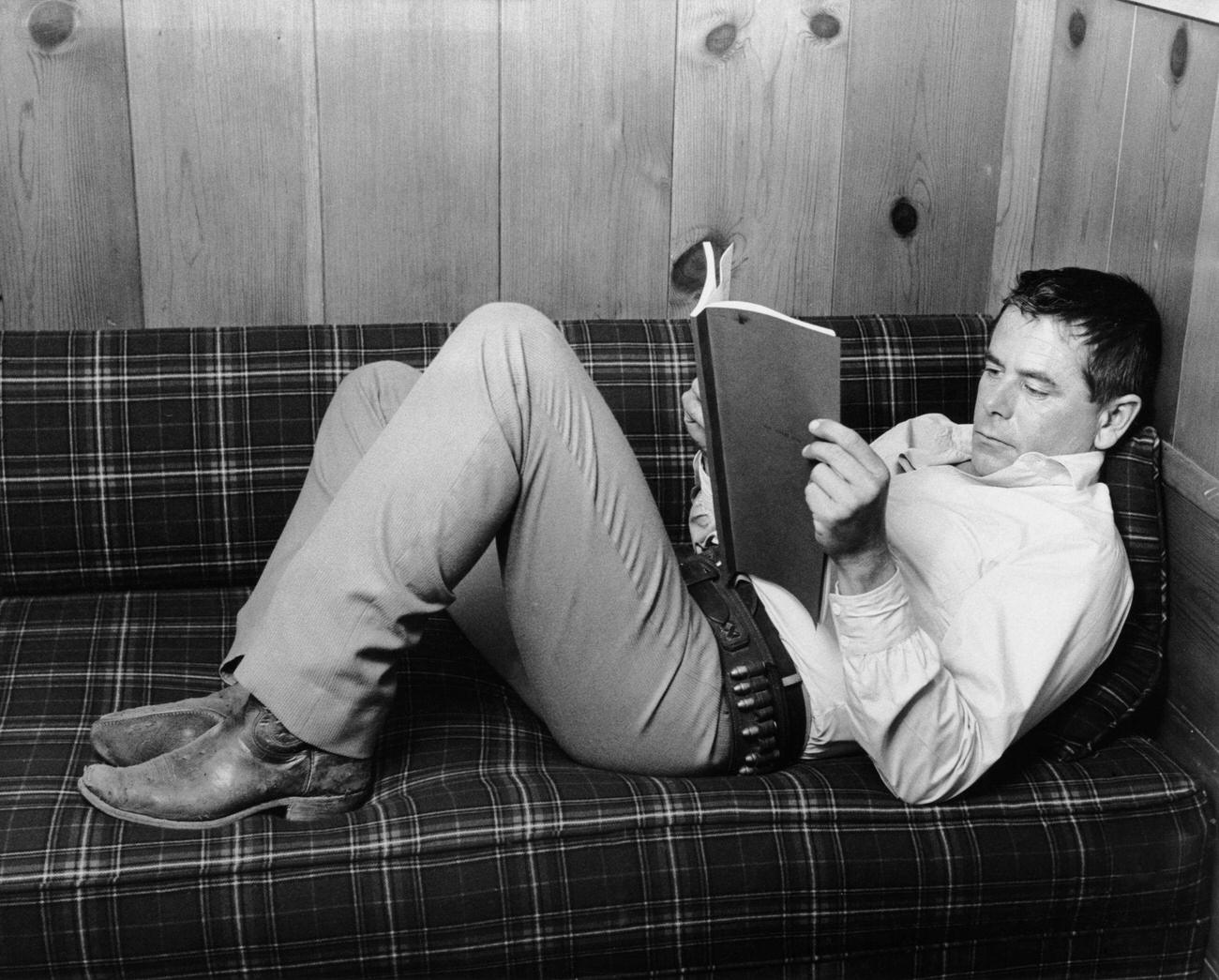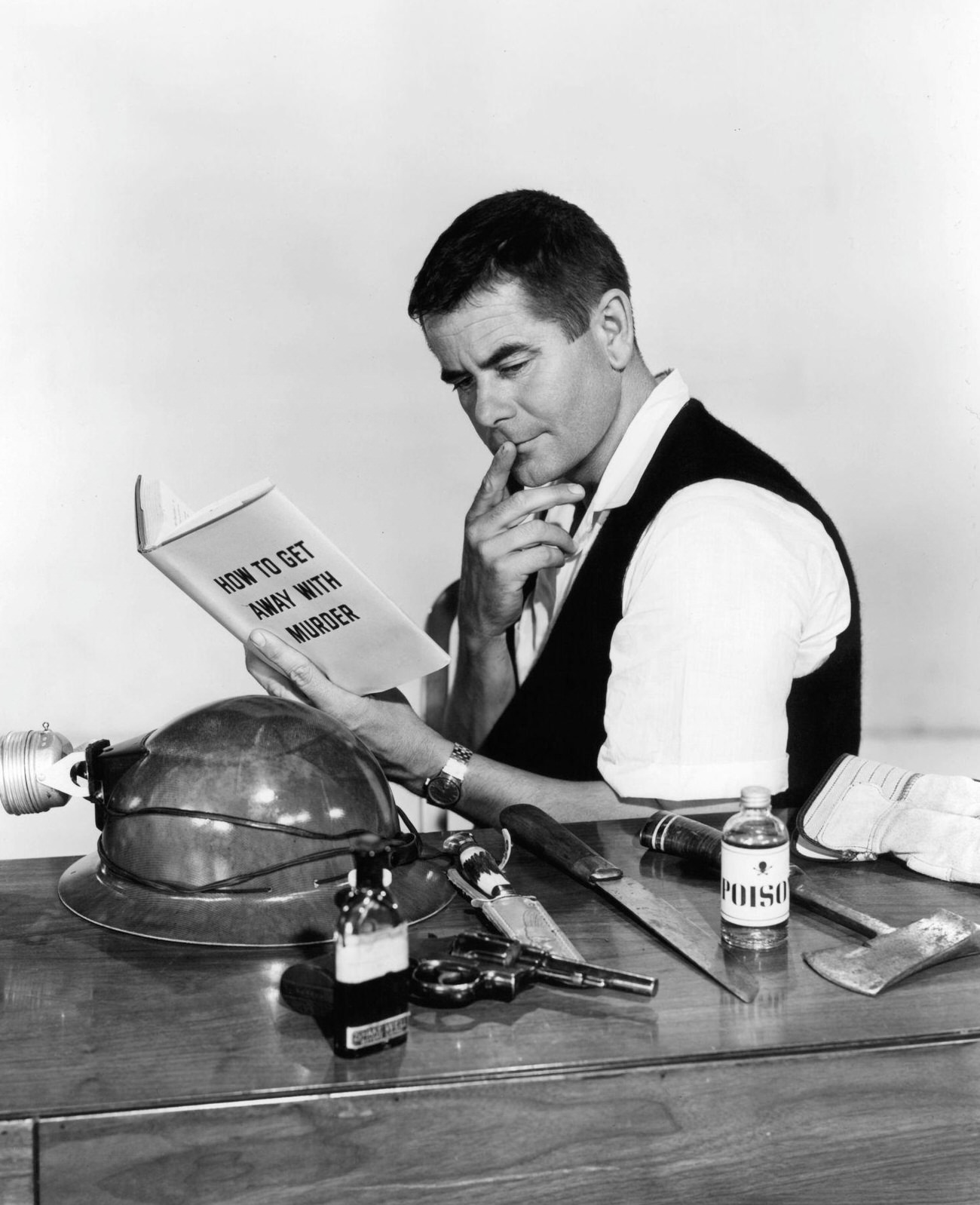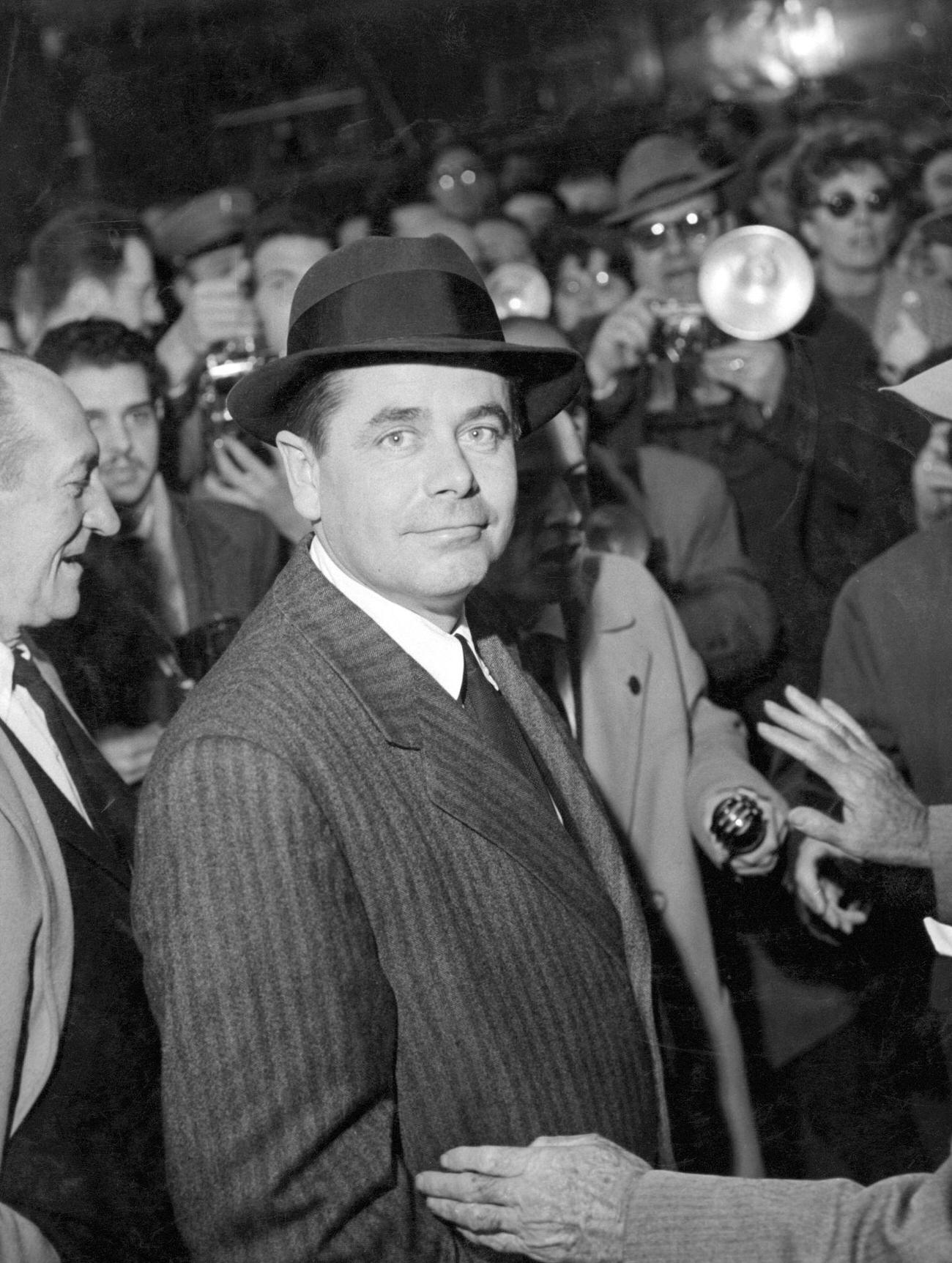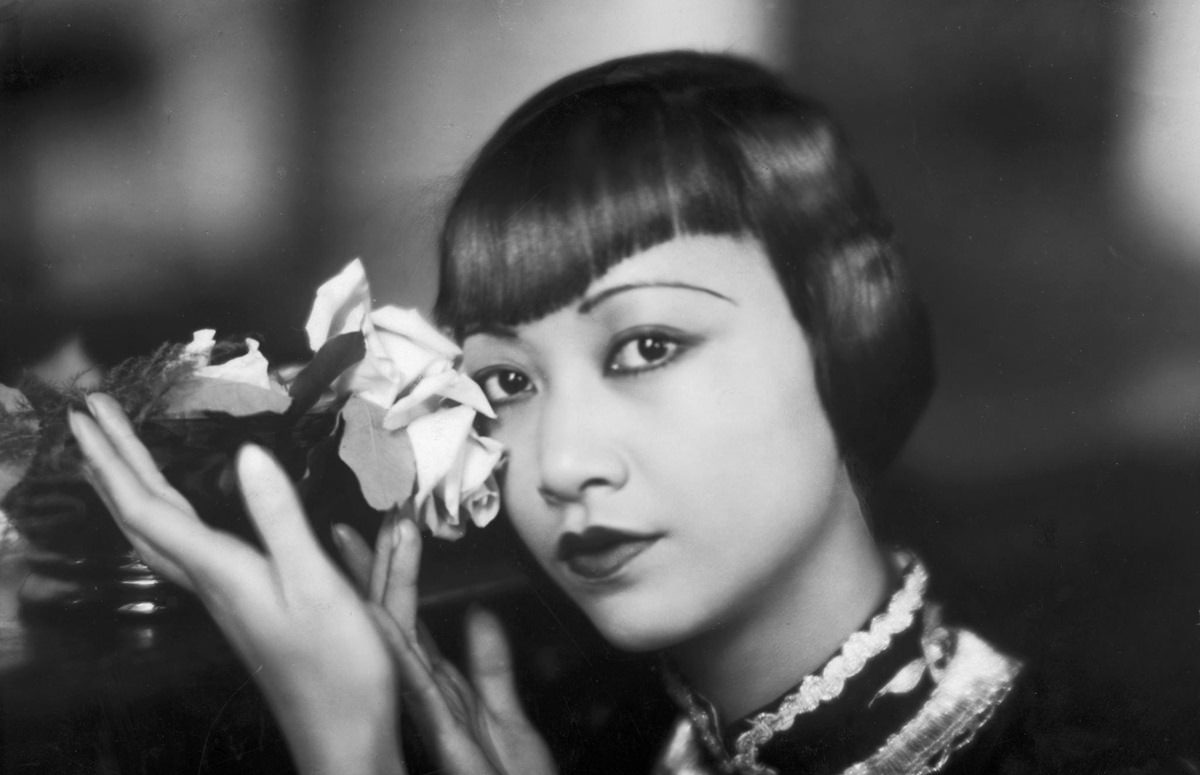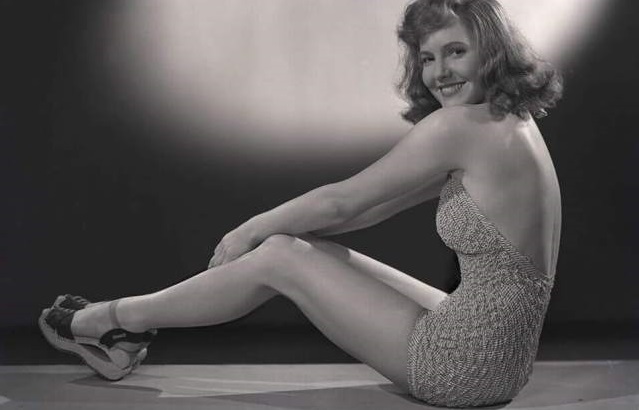Glenn Ford’s journey to becoming a cherished figure in classic Hollywood cinema began on May 1, 1916, in Sainte-Christine-d’Auvergne, Quebec, Canada. Born Gwyllyn Samuel Newton Ford, he would grow up to capture the essence of both the everyman and the hero, making his mark in the golden age of film.
Early Beginnings
Ford’s early years were transcontinental. His family moved to Santa Monica, California, when he was just eight years old. The allure of Hollywood was a stone’s throw away from the young Gwyllyn, and it wasn’t long before the magic of the movies began to captivate him. As a student at Santa Monica High School, he was active in local theater productions, which laid the foundation for his acting career.
Despite the struggles of the Great Depression, Ford’s passion for acting never wavered. He honed his craft by participating in small plays and gradually started to build a presence on the stage. His dedication to the craft of acting during these formative years would serve him well, providing a strong base for his later successes in the unpredictable world of Hollywood.
Stepping into the Spotlight
Ford’s transition from stage to screen wasn’t instantaneous. He took the time to learn the ropes, understanding the nuances that differentiated a film performance from one in the theater. His perseverance paid off when he made his Hollywood debut in 1937 with “Night in Manhattan,” an uncredited role, but a start nonetheless.
Ford’s breakthrough came with his first major film, “Heaven with a Barbed Wire Fence” (1939), where he played a young, ambitious man on a cross-country trip to buy a farm in Arizona. It was a fitting role for Ford, whose own life reflected a sense of adventure and pursuit of the American dream.
The War Years and Beyond
As Ford’s career began to blossom, so too did his sense of duty. During World War II, he interrupted his budding film career to serve in the United States Marine Corps, a decision that spoke to the character of the man behind the growing list of roles. This period of service would not only define his character off-screen but also enrich his performances with an added depth and authenticity.
Returning from the war, Ford’s career accelerated. He picked up where he left off, earning leading roles that showcased his range and charm. The post-war era saw Ford establishing himself as a versatile actor, adept in both dramas and westerns, genres that he would become well-known for.


